The Future of Social Networks (An Optimistic Take)
This is the essay version of a talk I gave at Webdirections in Sydney on 29 November, 2024. See other things I'm up to at arbiter.space ->
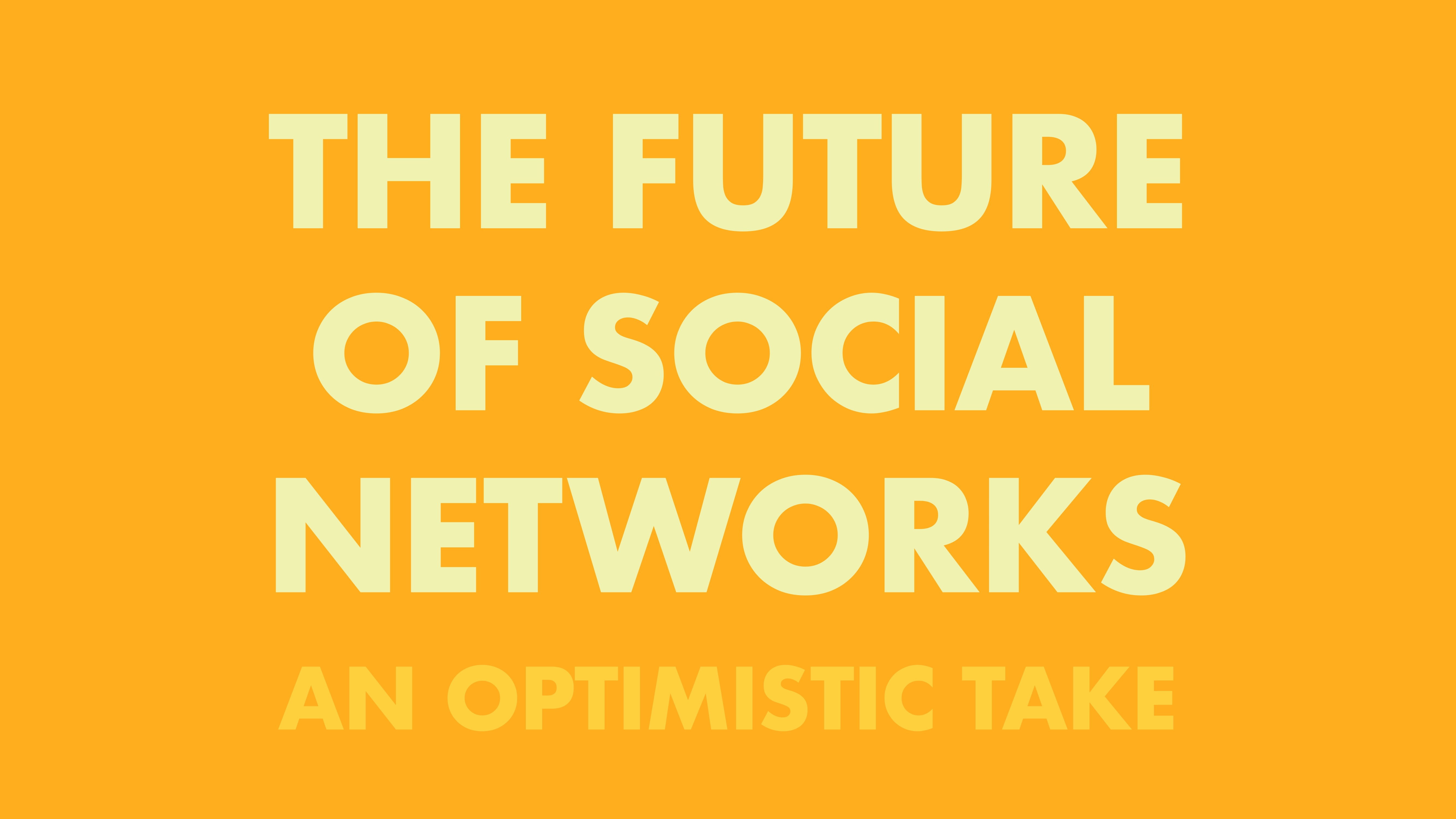
Let's start with this loaded word. Optimistic. I'm not a fan of empty optimism. I'm not going to tell you that I'm happy with what Twitter did before Elon Musk, or that I think X is salvageable. I'm not here to say I think the tech companies have done a good job with social media or that I think things are going to be smooth sailing. I don't.
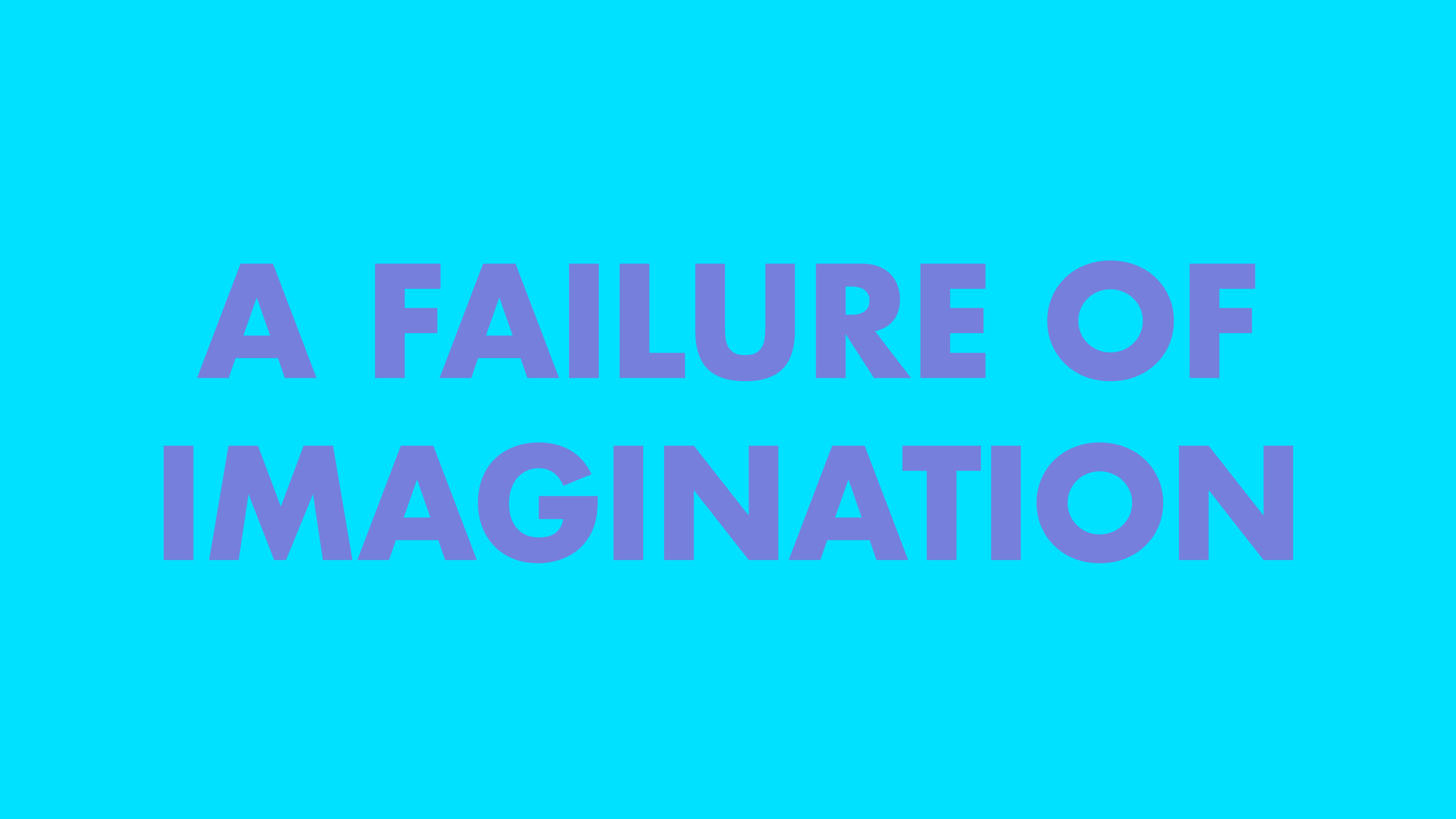
Instead, I'm going to talk about a failure of imagination, where I think we've all fallen short in dreaming up what social media can be. There are big new features being developed and shipped right now, but they're still under the mainstream radar. But it's clear they'll make a big difference soon. So this is a talk where I'm going to pull together a bunch of stuff that I know is shippable and ready because I've been reading up on these features and talking to the people proposing these new ideas.
So before we get there, I'm going to have to do two metaphors to get things rolling. Number one, roads and cars.
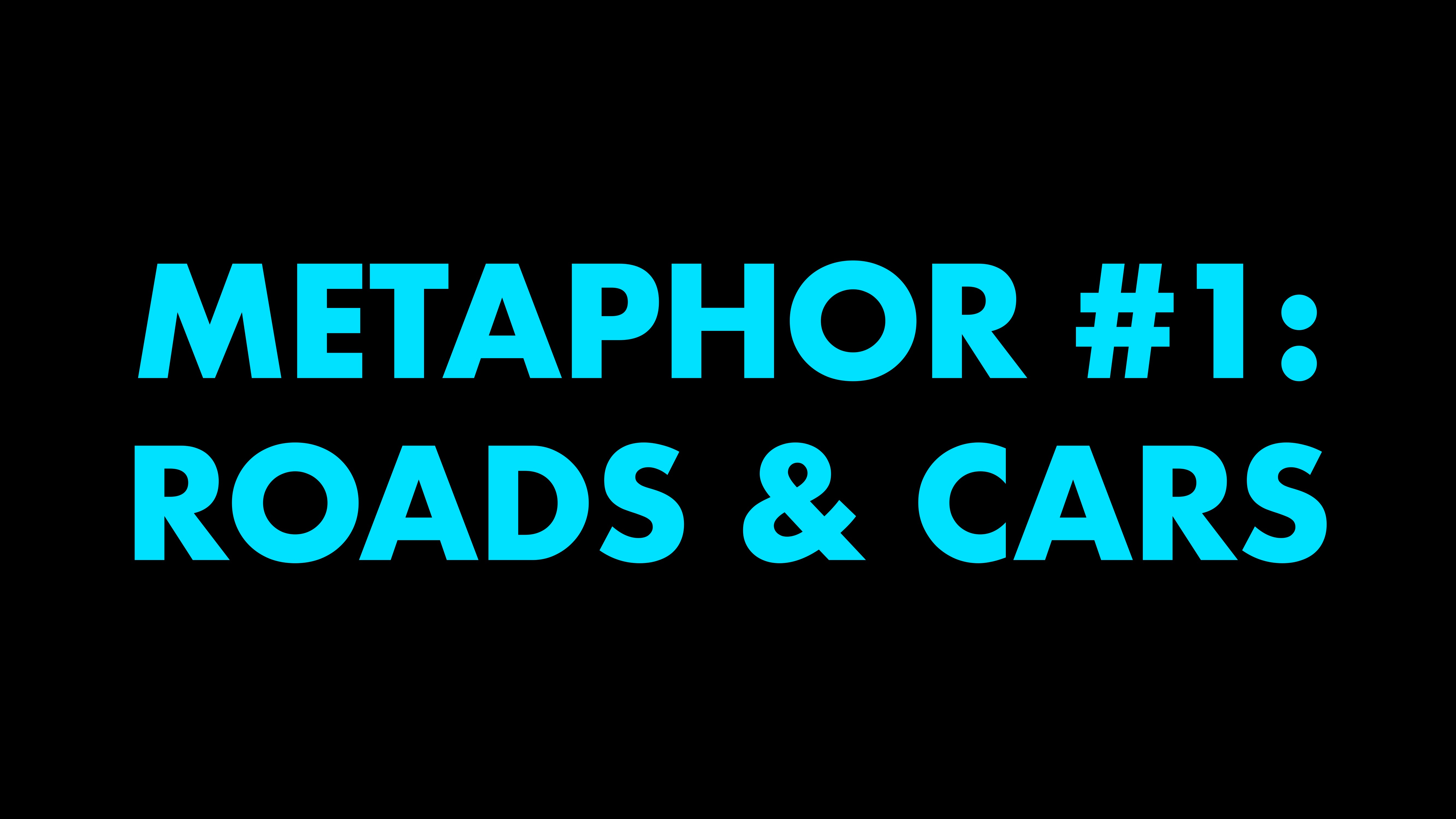
When you make a platform like Twitter, you only put Twitter clients on it. For example, you wouldn't expect to see a Facebook post on Twitter. If you want to see Facebook posts, you go to Facebook. So that's how we end up with roads only designed for certain types of cars.
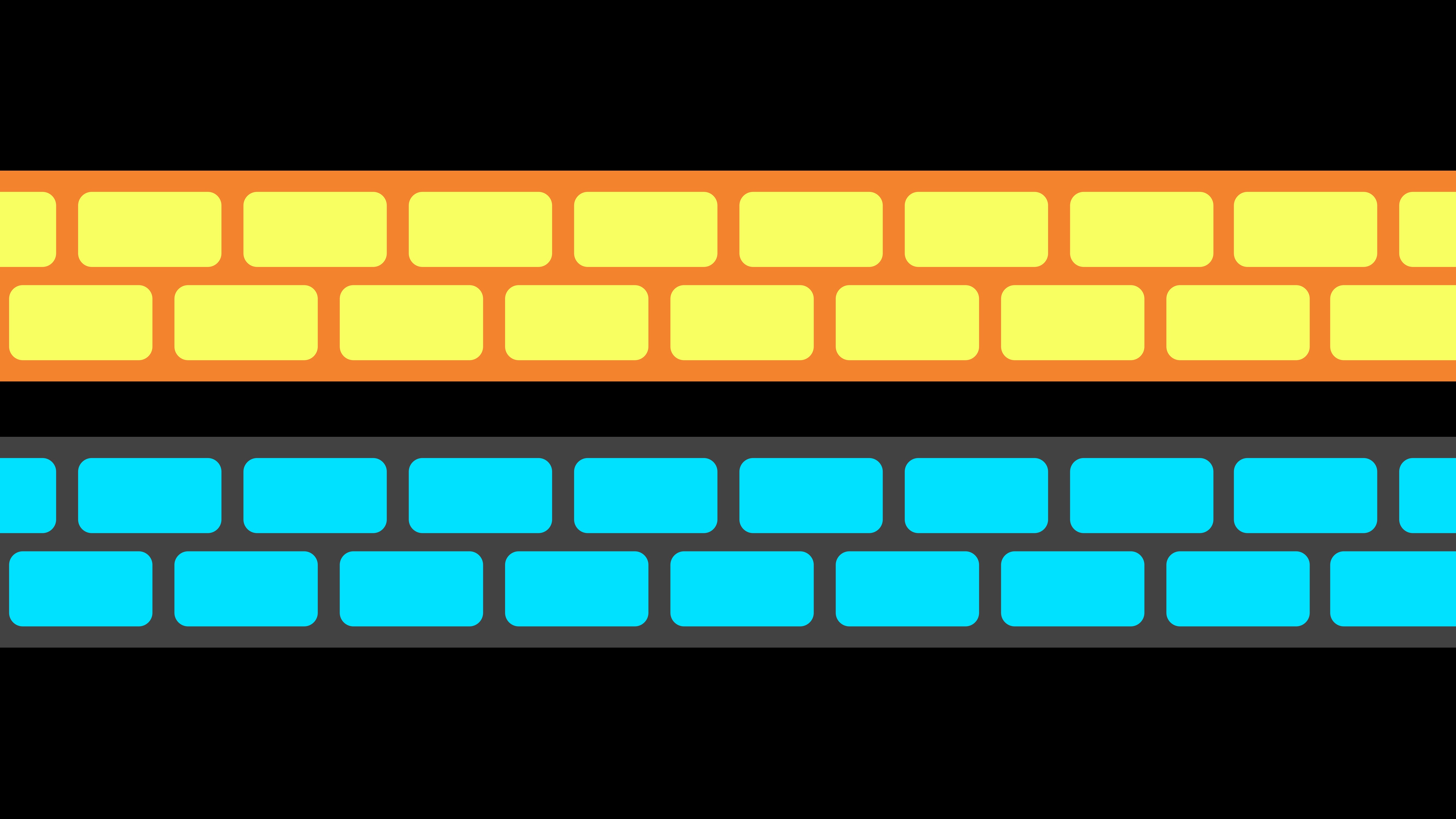
But things like email don't work that way. Email is an open road, where I can send you an email with Gmail and you can receive it with Outlook and someone else can see it on the Mail.app from Apple. This is great.
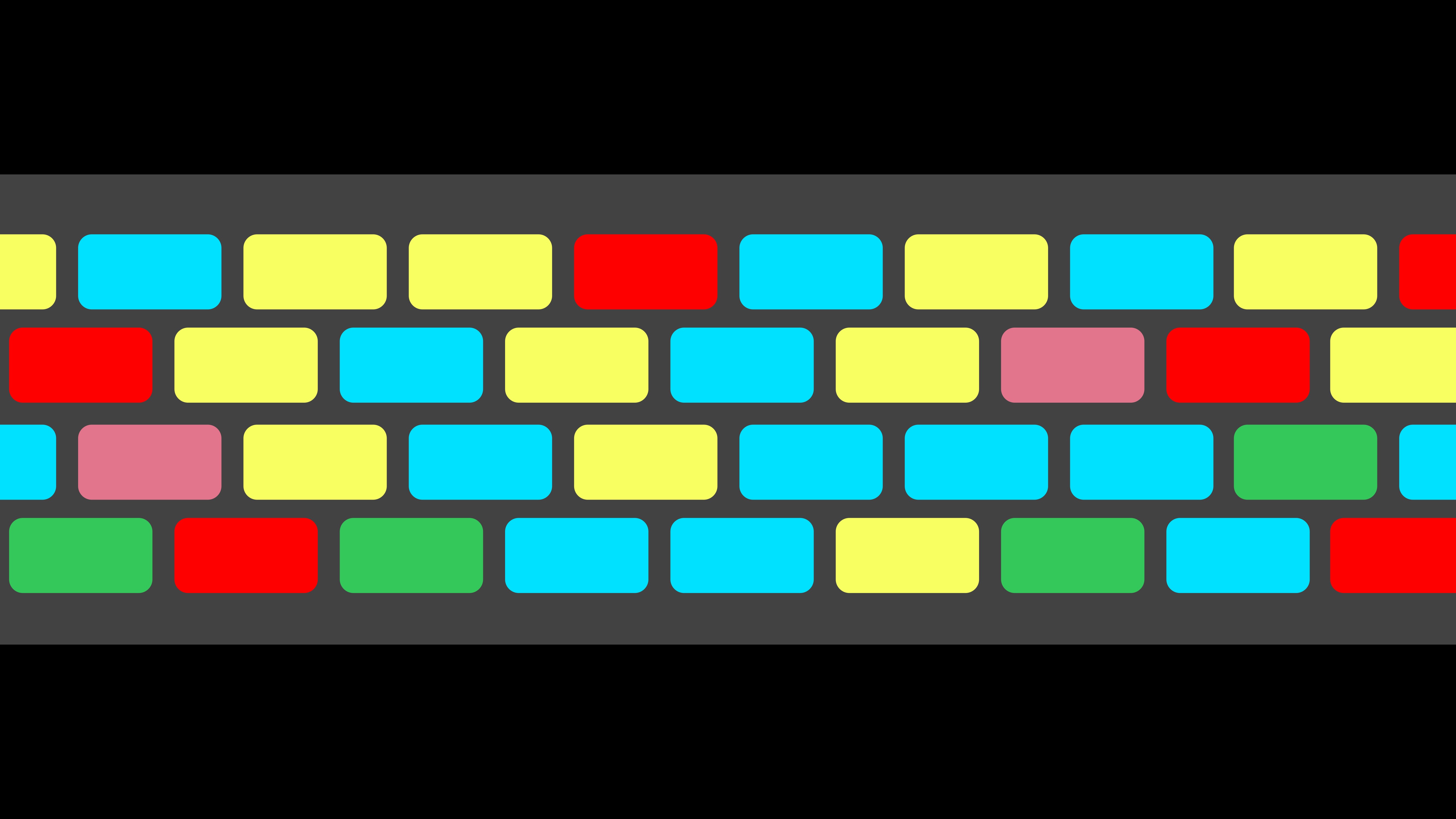
And that's that the Fediverse is all about. It's this idea that you can make basically a Twitter clone, separate from my Twitter clone, and we can see each other's posts, just like email. This is already happening with Mastodon, which I'm sure many have heard of, as well as Threads, the product from Meta. Not everyone knows this, but Mastodon and Threads are both on the Fediverse, which has big implications.
(Shout-out to Bluesky, which is not technically part of the Fediverse, but has a lot of the same ideas and goals. In this essay I'm going to talk a lot about the Fediverse, but I'm going to use that as a catch-all term for "decentralized social media." In fact, many of the ideas I'm about to talk about have shipped on Bluesky first. Hurray for Bluesky!)
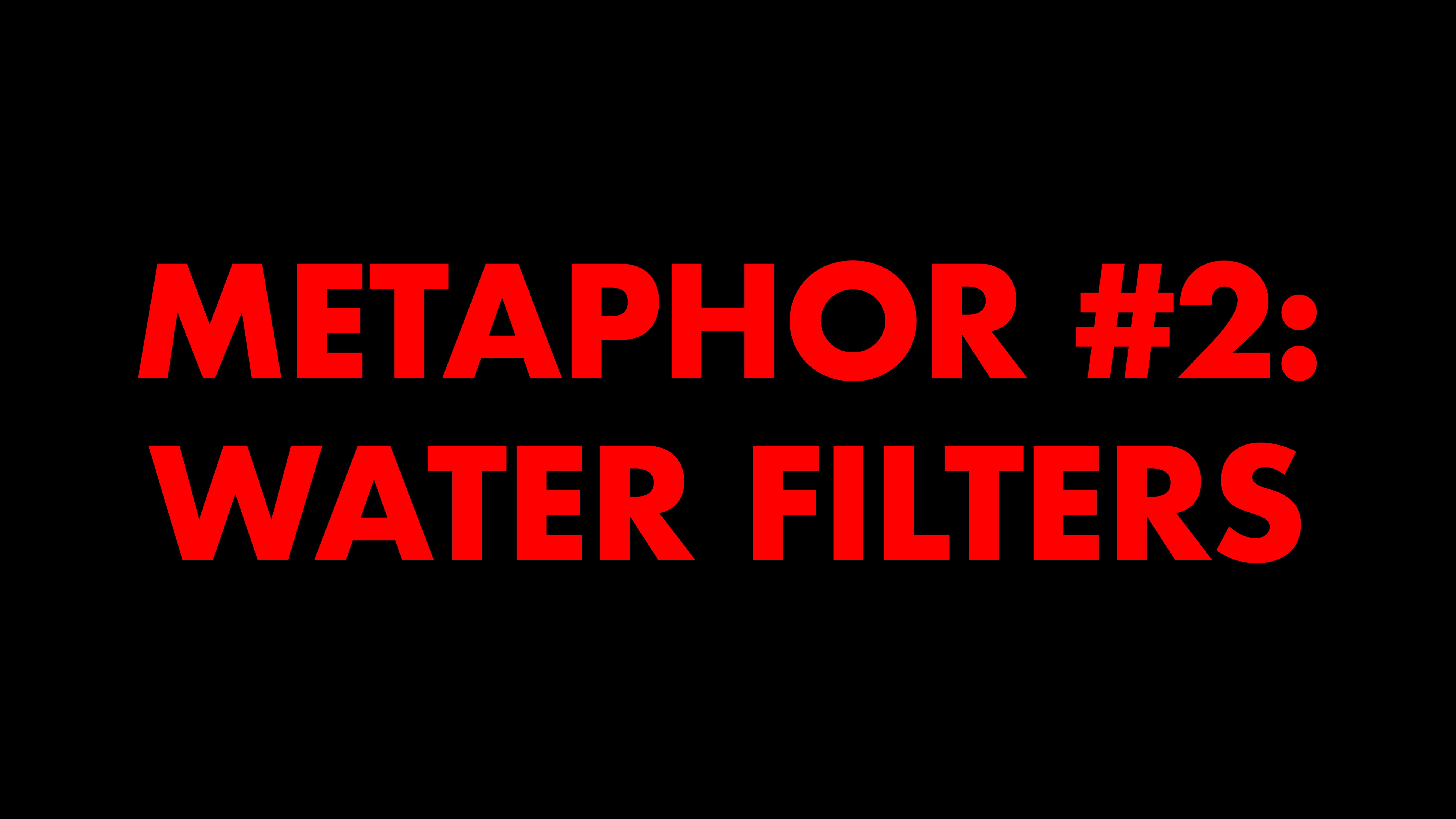
Metaphor number two is water filters, a great metaphor for thinking about bad information and how to solve for it. A long time ago, people were dying from polluted water. Before we realized what was wrong, and that it was caused by cholera, we just threw our hands up and said, "we don't know what's wrong. It most just be bad air or something. Miasma." Which is similar to the defeatist way people talk about the toxic internet. "It's just bad. What can you do?"
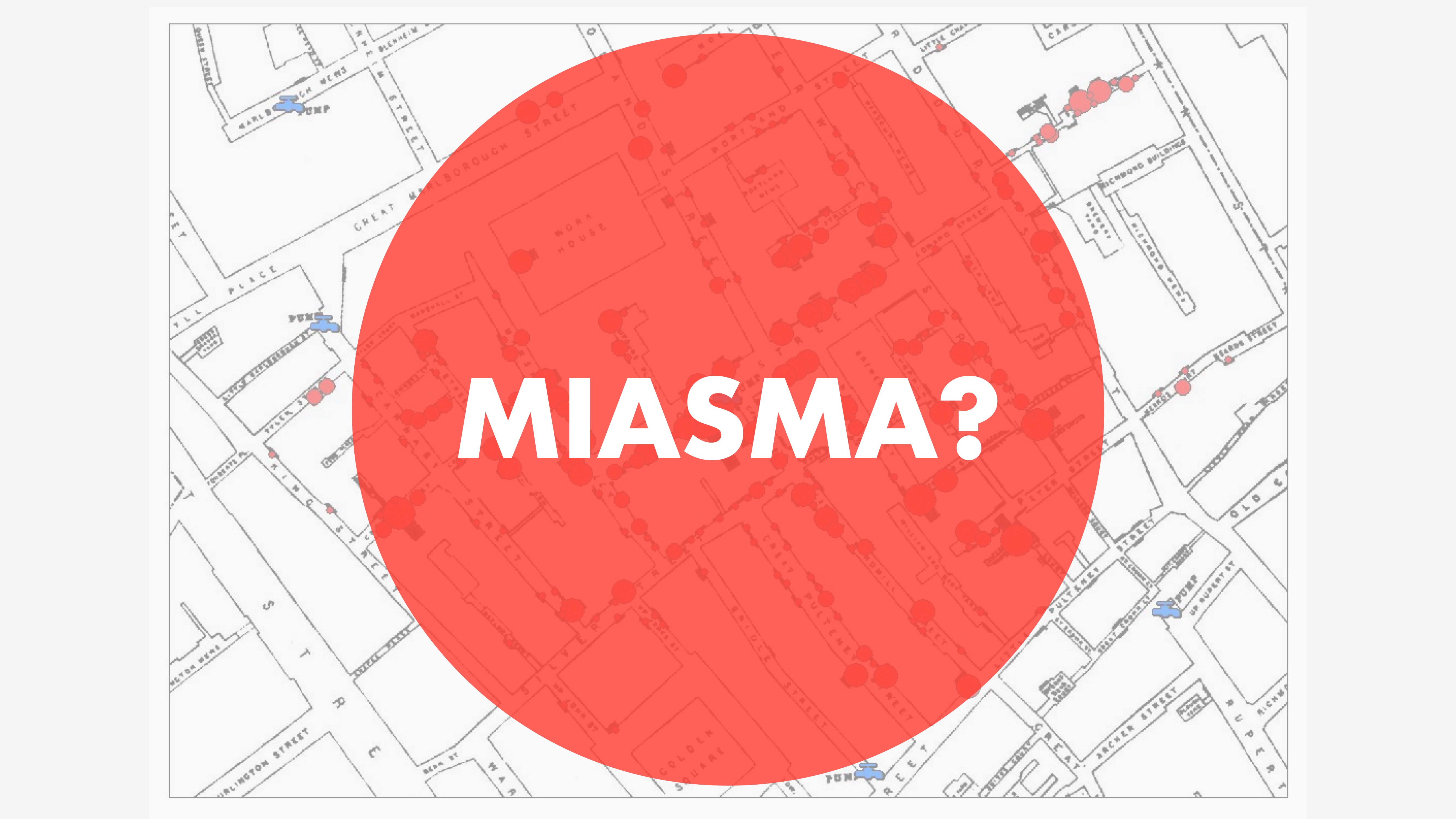
But that's not scientific! Once we realized where the problem was, we could filter the water, and people got healthier. That's a really good metaphor for how information is affecting people. You can absorb good information and enrich yourself as a person, but you can absorb bad information and become radicalized and things can go bad.
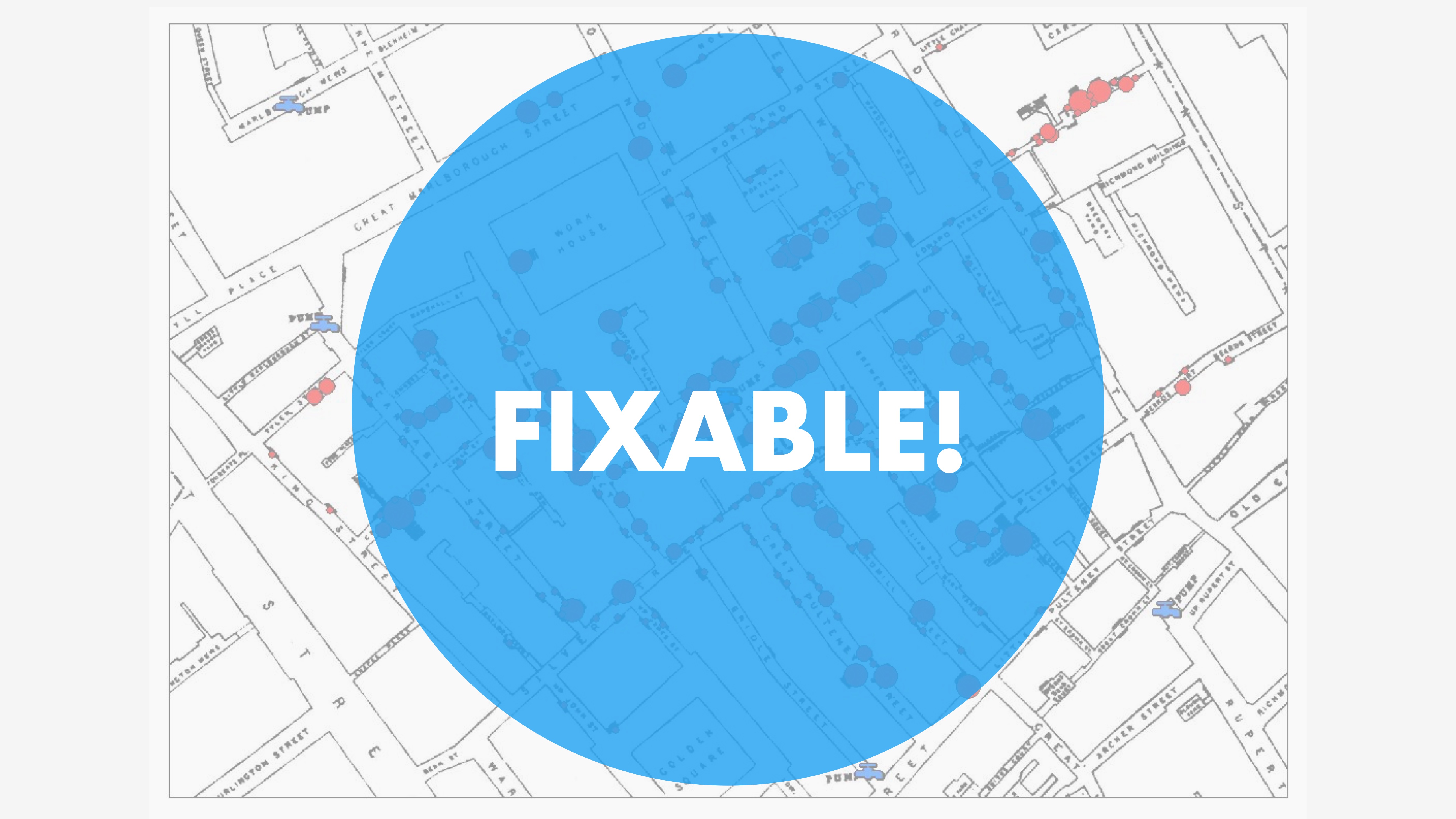
The solution is to stop shrugging and saying "that's the internet, what can you do?" but instead realize that these things are fixable. You can add filters to make sure less bad information gets to you and to your loved ones. It's just a matter of making better filters, which is possible. I worked at Twitter on the team that was in charge of this stuff, so I've seen the results in a first-hand way. I have receipts.
For example, behold, four slides from an internal Twitter presentation from 2016!
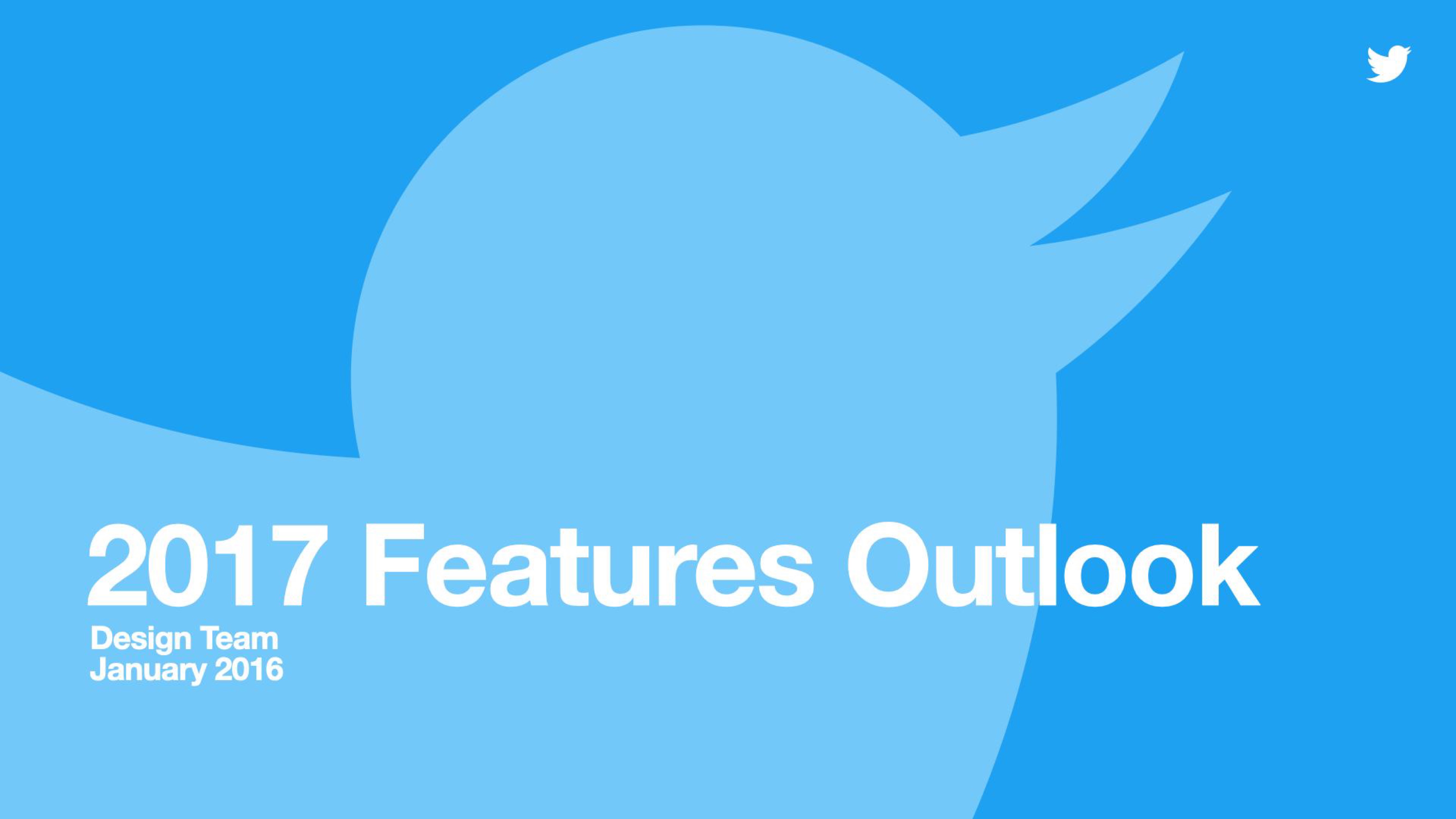
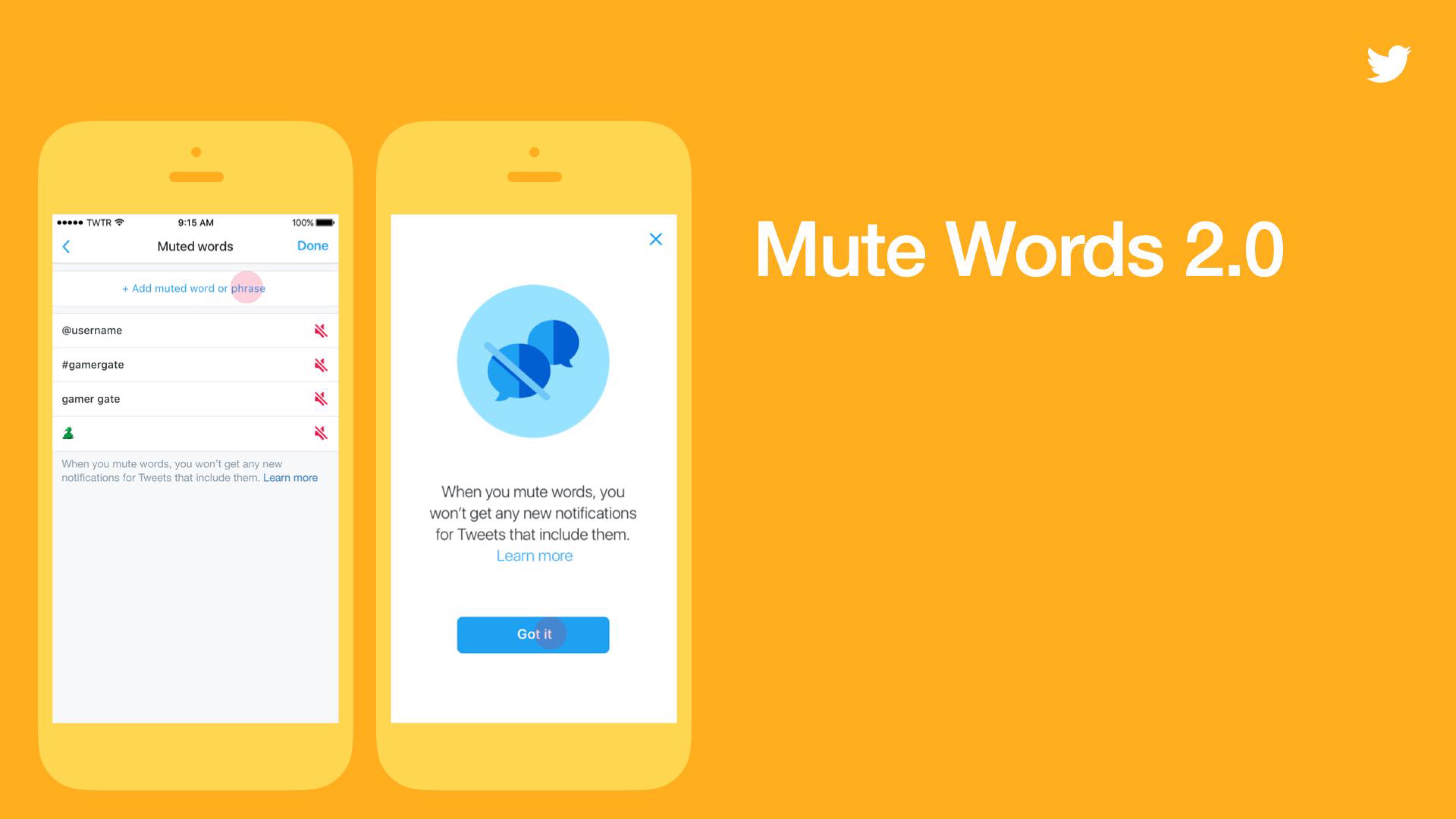
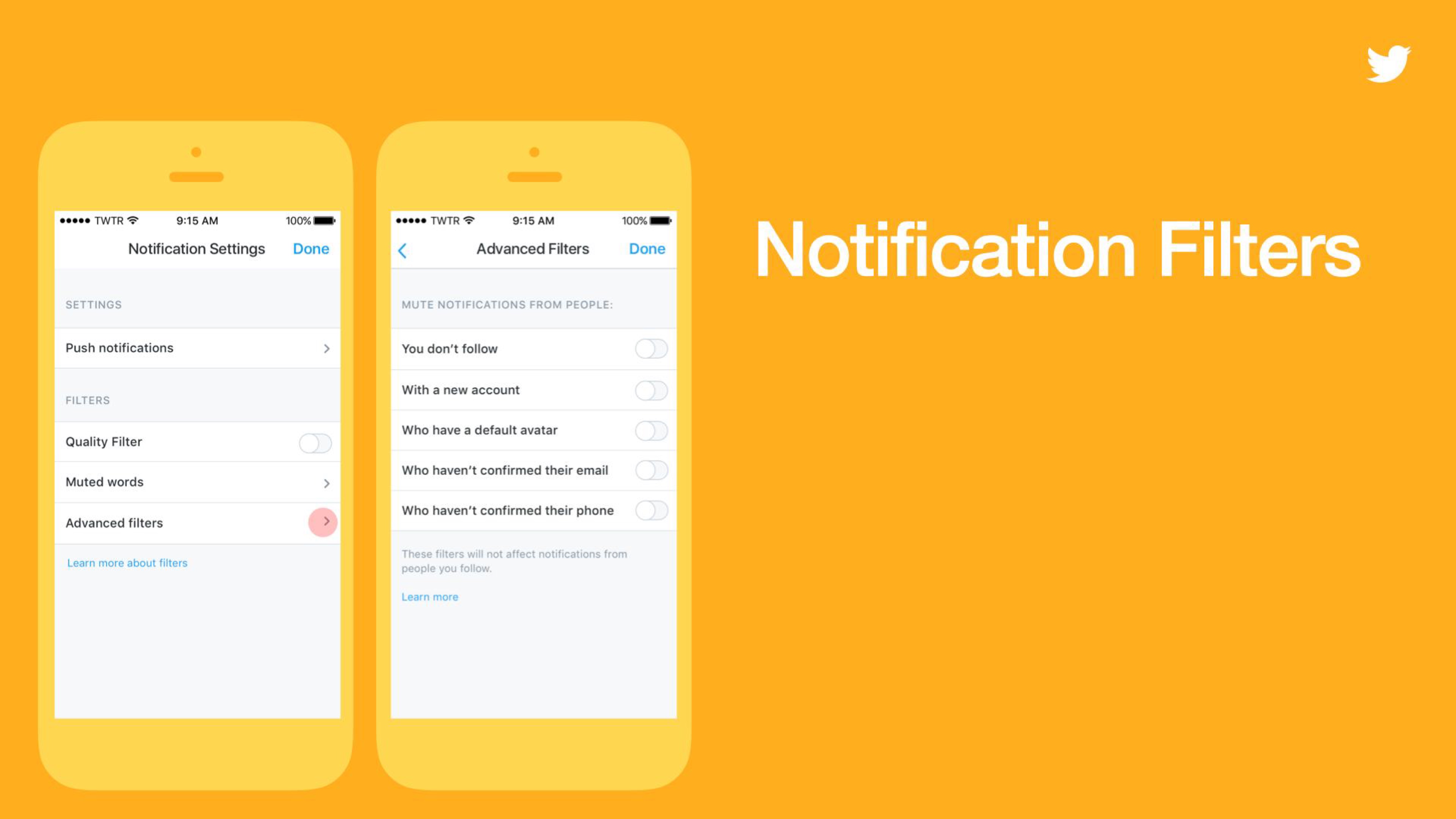
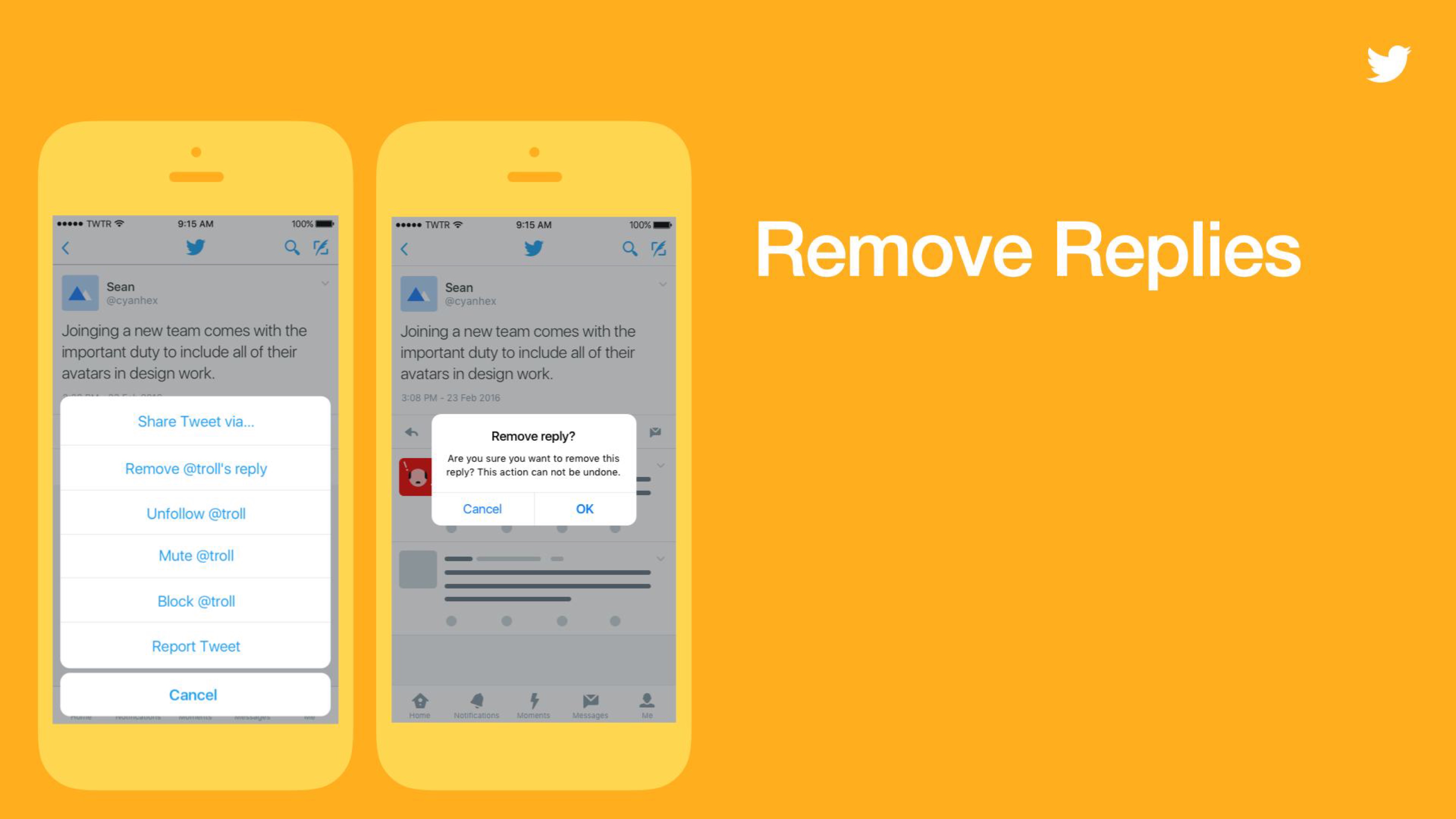
Look what we were shipping back then. Mute words, filter notifications, and remove replies. In all three cases, we were strengthening Twitter's filters, because we were slowly realising that the best stuff doesn't float to the top. Not when you're dealing with sewage. People need filters to get clean water and clean information both.
So this essay is about four areas where we can filter our social media better.
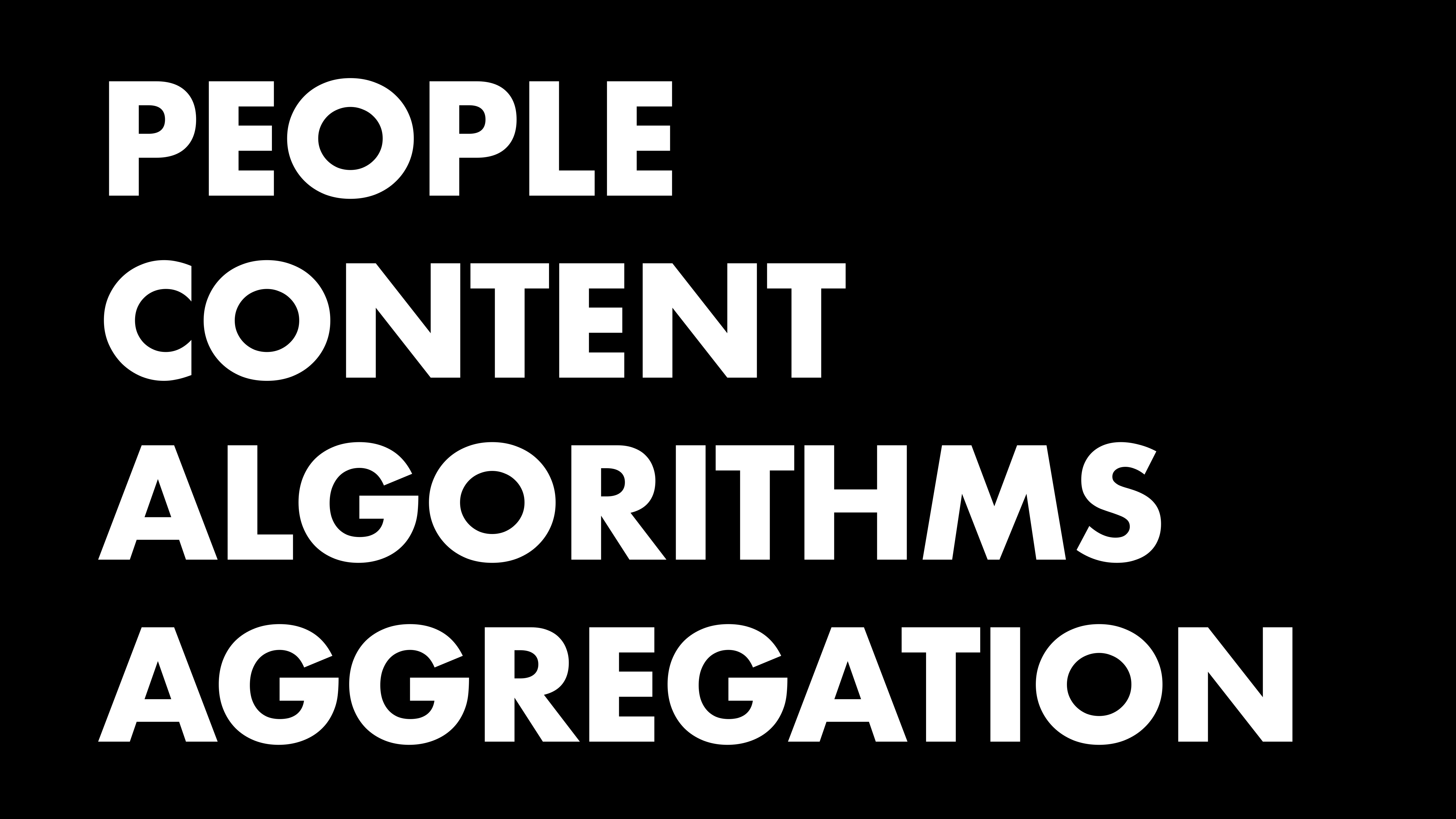
But I want to reiterate that these are not utopian visions that rely on Mark Zuckerberg to turn Meta into a charity, or for people to suddenly care about self-hosting their own Mastodon servers in the Fediverse. These are all ideas that can and will exist, even in our capitalist society, and even with Meta and Google being dominant, even as most people will never learn how to host their own website, nor should they have to.
Every one of these features just makes the experience better, which will make social media more engaging, which will increase ad revenues, which means these products will get built. But it'll all be done on decentralised networks, meaning it'll be harder to lock people in. Sounds utopian, right? Let's get into specifics.
The first feature sounds small, but it has big implications: in the future, you'll be able to search people's social media profiles. Today most apps don't return very helpful information. For example, this is how it looks if I search for "ex-Twitter" on Threads. The search results are not helpful. (Although Bluesky does already have this obvious feature live and shipping today.)
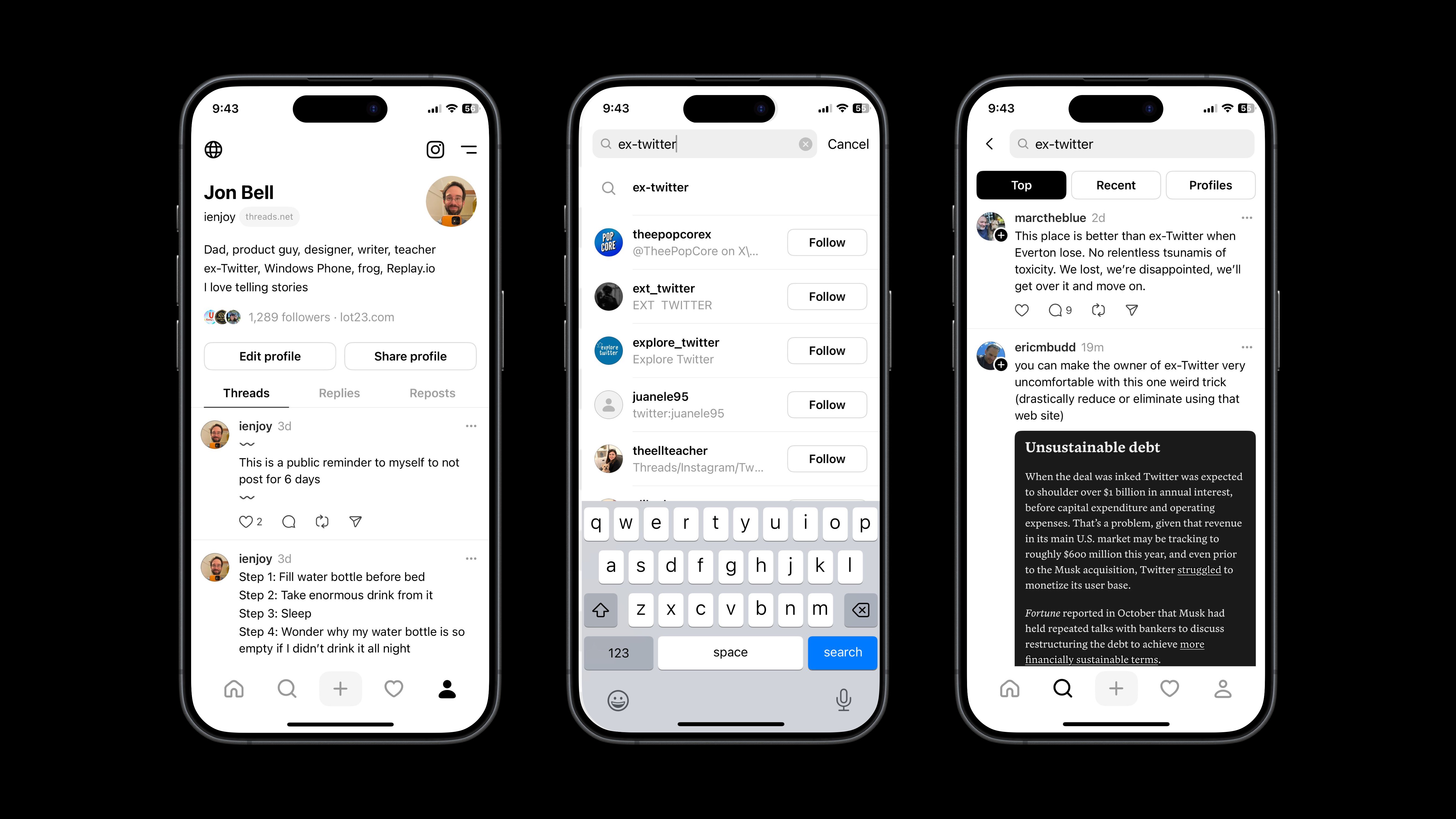
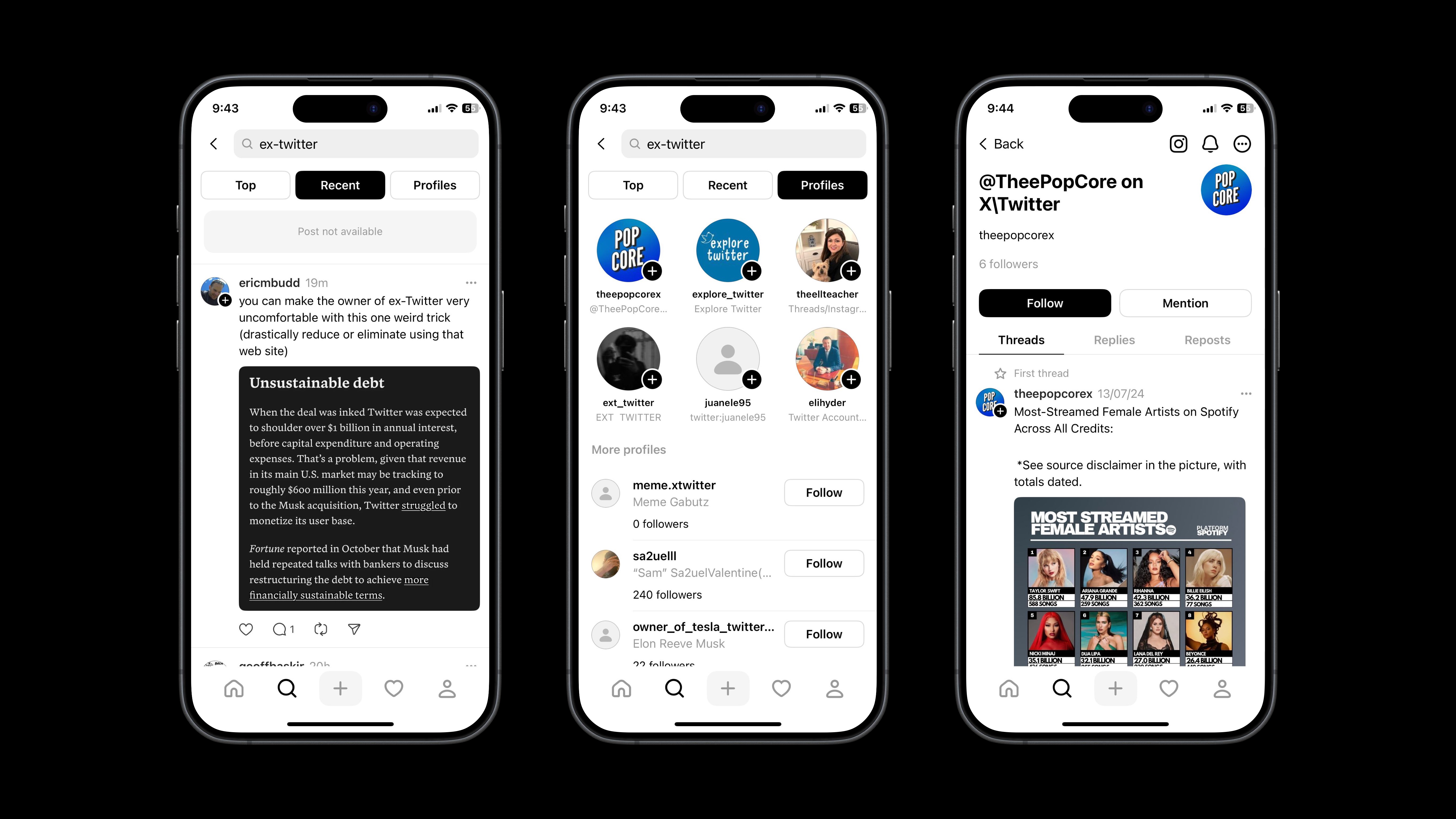
Those 6 screens are awful search results. But the right design is obvious. It should look like the screen on the left, yet we're stuck with the one on the right.
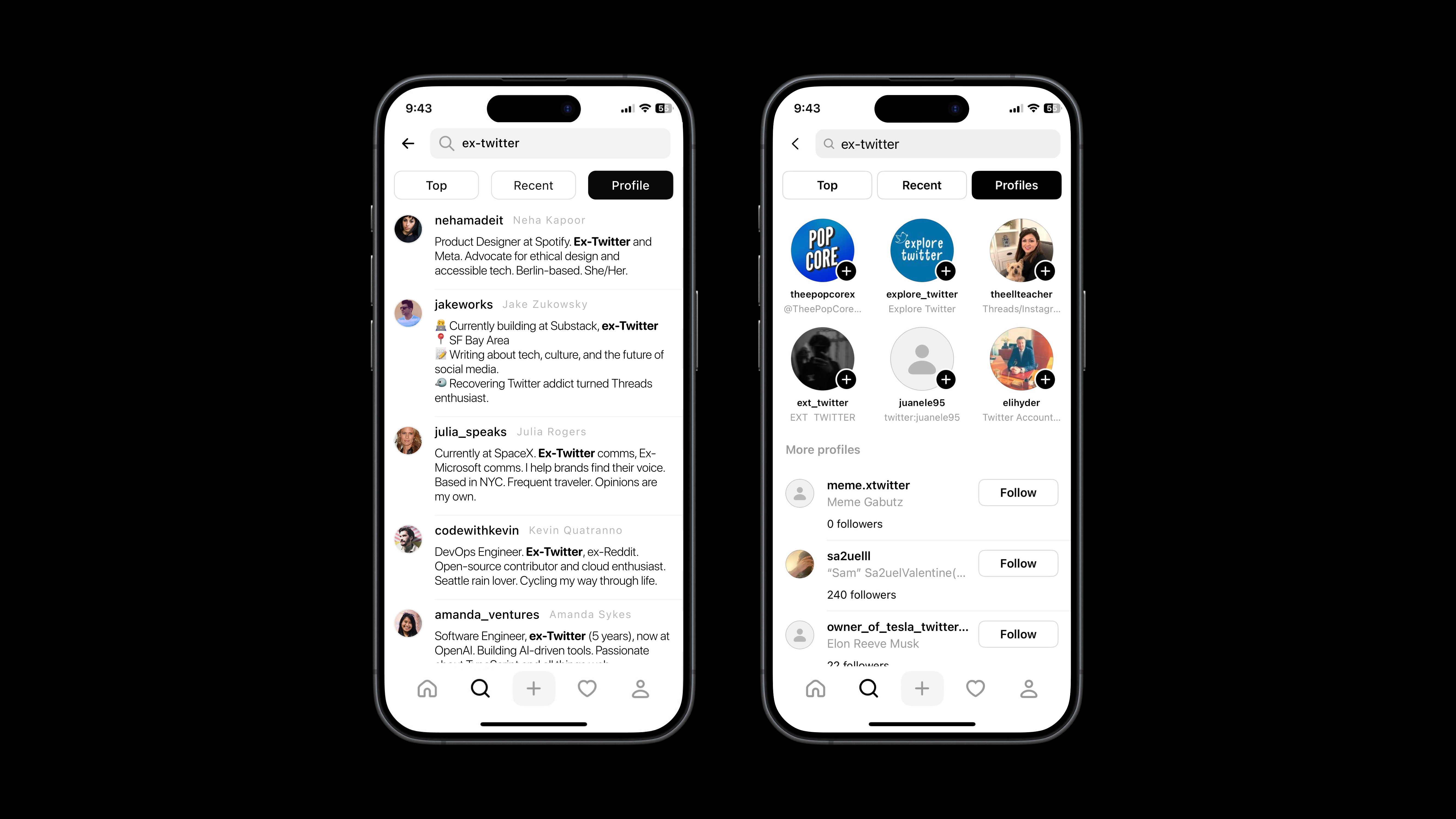
So why didn't this ship? Was it the invisible hand, because somehow it would harm Twitter's bottom line? No. The answer is more boring than that. We just didn't get around to it. Want to look for "artist in Sydney" or "neurodiversity coach" or "writer based in Tokyo?" Sorry, it's just not possible in most apps. Not yet, anyway. You can't search for people on social networks? Sort of silly, right? It's just a failure of imagination, and something that is already starting to get fixed.
What about the reverse? What about blocking based on someone's profile keywords?
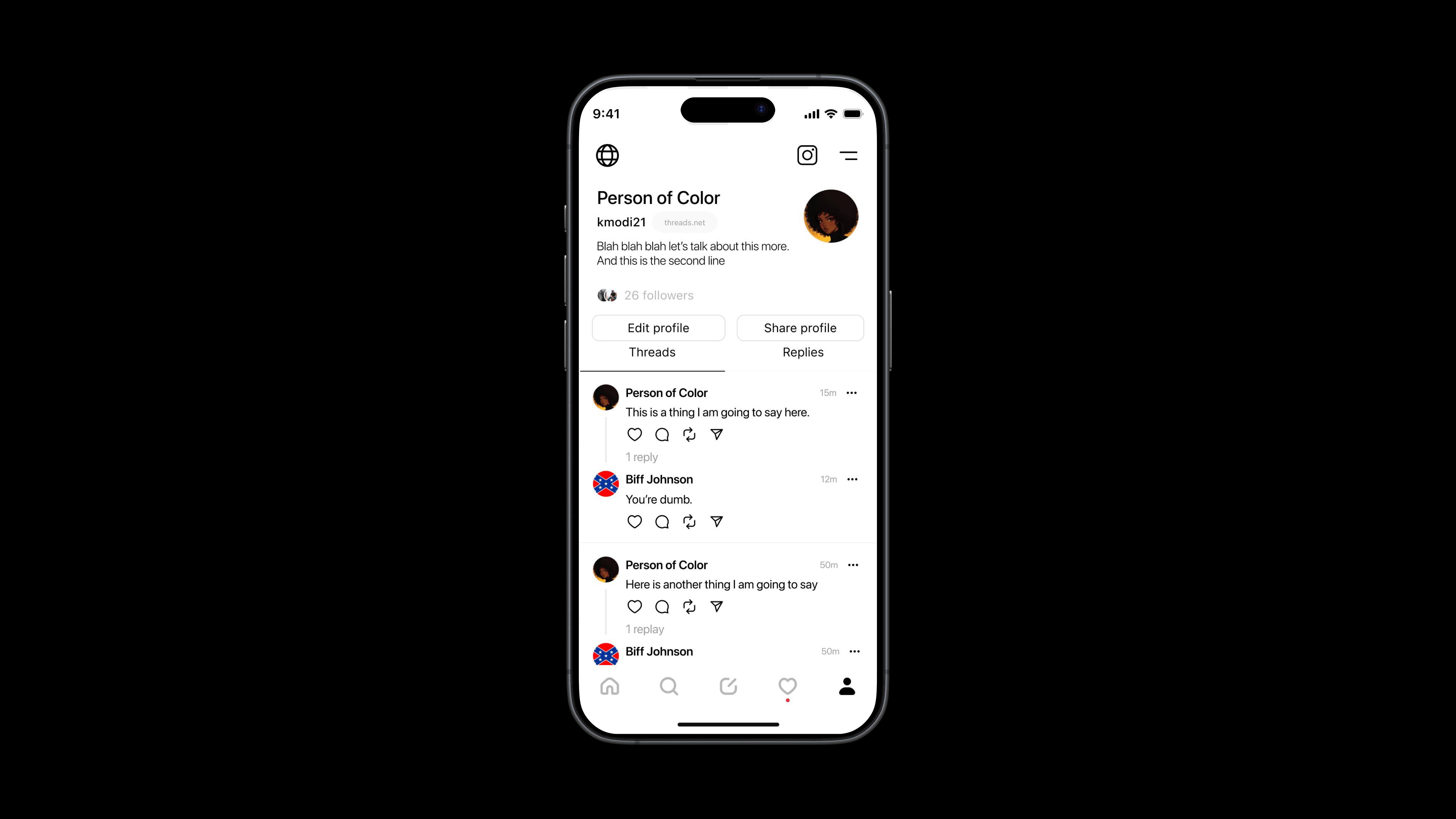
If you're a person of color on the Internet and dealing with abuse, you have been taught to block the haters. But that's not a reasonable solution if someone is having to block ten people a day, 100 people a day, a thousand people a day.
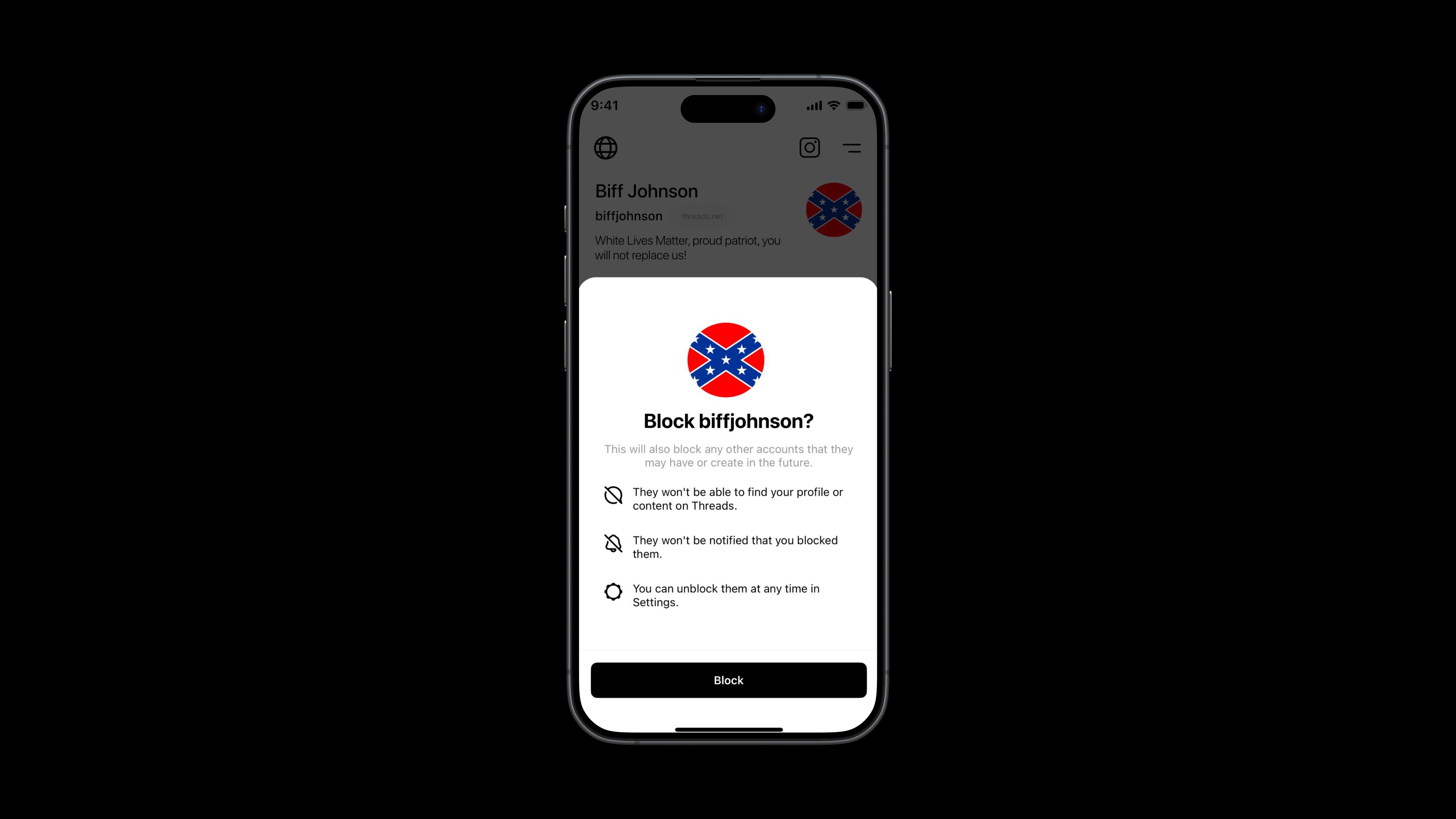
Instead, because it's possible to search by profile, someone should be able to block by things people say in their profile. For example, if somebody says "white lives matter" and I'm a person of color, I should just be able to not see these people, because I know they're not going to try to make an argument with me in good faith. I know that they're there to push an agenda, and I've got more important things to do.
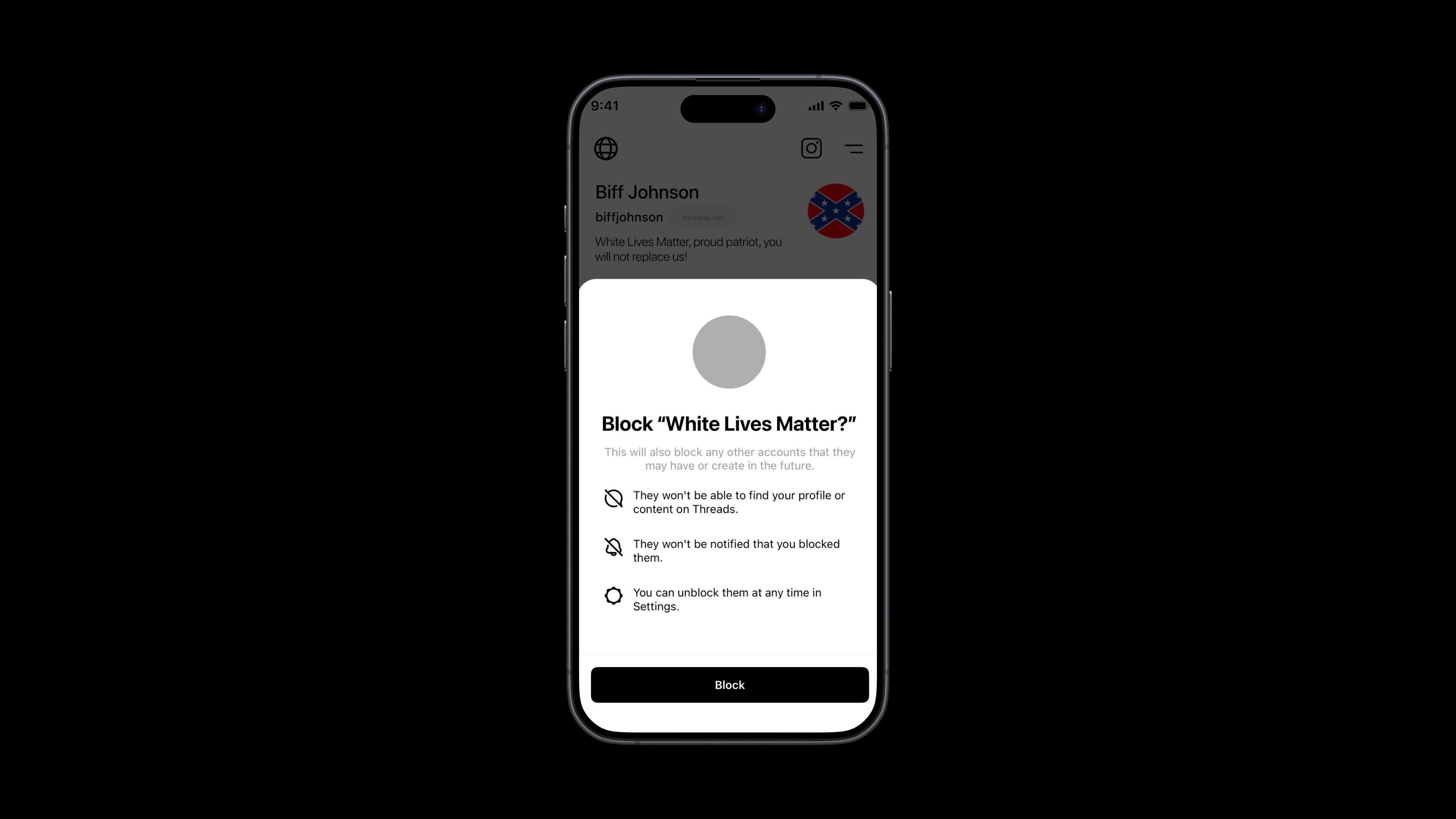
Anyone should be able to, with a tap, remove whole swaths of the population from their social media experience. For example, maybe you're a trans person and you don't want to deal with people that call themselves "proud TERF." One tap. Gone.
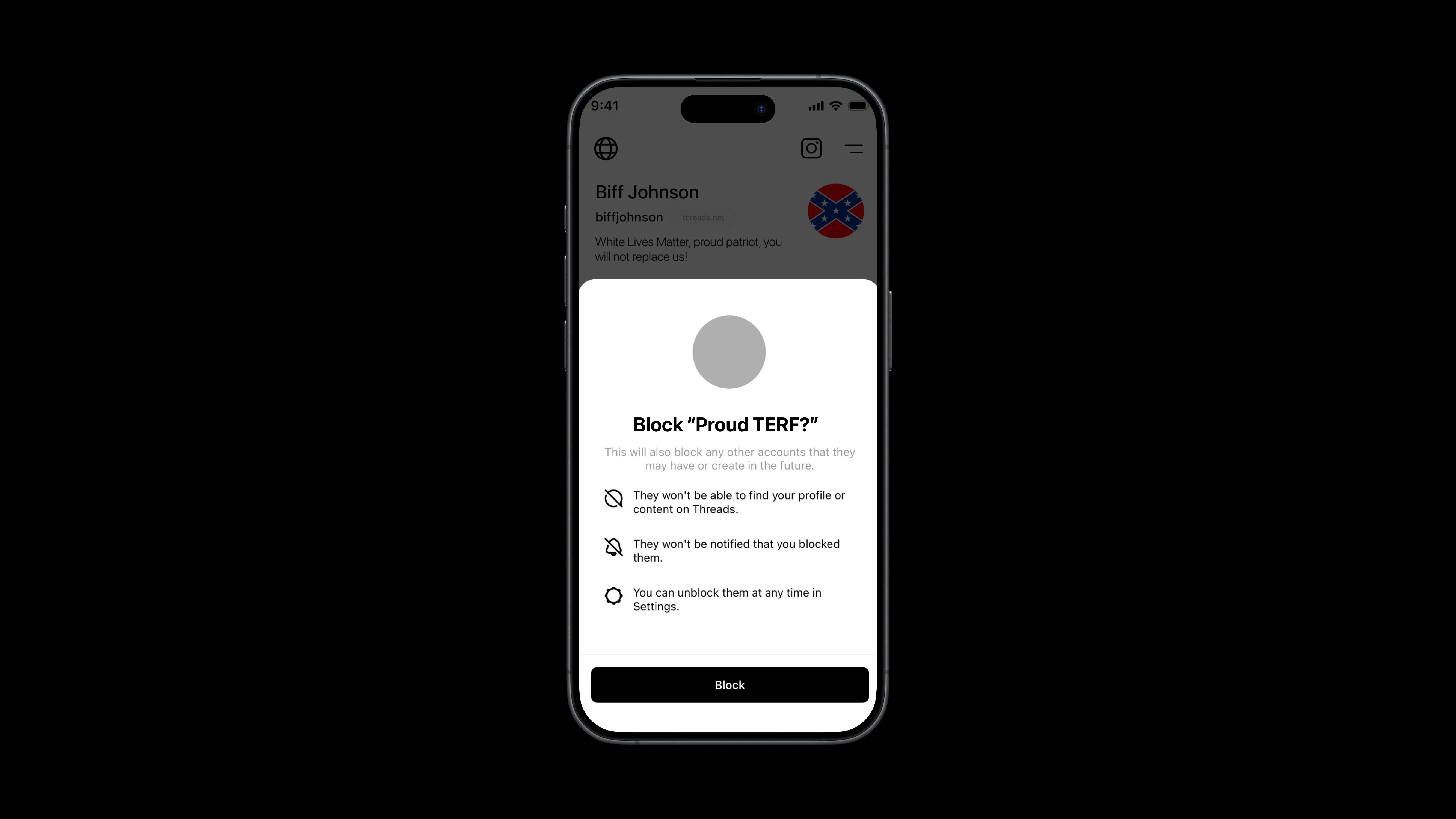
This is an obvious feature. It is a clear need for people who suffer abuse on the Internet, which is to say, everybody other than straight white dudes. So these are really, really important features, ones that aren't hard to ship, and indeed are already starting to ship. And yet those two features along could fundamentally change how we experience social media.
But I'm just getting started. Next let's talk about content.
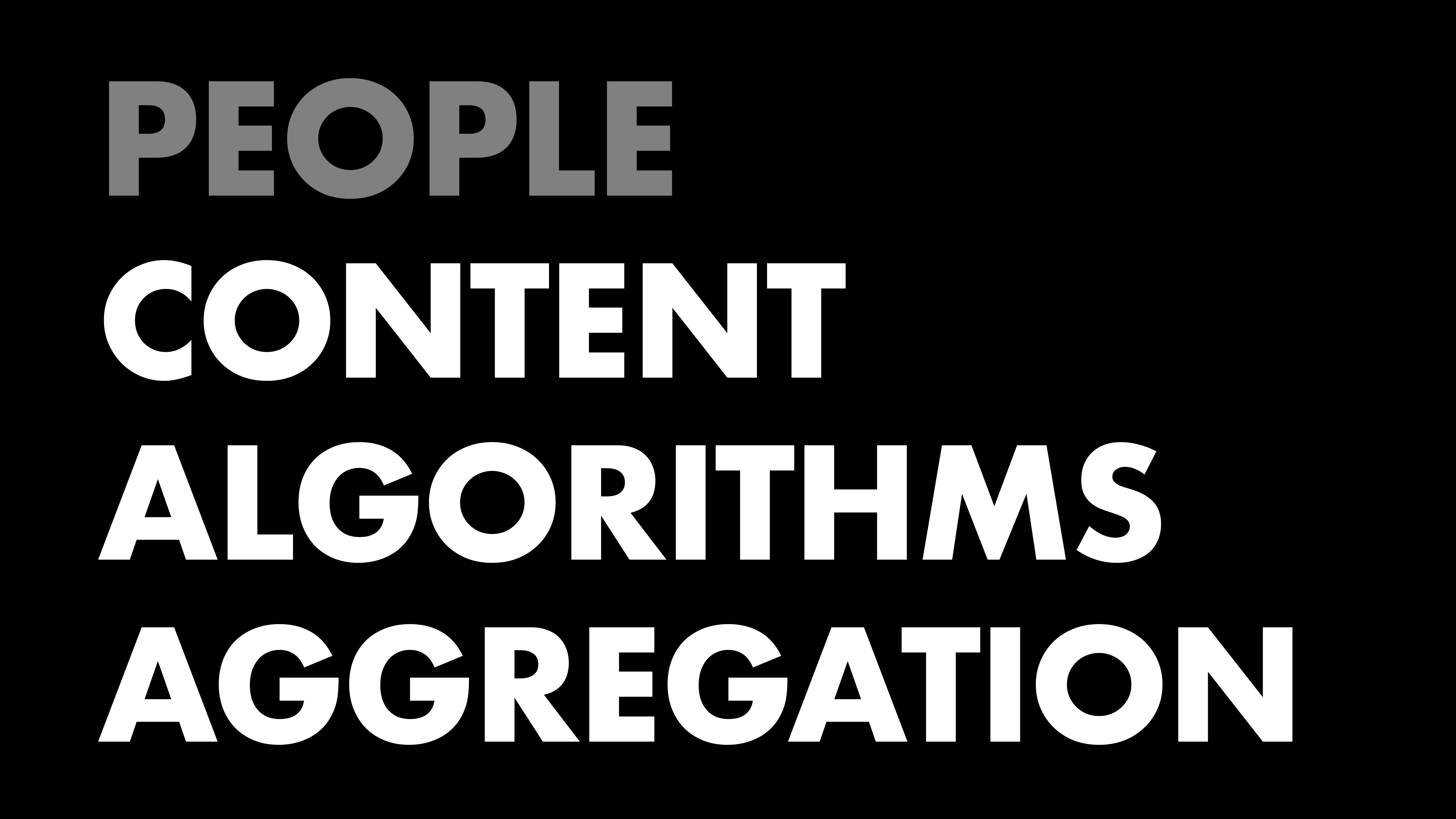
Look at these three posts. As a human, you can skim these to understand what they're about. But an algorithm can't. It can't understand sarcasm, subtext, lies, truth, or the usefulness. It only sees engagement stats, so it just boosts whatever has engagement.
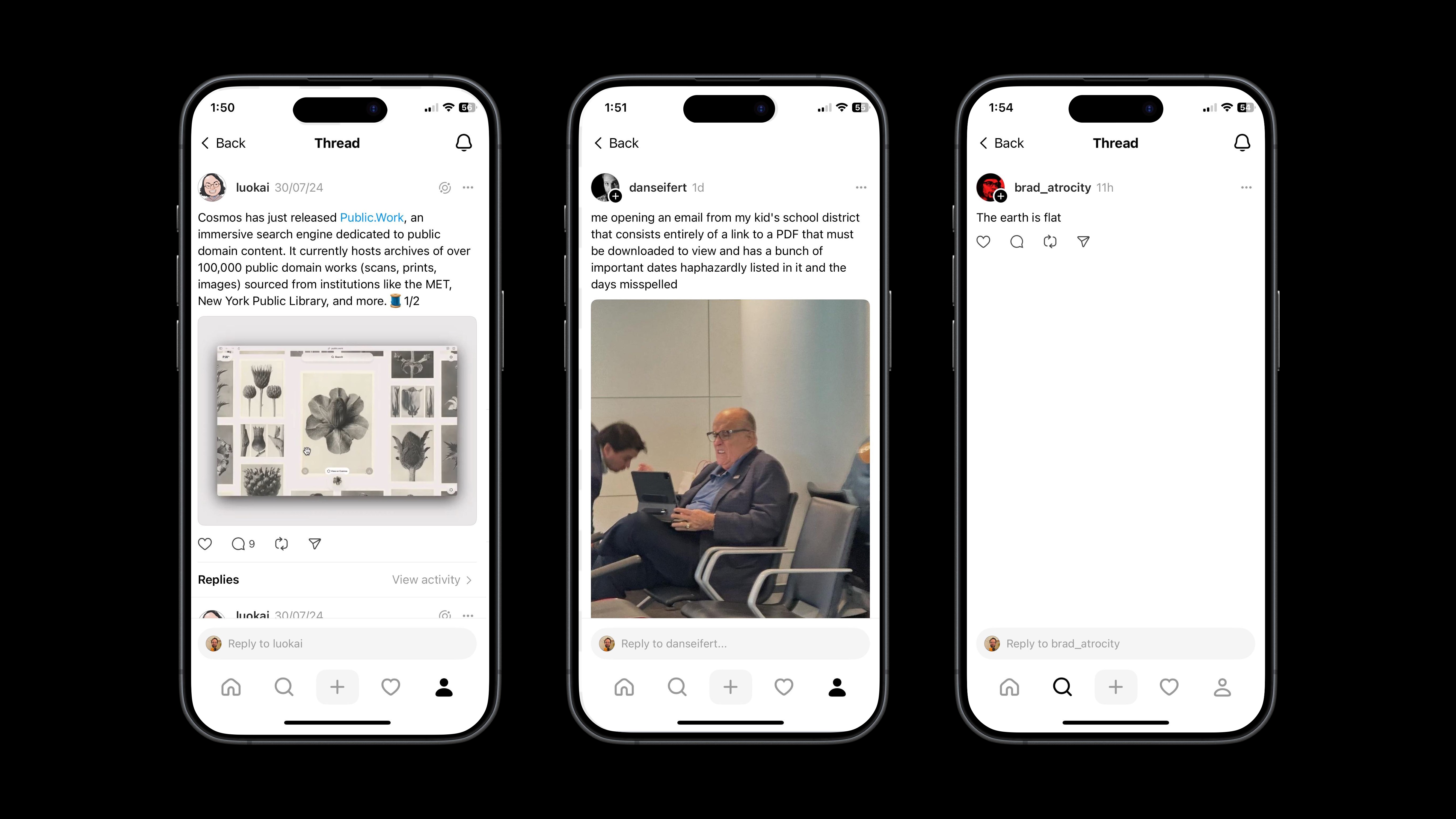
So how can we get better content? The way we've solved this problem in the past, by letting people label content. For a while, people called this a "folksonomy," a taxonomy built by people. If you've ever used Flickr, Metafilter, delicious, or pinboard, you might have seen something like this. Letting people tag content helps the algorithm get better and it helps other people find the metadata that might not be readily apparent.
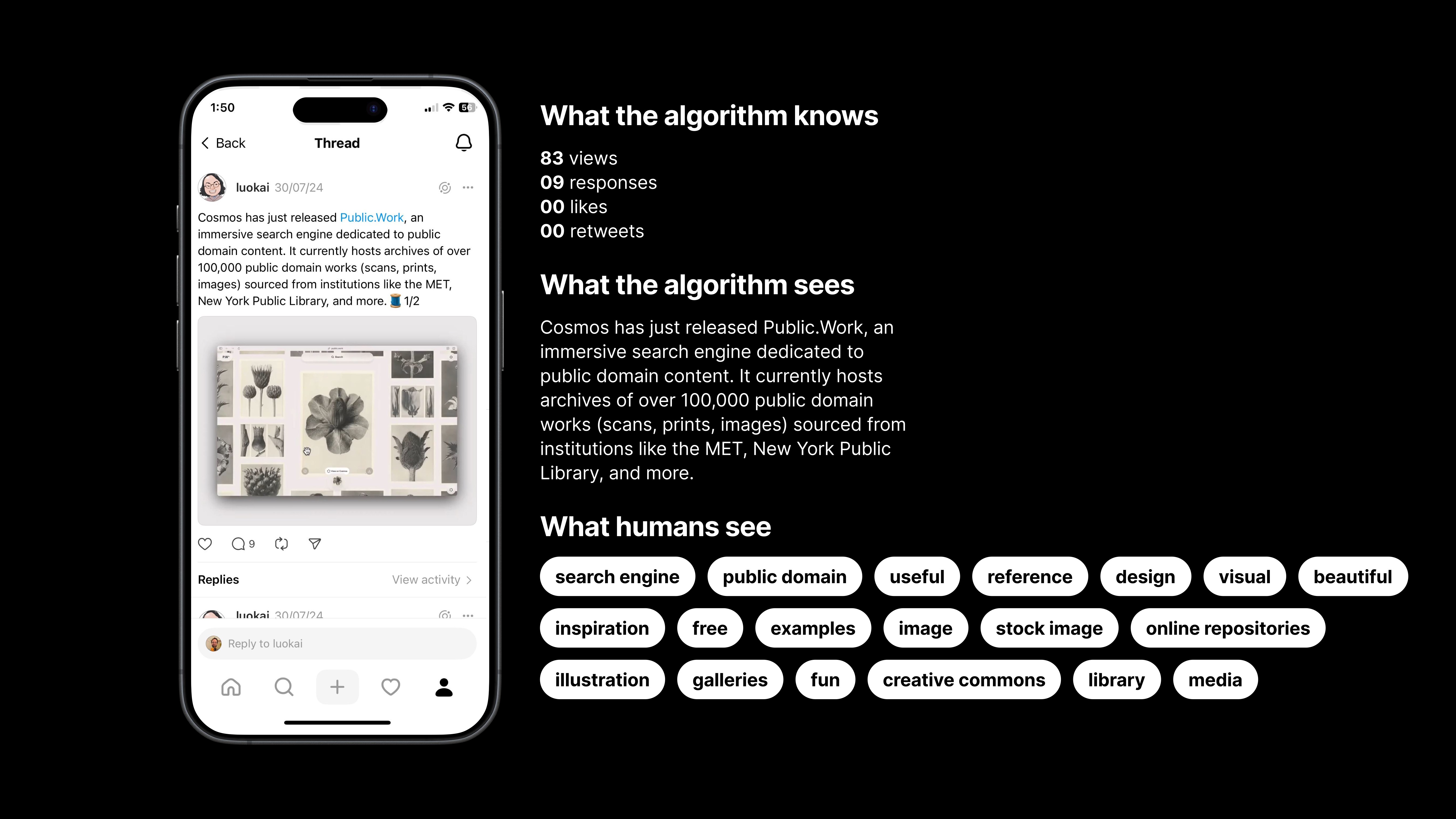
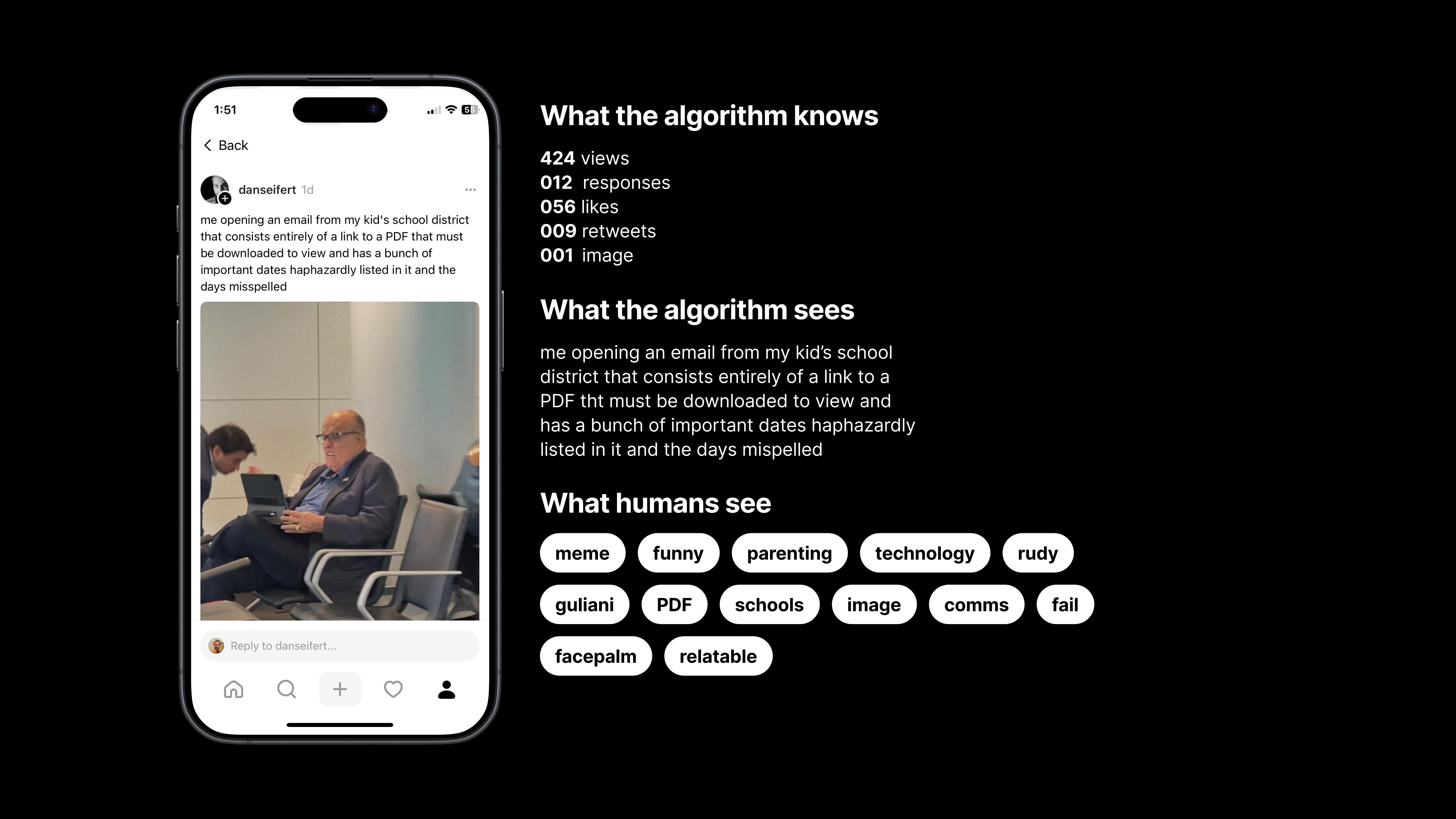
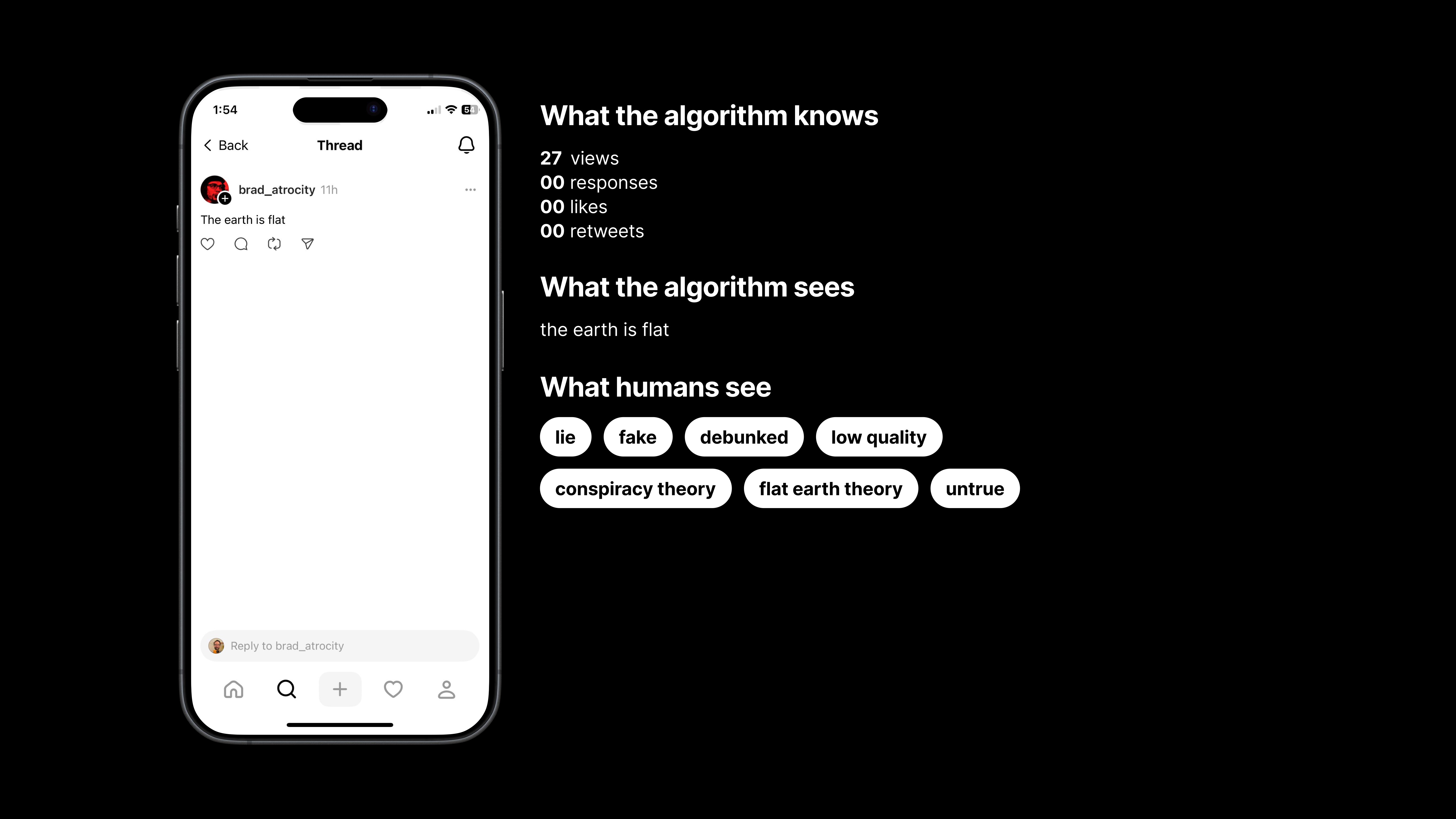
Of course, as soon as you let people label content, people fight over it. One person might say something is fake. Another might say it's true. Drama! But that's great signal for the algorithm. We want our algorithms to know when things are spicy, because some people don't want to see spicy hot takes. We want to know when mainstream organisations say the earth isn't flat, but a bunch of traffic from troll farms in North Korea disagree. We want to know when a highly respected doctor specializing in public health says a whitepaper is trustworthy, even if some rando calls it fake news. This is all great data that the current algorithm is sorely lacking.
Part of the conventional wisdom about social media is that social media wants to keep us angry. That's half true. Social media wants to keep you engaged so they can sell you more ads. And it's true that anger makes people use the app more. But if they could keep you just as engaged showing you pictures of puppies and rainbows, they would. But the algorithms don't have a very sophisticated idea of what you like, so we end up with rage bait, because that reliably drives engagement. And ads.
So let me explain how labeling would turn all of this on its head. Some people see a lie and call it a lie. Others call it the truth. But the algorithm can see that people in your network are more likely to call it a lie than the truth, so – poof! The algothim doesn't show it as often. There are huge implications to this.
Compare these two examples, where the algothim is getting everything exactly wrong today. The first one has high engagement but I never want to see it. The second one has low engagement but I'd love to see more of it!
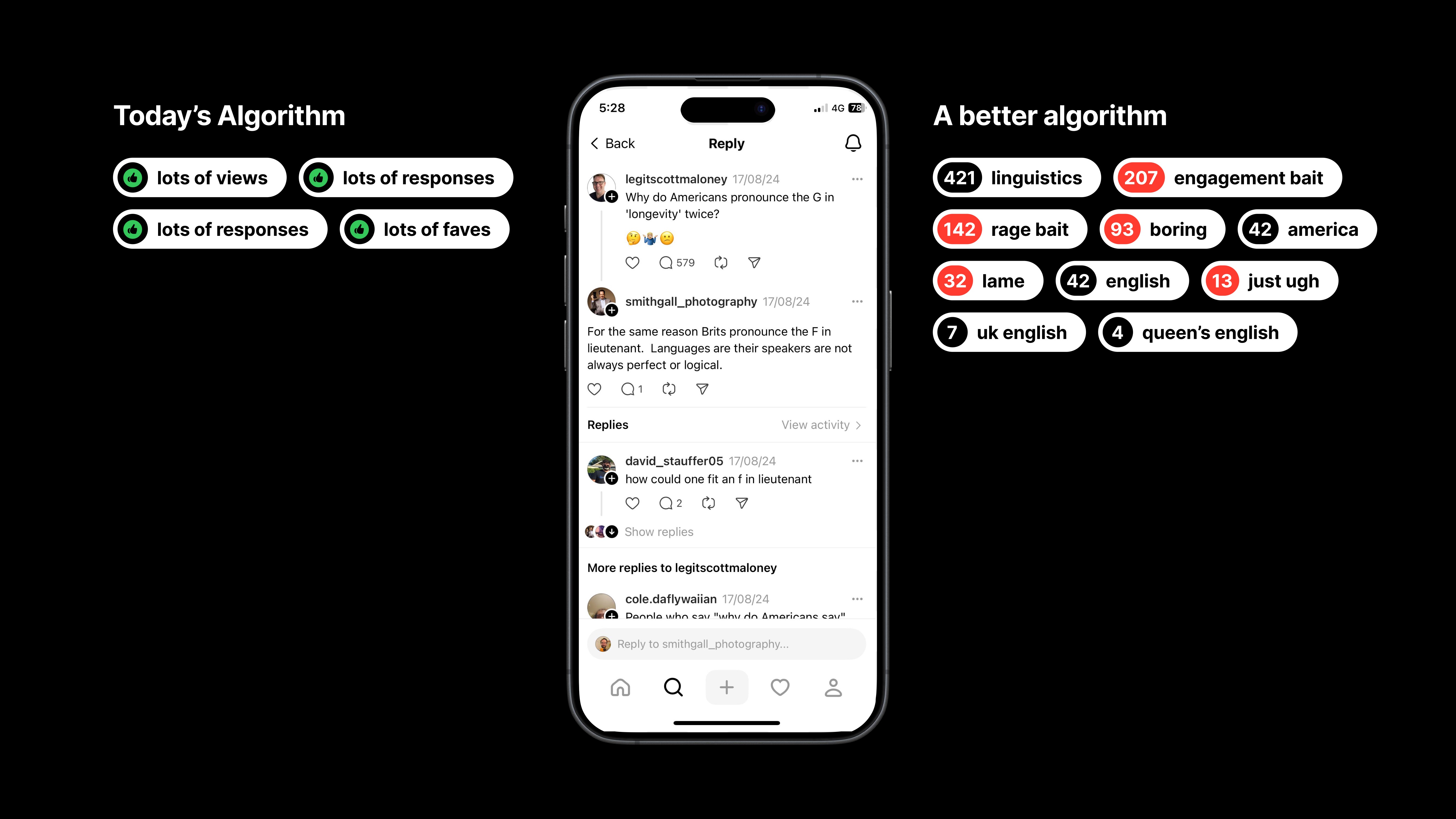
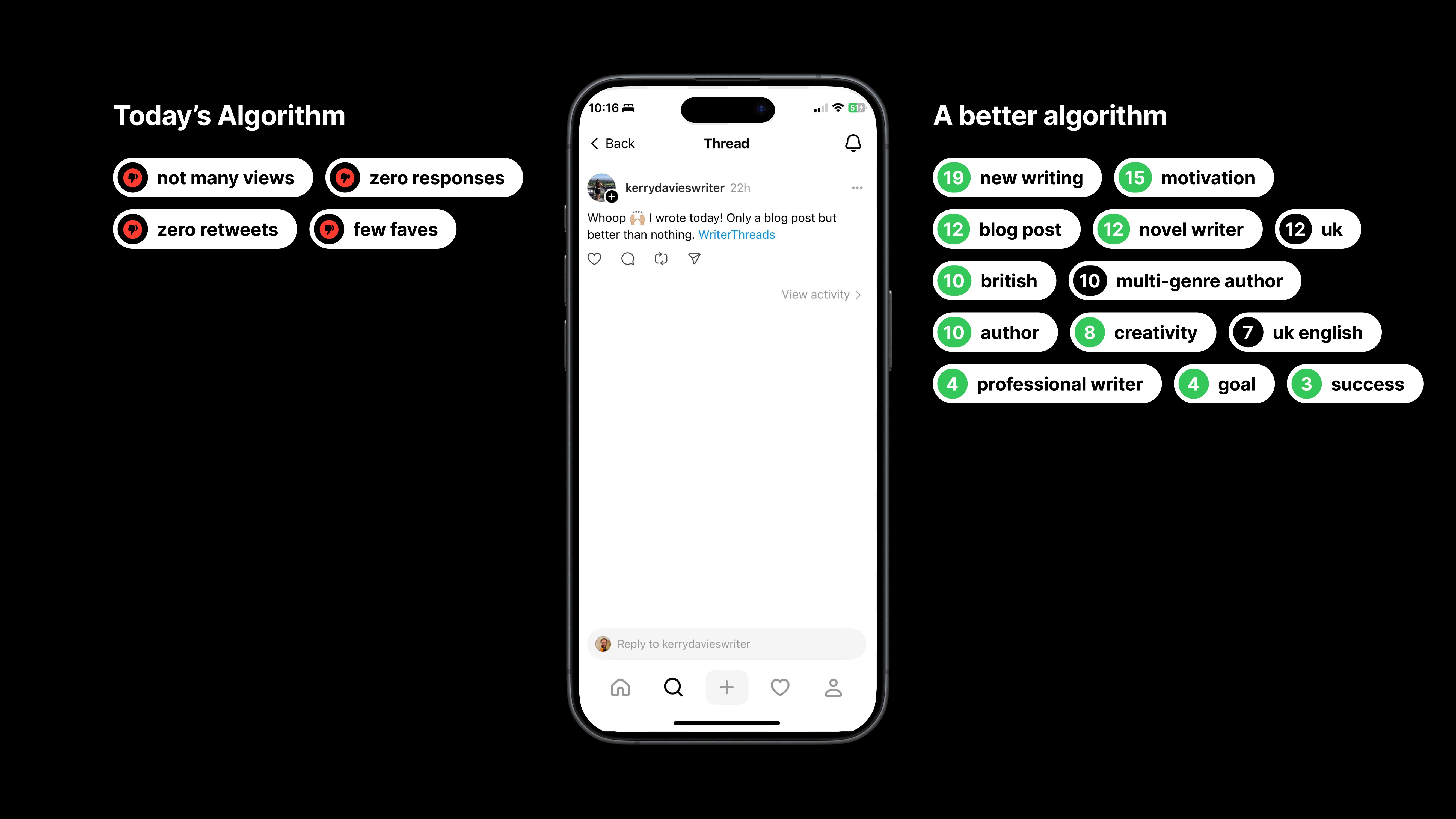
It's not that the algorim wants to keep me angry, it's that the algorithm is lacking context. It's dumbly believing that engagement equals high quality content, but oftentimes that's exactly backwards. Some of the greatest stuff flies under the radar, and some of the worst is widely shared.
But this would change if we could label content. Imagine how much better search would get. Because let's be honest, it can't get much worse.
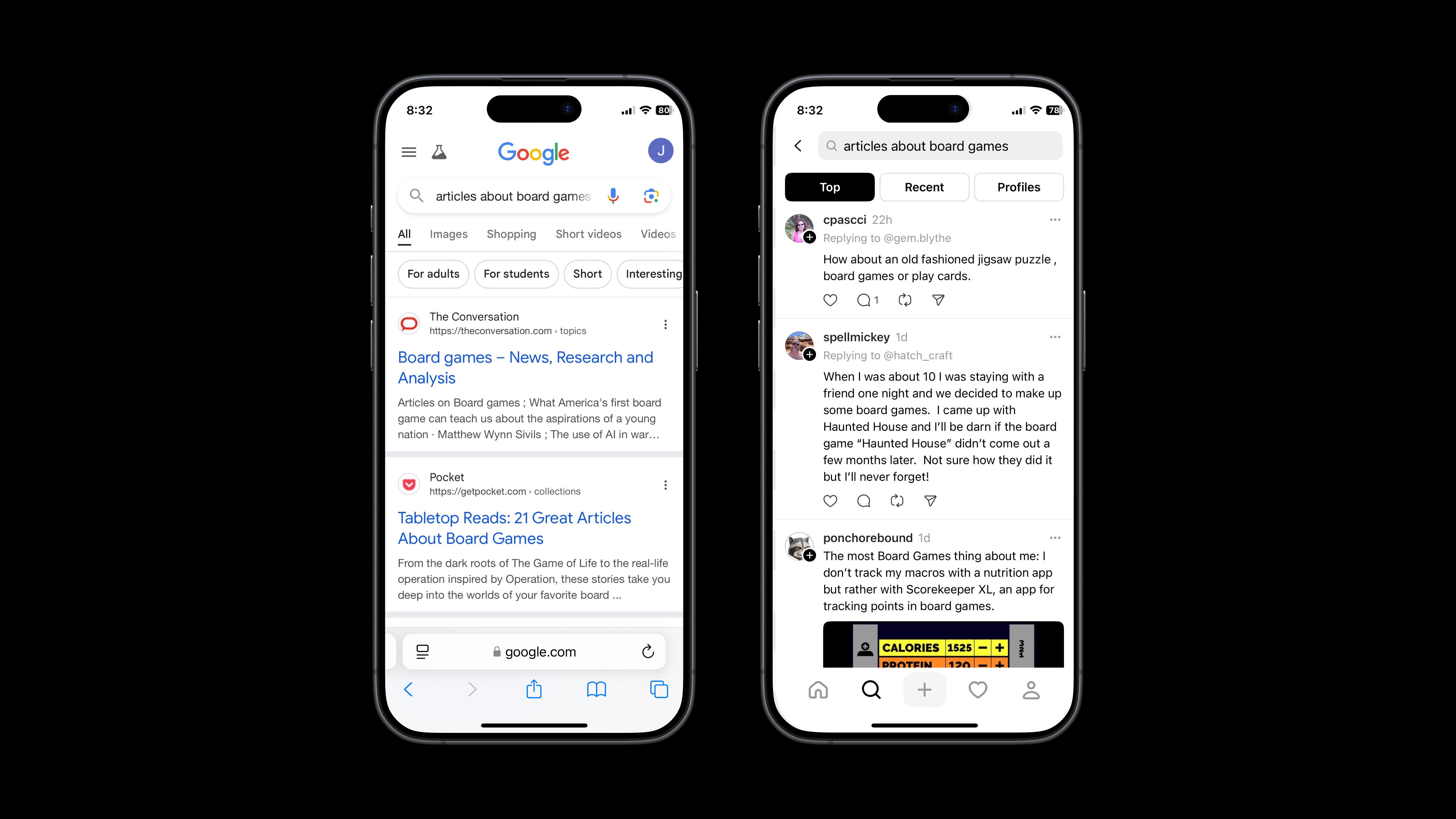
Right now, we have a failure of imagination about how bad search has to be. We just have this belief that anytime you search something, you're probably going to get listicles. And that's ... fine. But then you spend a bunch of time clicking through Google search results, and oftentimes there's a lot of garbage. But what if there was no more garbage? What if every search result was great? Bear with me.
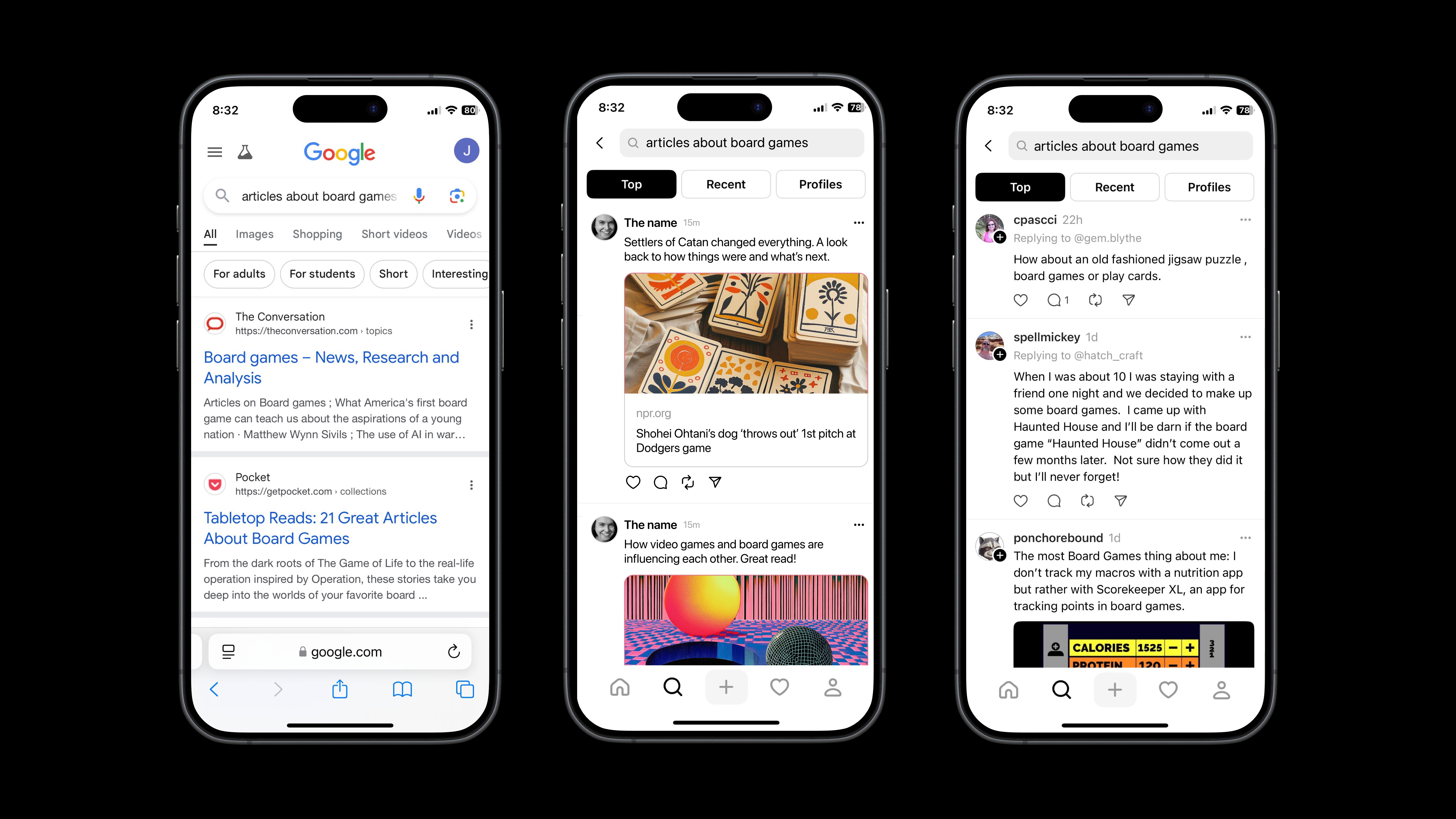
What if you did a search for "articles about board games" and the algorithm could find tags for "board games" and "articles" and deliver exactly what you asked for? And what about SEO and spam? No problem, they'd be tagged as such, and wouldn't appear. Imagine a perfect signal to noise ratio? Wouldn't that be amazing?
Or what about a search for "insightful articles," admittedly a broad search term.
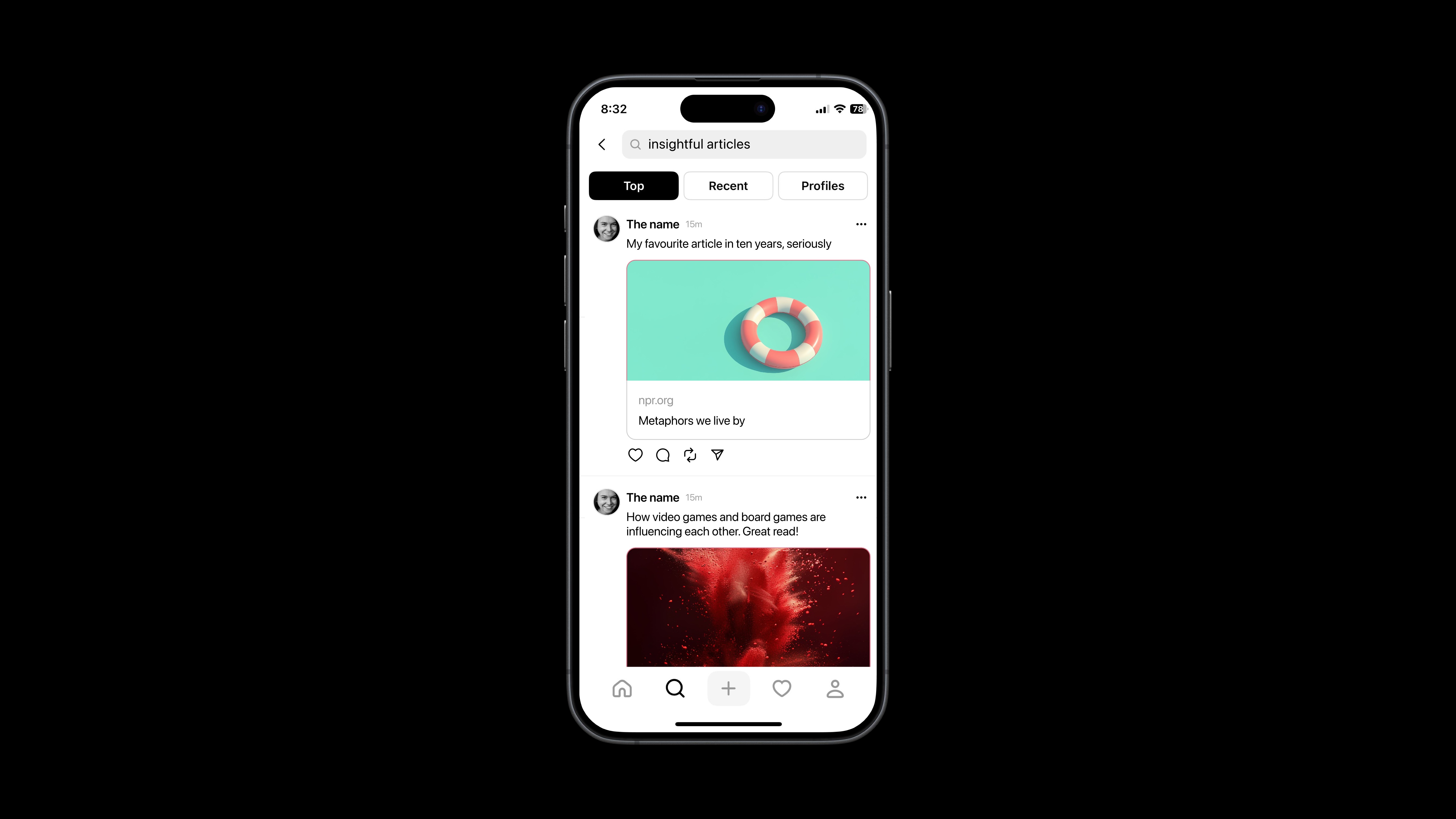
What about if you did a search for insightful articles about Sydney, written by women? It turns out this is not remotely a new idea, we just forgot that other sites have been doing this for ages. For example, here's how Pinboard looks, today.
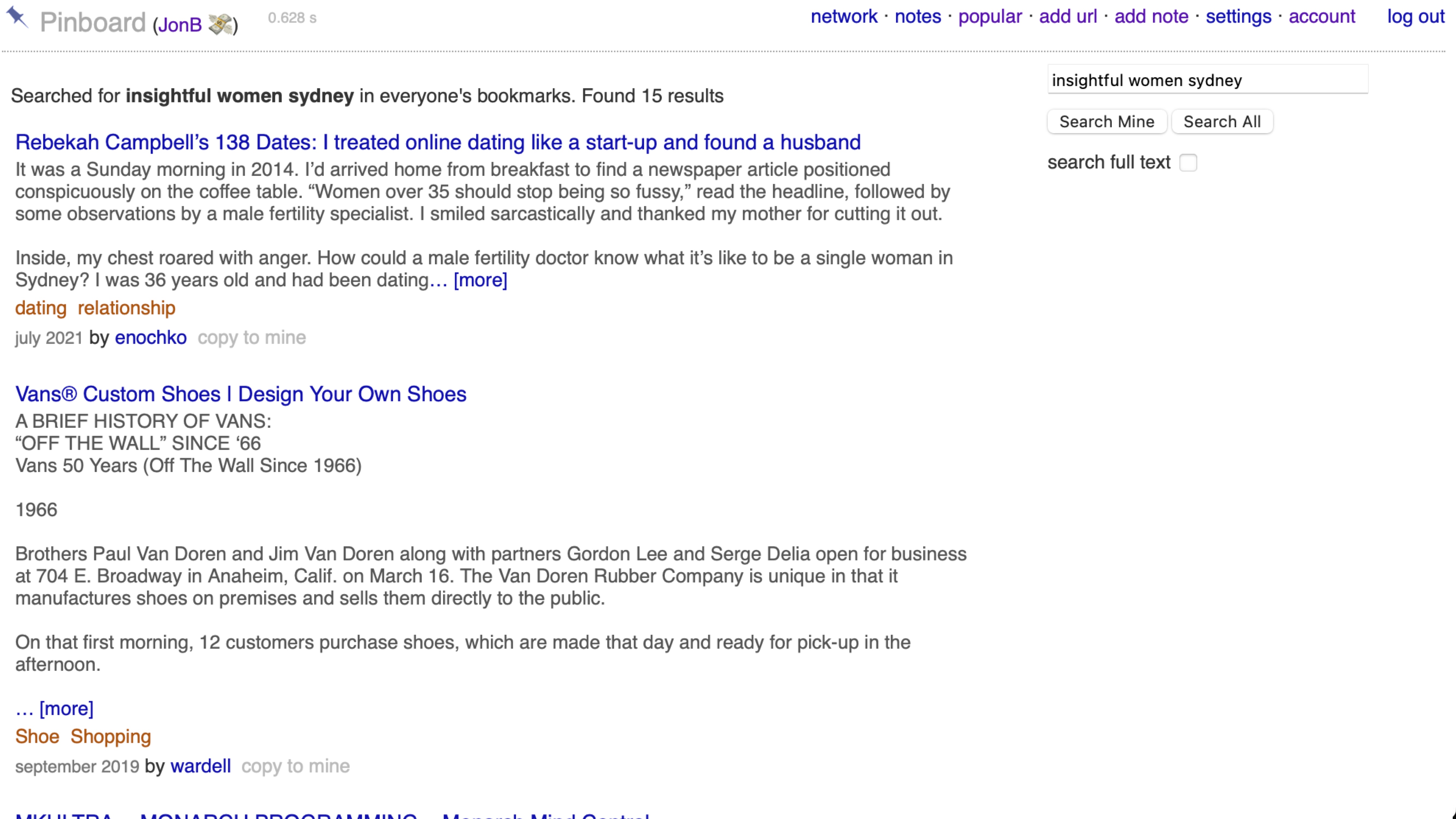
The design is outdated and the network isn't very strong, but imagine the hundreds of millions of people on the Fediverse labeling content in real time? Without exaggeration, I'd never use a search engine again. Why would I?
Next let's talk about algorithms.
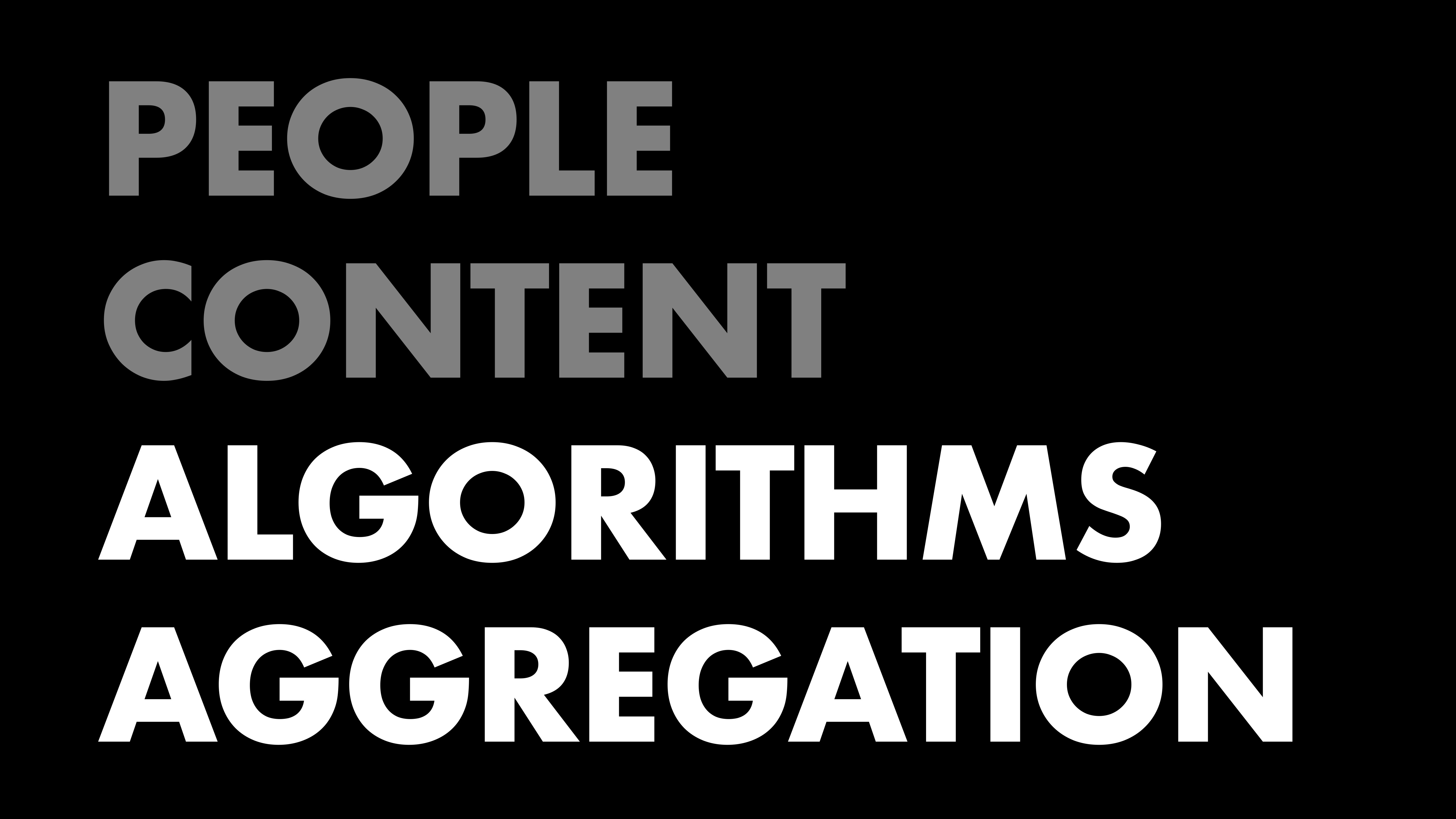
Today there's no way to talk to the algorithm, but that doesn't stop people from trying!
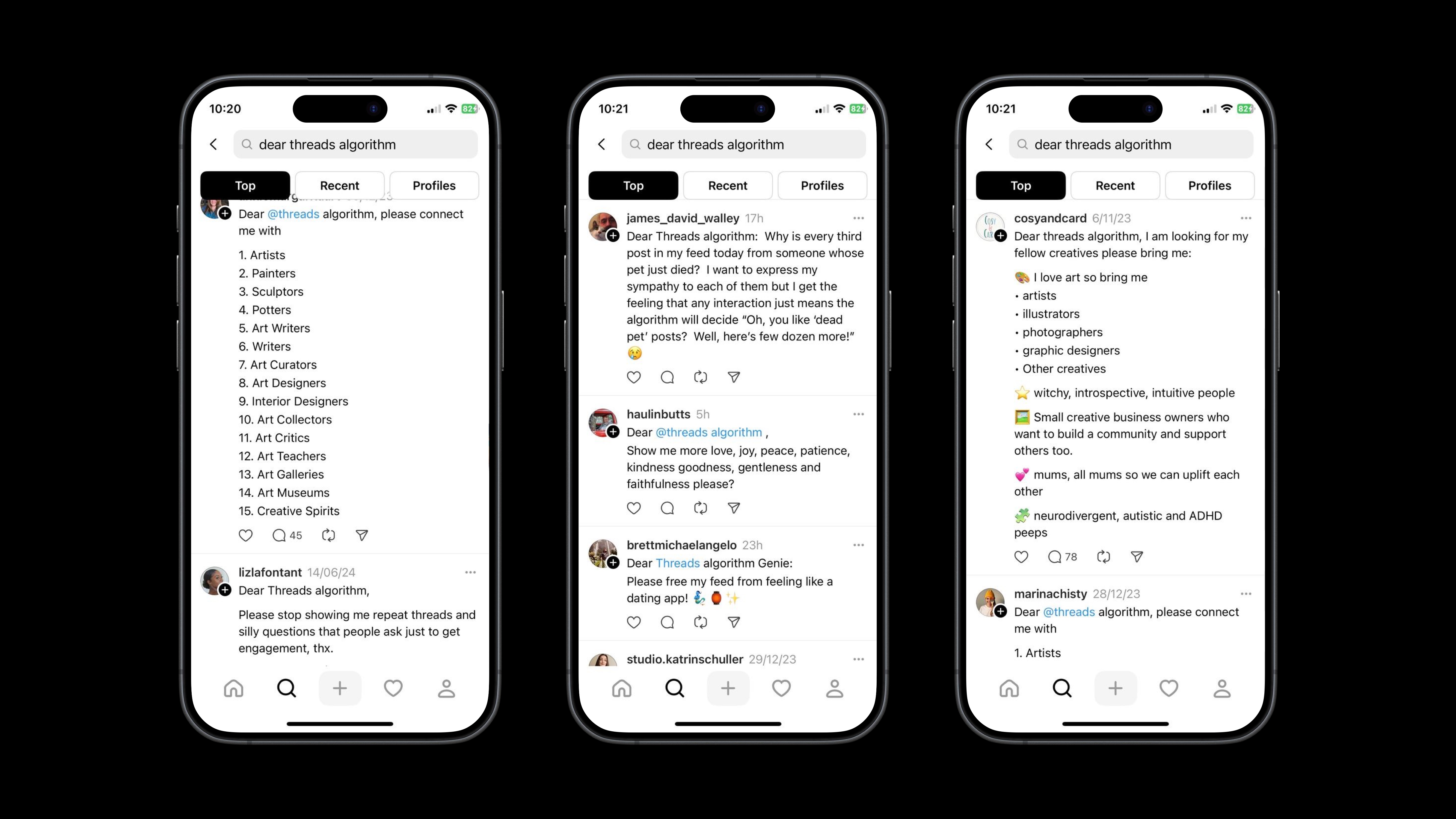
This is sad. There should be a simple way to go into settings and see exactly what the algorithm thinks you want to see. And you should be able to edit it.
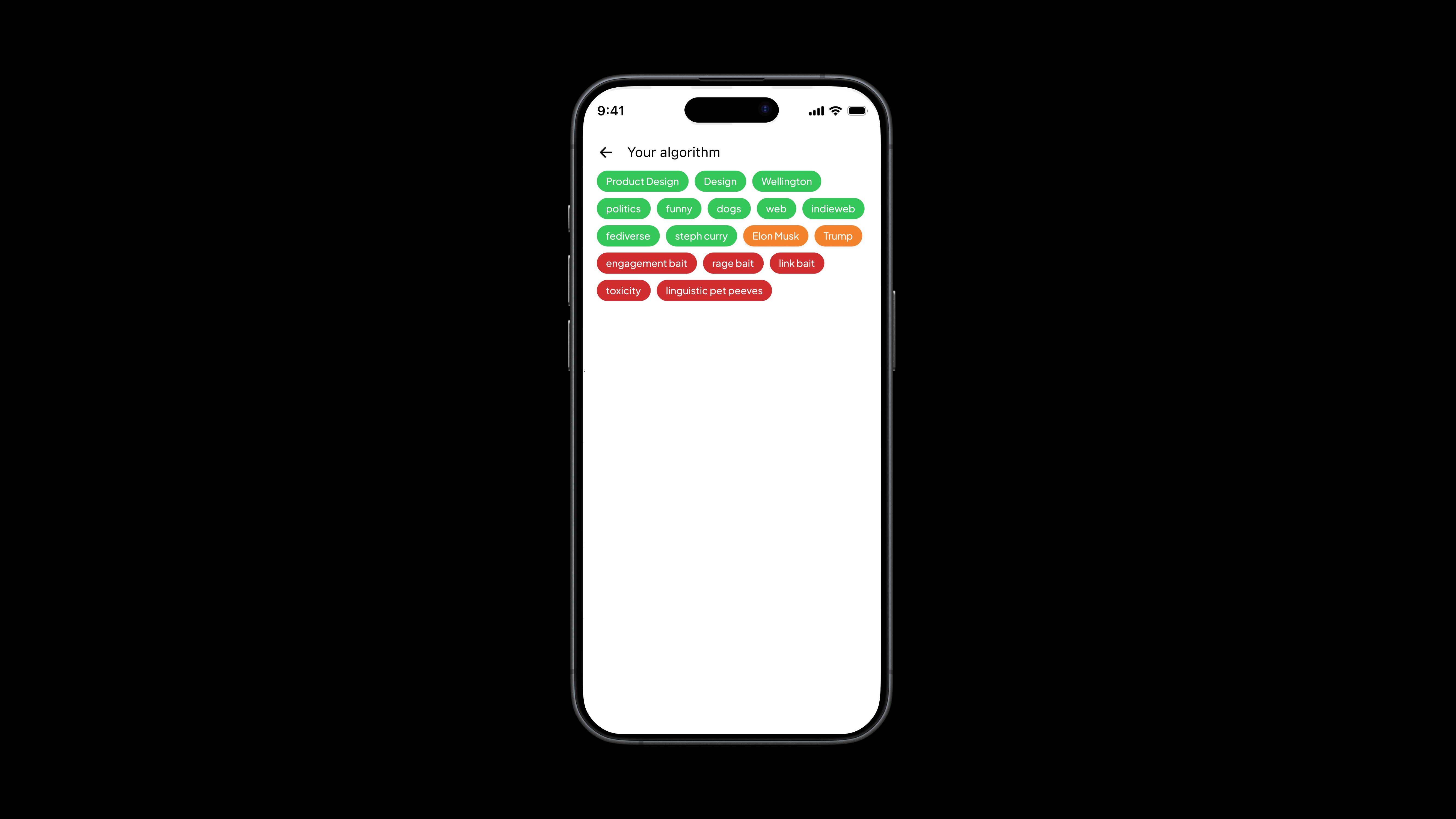
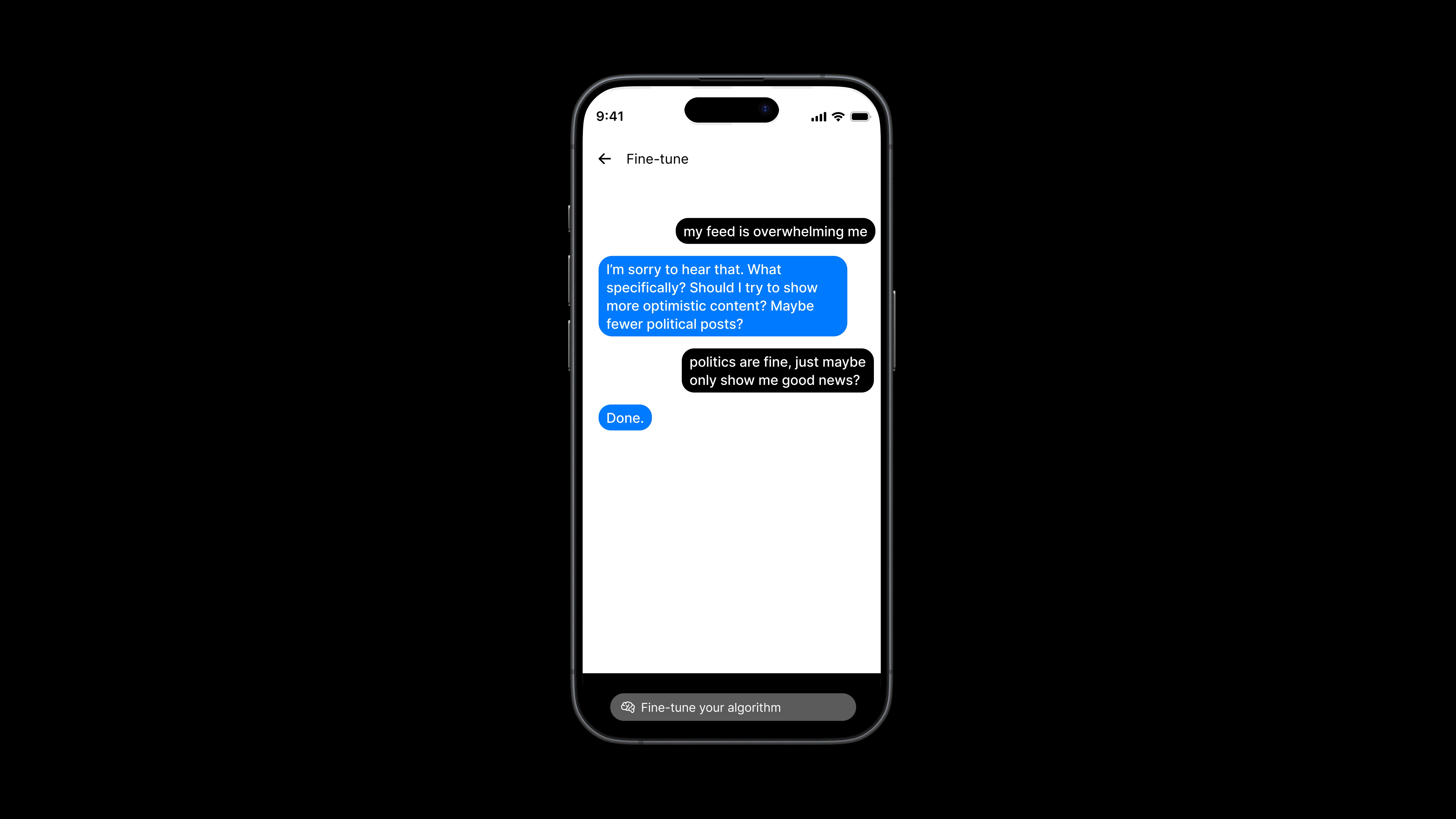
You should also be able to interact with your algorithm. And to be clear, I'm not saying this because every person giving a presentation is contractually obligated to mention chatGPT at least once on stage. I mention this because it's genuinely a better design. Disabled people shouldn't have to struggle to navigate through 18 levels of settings just to find the one checkbox they need. They should be able to tell the app "I have low vision and low contrast gives me a headache" and know that the software will do the right thing.
Similarly, you should be able to tell social media what you want to see more or less of, without clicking through dozens of menus and dropdowns and radio buttons. Here are some things you could say to your algorithm. And to be clear, this technology exists today. It's just not mainstream yet, and in the future we'll be amazed that we ever did it the old way.
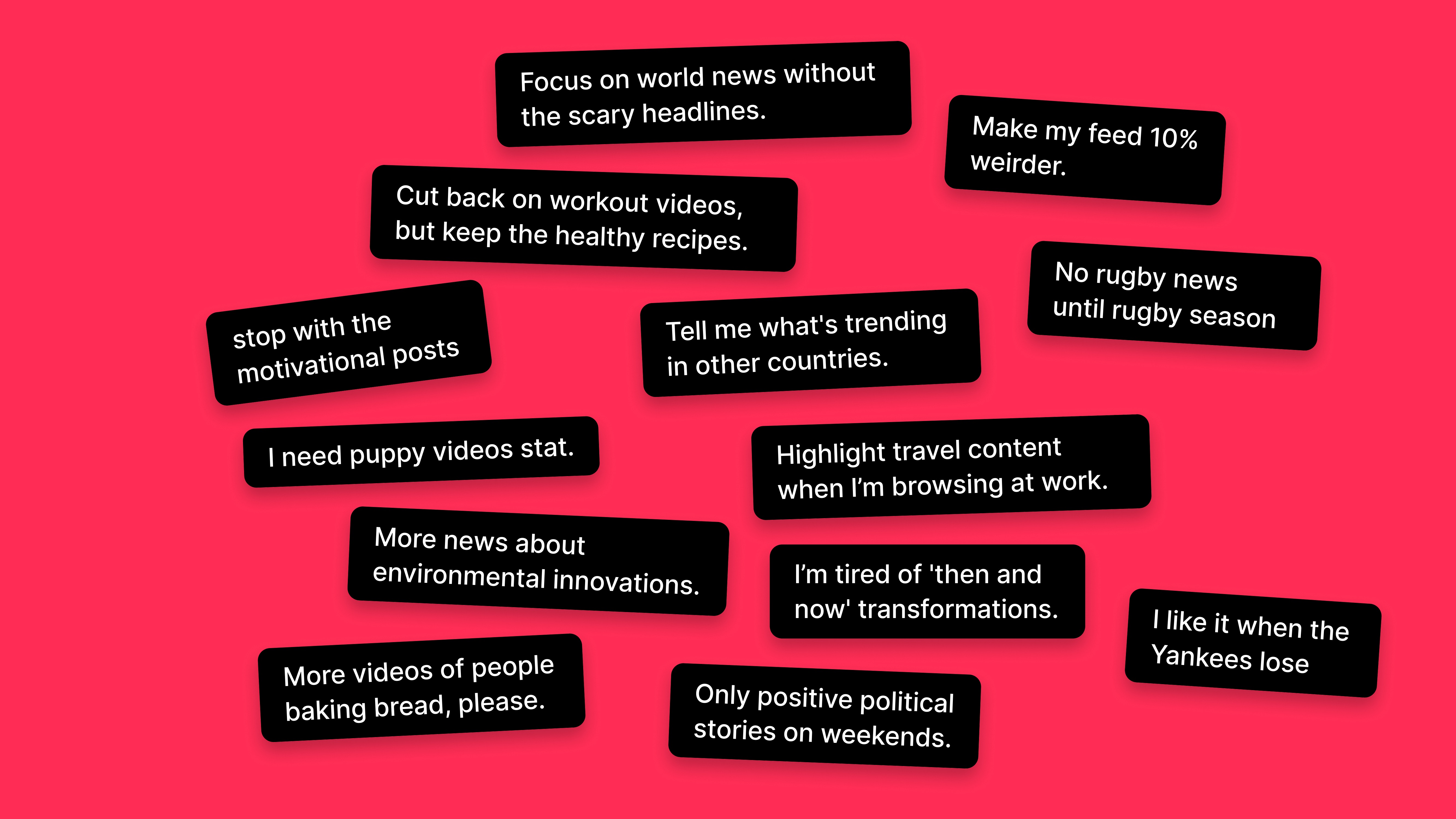
Next let's talk about aggregation.
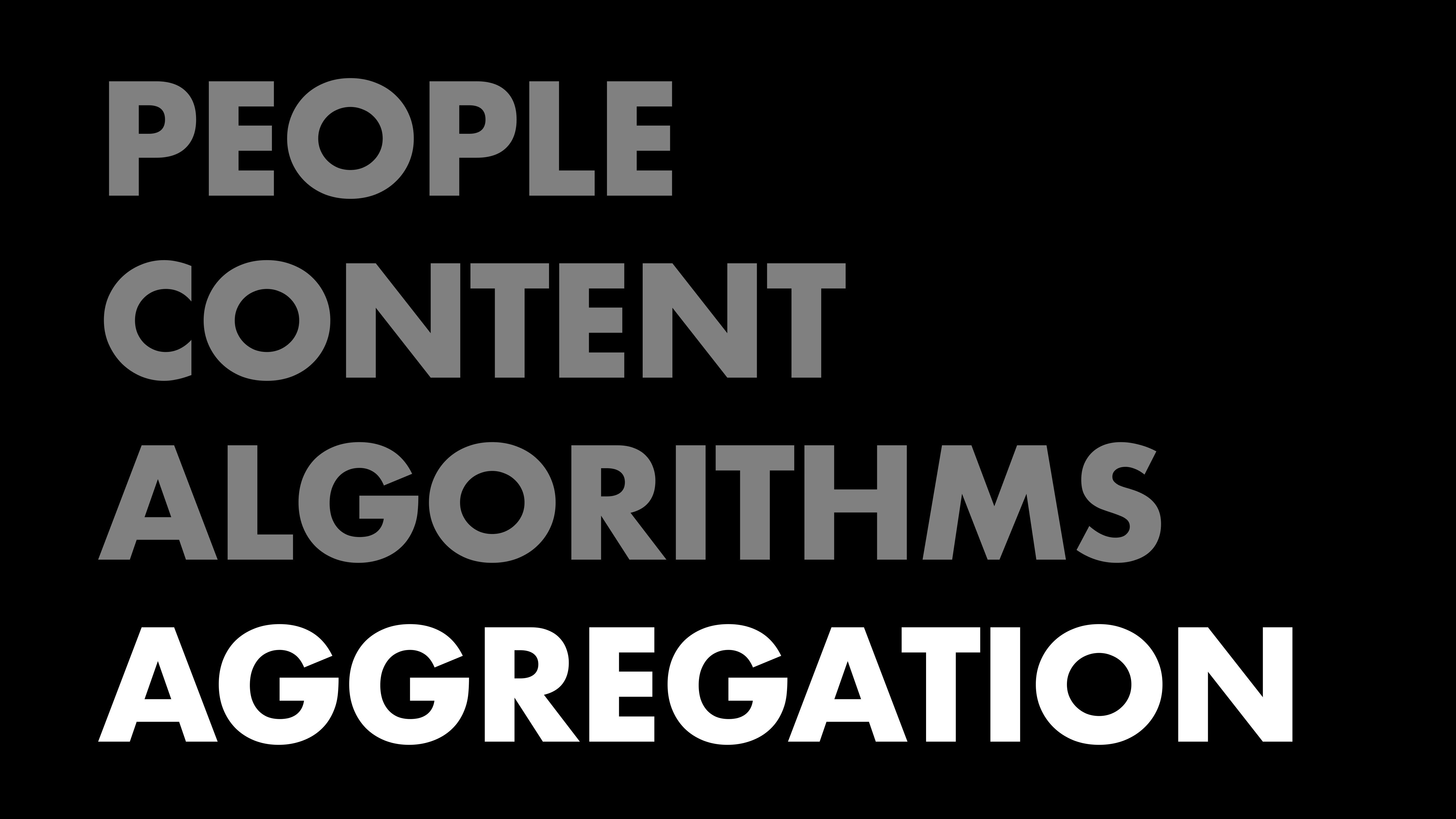
It's extraordinary that creators in 2024 have all these side projects, and all this great content to link to, but they're afraid to share it. So we put everything behind "link in bio!" and hope that people will follow us to all our different places on the internet. Our Pinterest. Our Insta. Our GitHub. Our blog. Our other blog. Our Bandcamp. Our Substack. No one's got time for that, sorry.
Let's think more holistically about creators. When I go to follow someone, I should see something like this. Because let's be real – hopefully your best content on the internet isn't the content of your tweets, right? So then why can't I follow all your good stuff, from one screen? Why can't we pull your RSS straight in via a "side projects" menu? Linktree shouldn't exist!
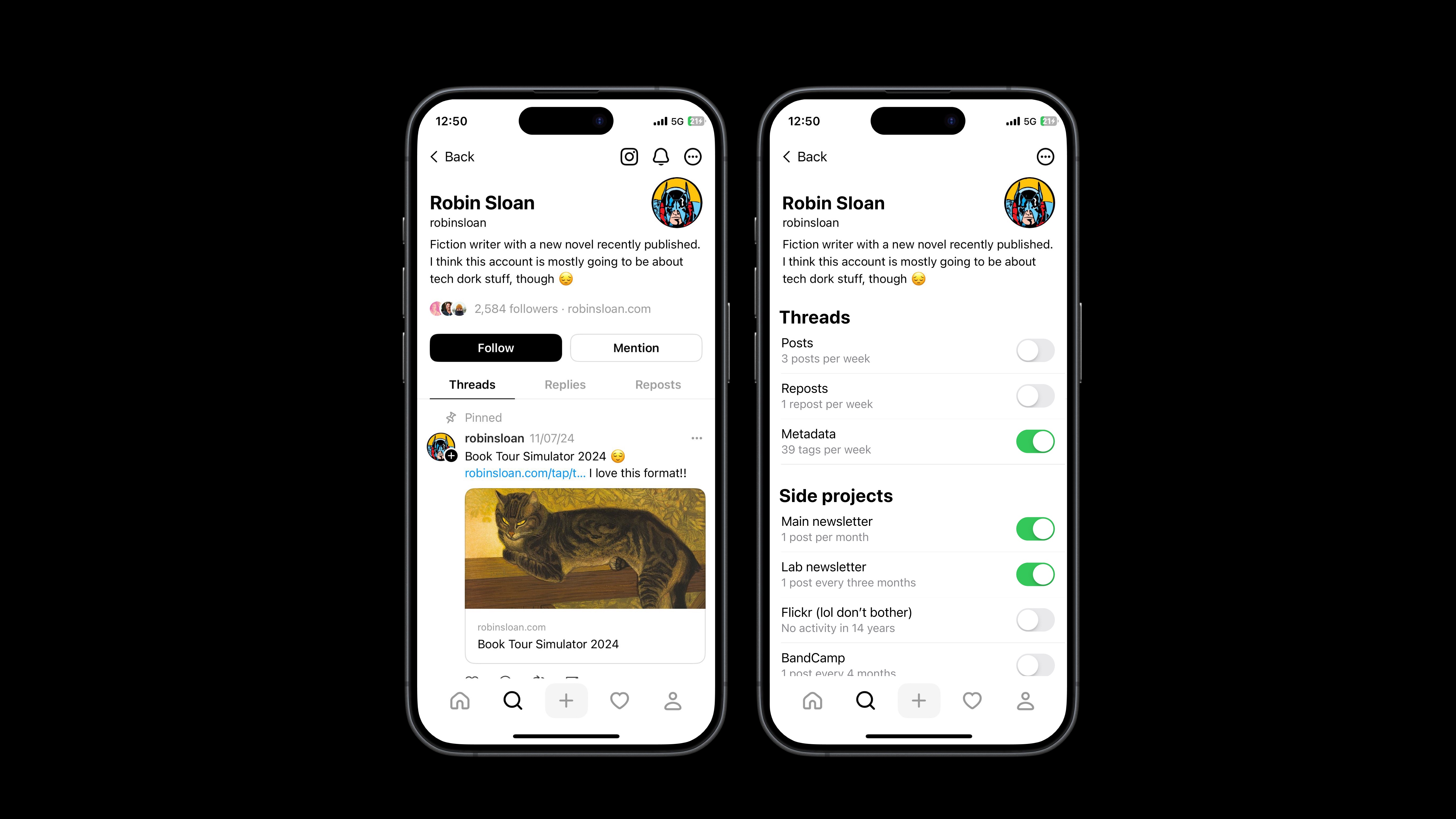
I really like Robin Sloan, and he writes a newsletter once a month. I should see his newsletter when it goes out. Not in my cluttered email inbox, not on some walled-off Substack app, but floating freely through the Fediverse. If I opt into seeing when he publishes, it should appear inline in my timeline, maybe like this.
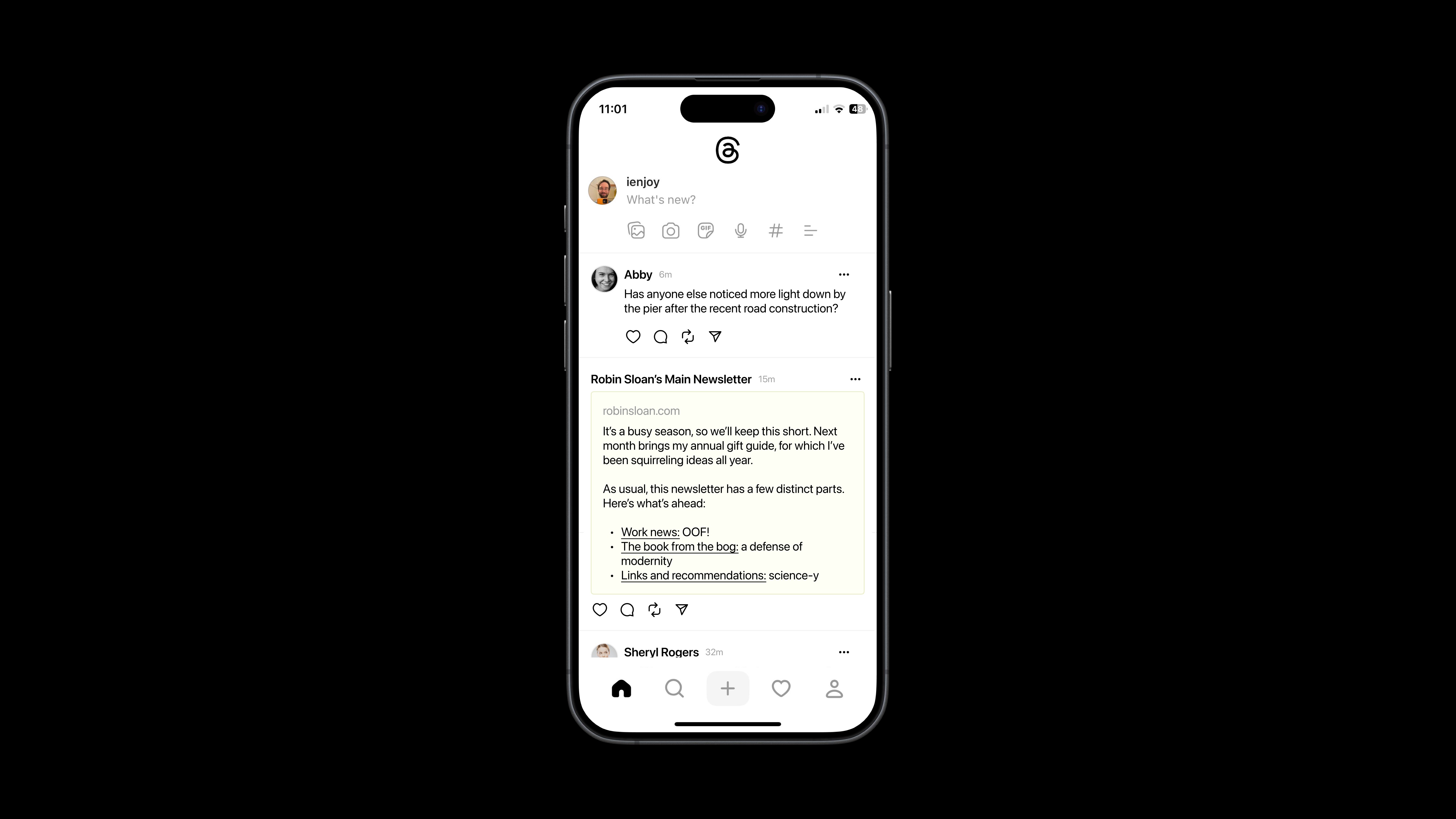
And once it's flowing through the Fediverse like this, people can retweet it, favorite it, label it as "thoughtful" or "awesome" or whatever they want, meaning it reaches more people. Even people who don't follow Robin Sloan. And all without Robin Sloan even having to advertise it himself or even have a social networking presence!
And that's just the reader's experience. If you're reading this, you probably make things on the internet. Imagine your experience as a creator. Imagine if every time you publish something, whoosh, everyone who follows you sees your latest creation. Don't worry about the gatekeeper algorithms or trying to rank on Google, because it will find its way to the people who want to see it. Sounds amazing, right? Maybe too amazing?
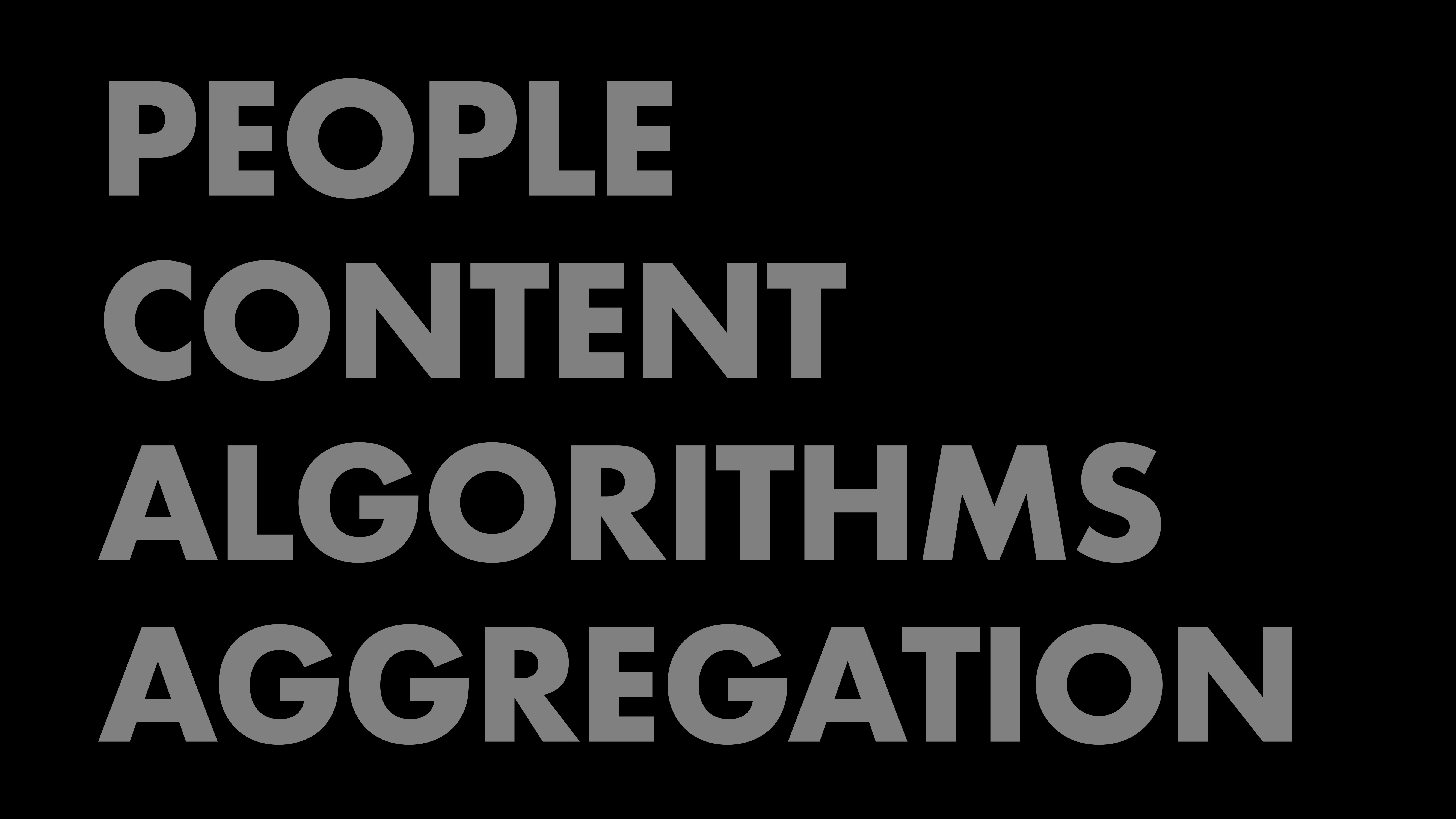
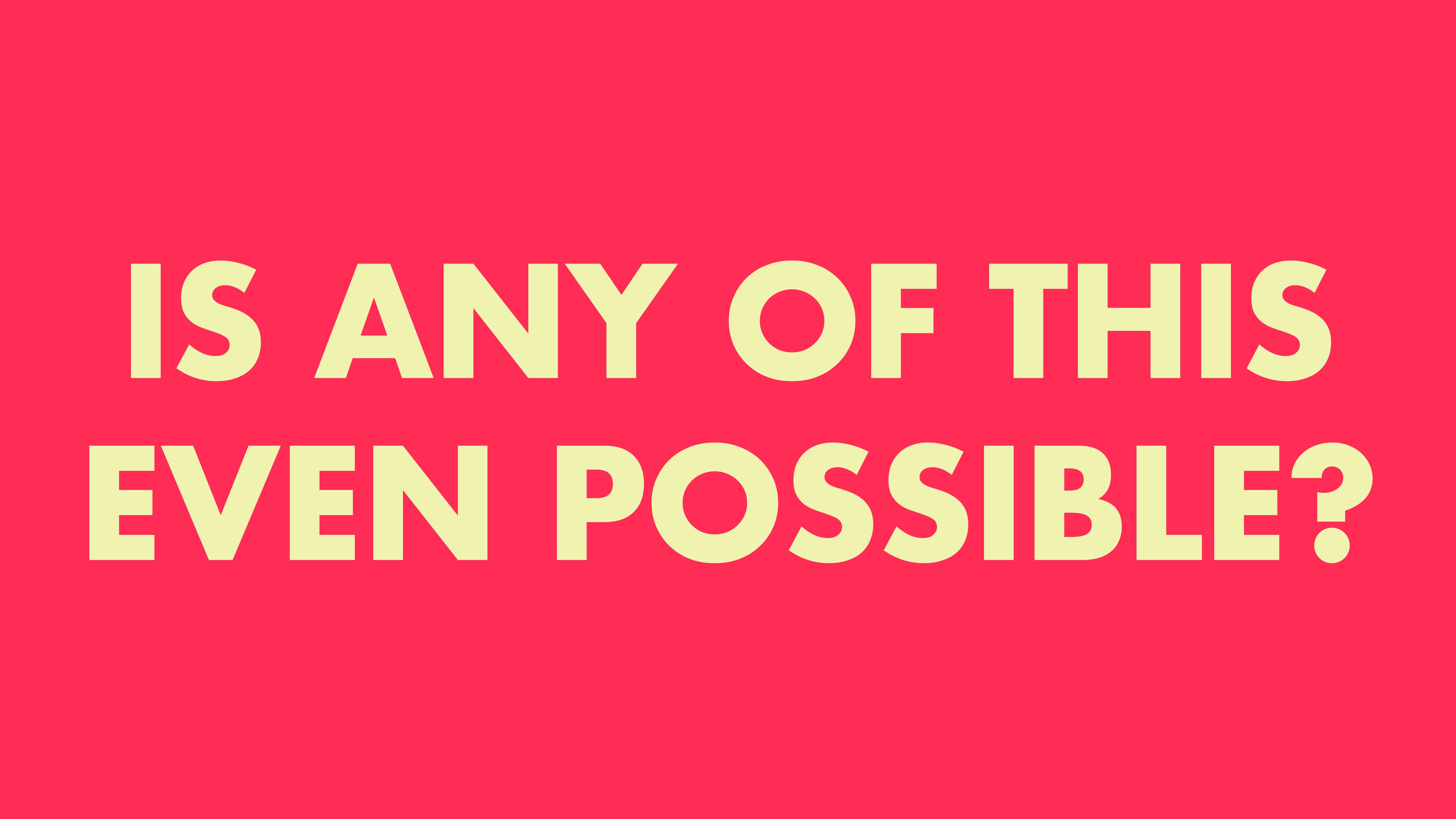
I have described a pretty upbeat vision of how things can be. I think it's reasonable to be skeptical. But think about this through the eyes of Mark Zuckerberg. Of course he wants all the content on the Fediverse labelled, because then his products can get much better at serving you the exact right content every time. Of course Zuckerberg wants RSS flowing through the Fediverse because it would absolutely explode the amount of good content on the system, meaning more people get value out of his products, meaning he can sell more ads, and cross-promote things like "if you liked this comic, you might like this new album, and people like you liked this blog post too."
So it's good for Zuckerberg, and it's good for advertisers, and that's why it's likely to happen. But the most important thing is that it's good for you. Of course you want to feel better using social media. Of course you want to block the bozos who are giving you a hard time. Of course you want more people seeing your cool side projects.
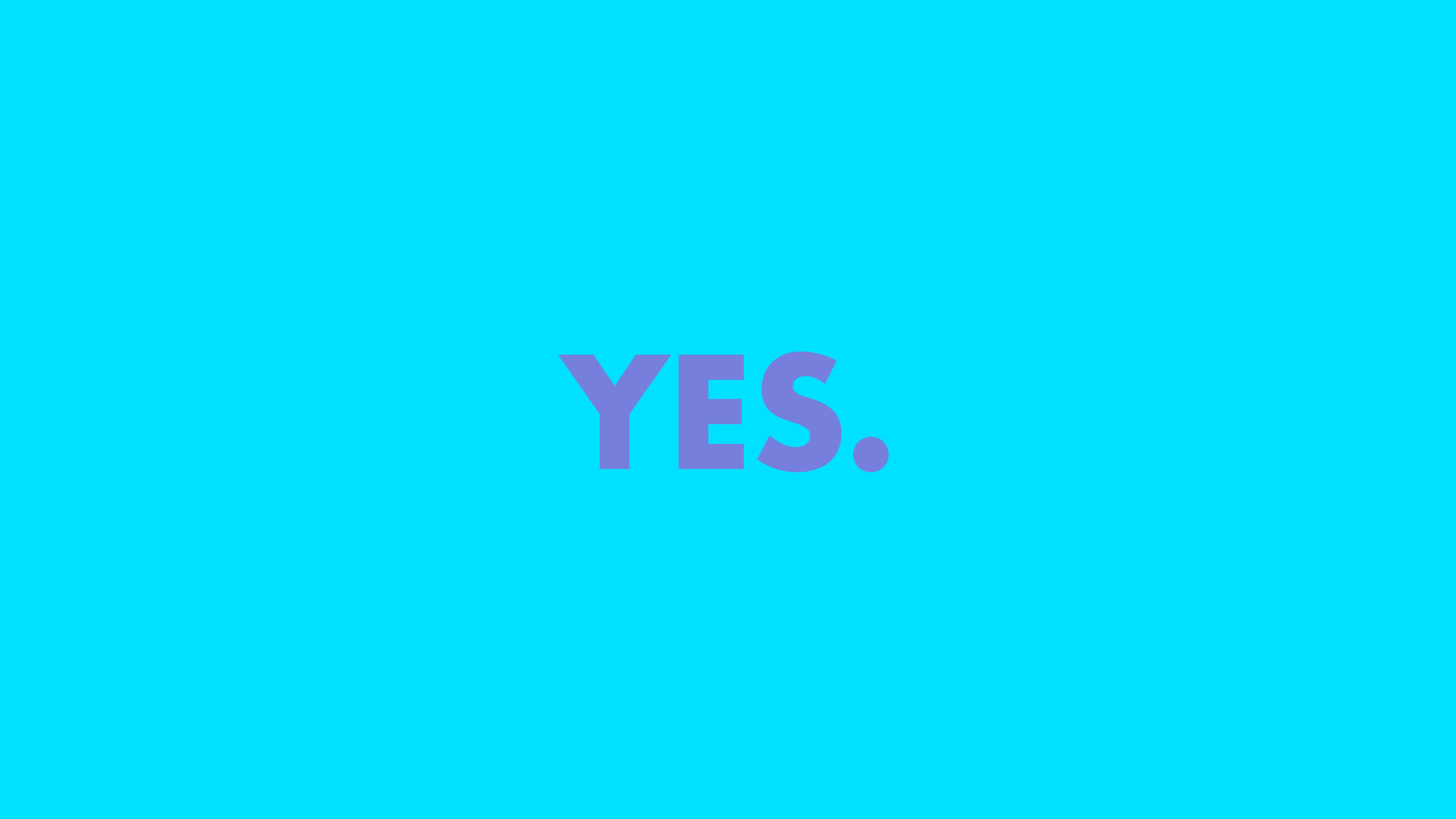
So yes. Not only can all these things come to social media, all of these ideas are already starting to roll out. We're just in the awkard early phase of imagining what this medium can even be. To help understand where we are, it helps to compare this to when radio transitioned to television.
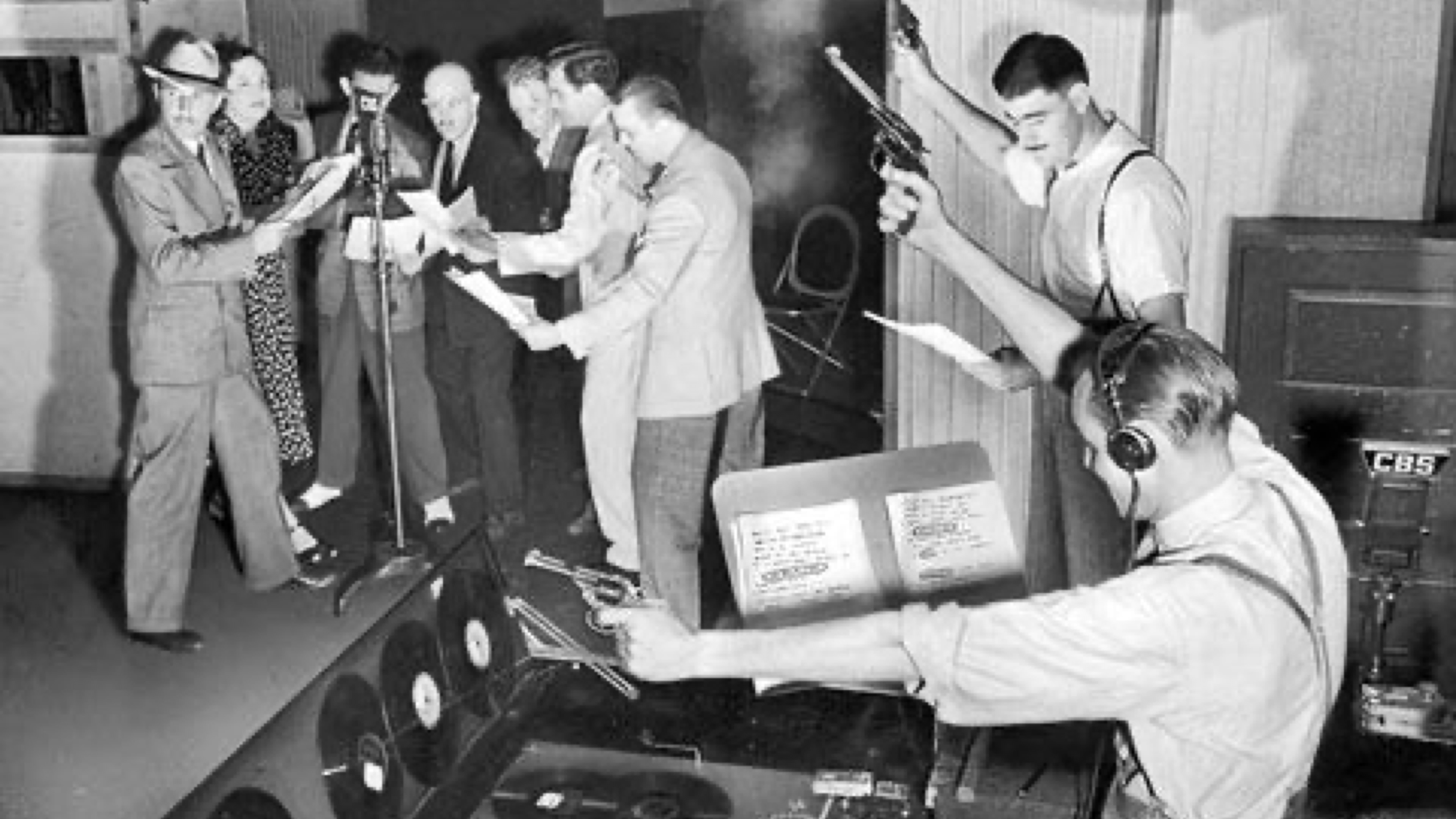
For a long time, we had radio. No reason for a camera. But then cameras came along, and we didn't make the transition very elegantly.
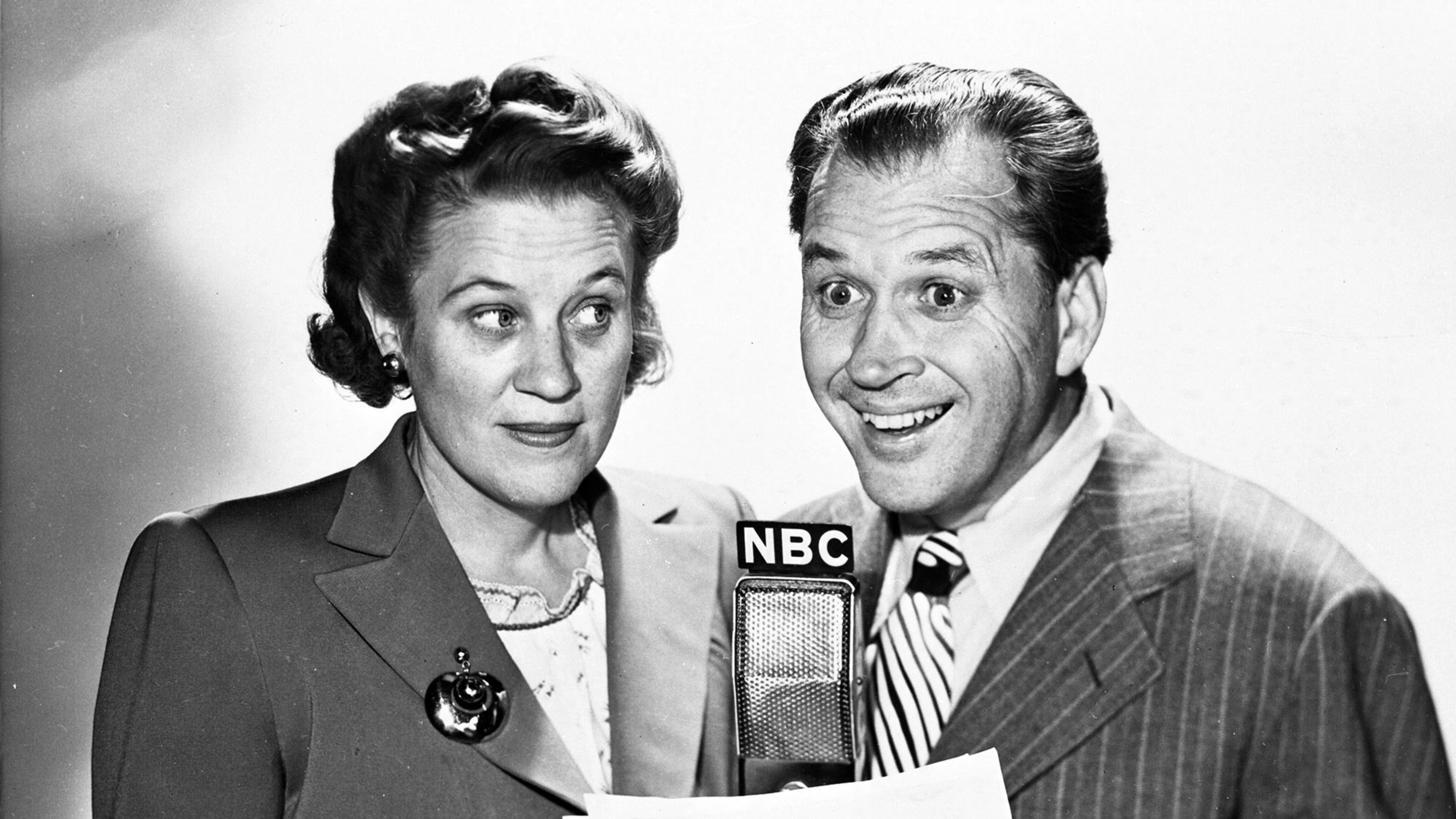
Early television shows were just radio shows with a camera aimed at them. The shows weren't very good, but then we got shows like I Love Lucy. These were the shows that weren't just "radio with a camera," but actually treated this new medium as its own art form, with its own potential.

They were some of the first to capitalize on the power of the new medium, and you can draw a straight line from them to the prestiege TV of today.
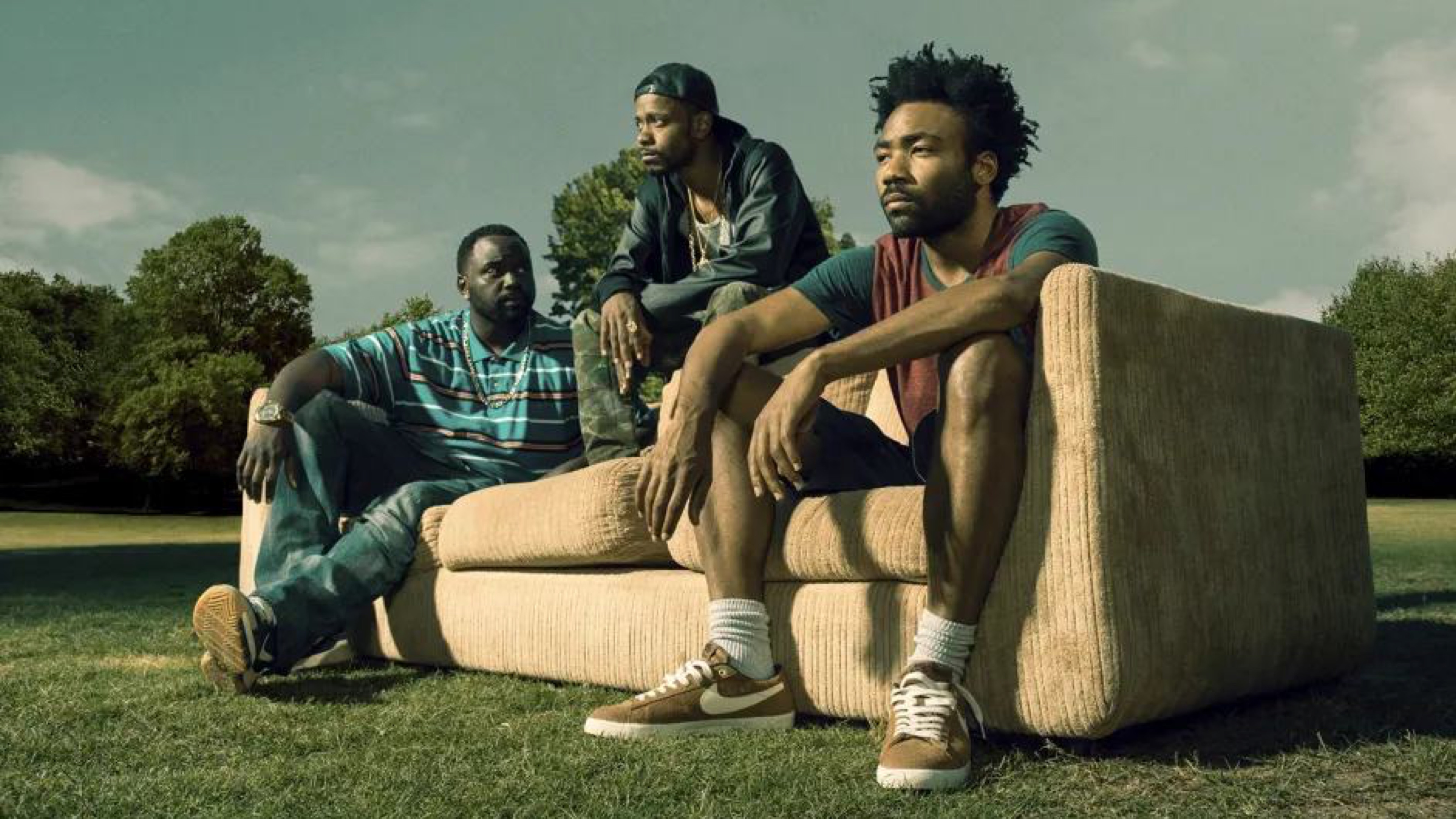
But to get to the great television of today, we first had to go through those early akward experiments of early television shows that didn't understand the medium yet.
And that's where social media is now. Too many people are stuck of thinking of social media like Friendster, MySpace, or 2006 Twitter and Facebook. But all of these features I mentioned are on the cusp of having their own I Love Lucy breakout moments, where we realize "oh, maybe social media doesn't have to suck."
Social media doesn't need to shovel bad content at you, powered by a big faceless black box algorithm run by billionaires. It doesn't need to force everyone to put their best content behind "link in bio!" aggregators for fear of being downvoted. You can follow more people you want, see more sides of them than you could before, sharing genuinely great content with custom algorithms that make sure the signal to noise ratio is immaculate. And, again, these are features that are already shipping and already exist. These are not pie-in-the-sky ideas I came up with. I'm just reporting back what I'm seeing people work on.
Now, I'm going to leave you with a story, and a challenge. I am going to share a story in a series of images. It's very optimistic story. Some might even call it utopian or unrealistic. But I am appealing to your cynicism. I want you to help me identify the moment in this story where I get unrealistic. Where I assume that human nature isn't disappointing, or where I claim that capitalism is going to be replaced by the barter system. Where I claim that Zuckerberg donates all his money to charity or the average user learns how to how their own Mastodon servers. That slide never comes.
The story gets more and more interesting, and paints more and more of a future I want to see. But it's not utopian. It's deeply realistic and pragmatic, which means it's much more likely to actually happen. So let's read through it.
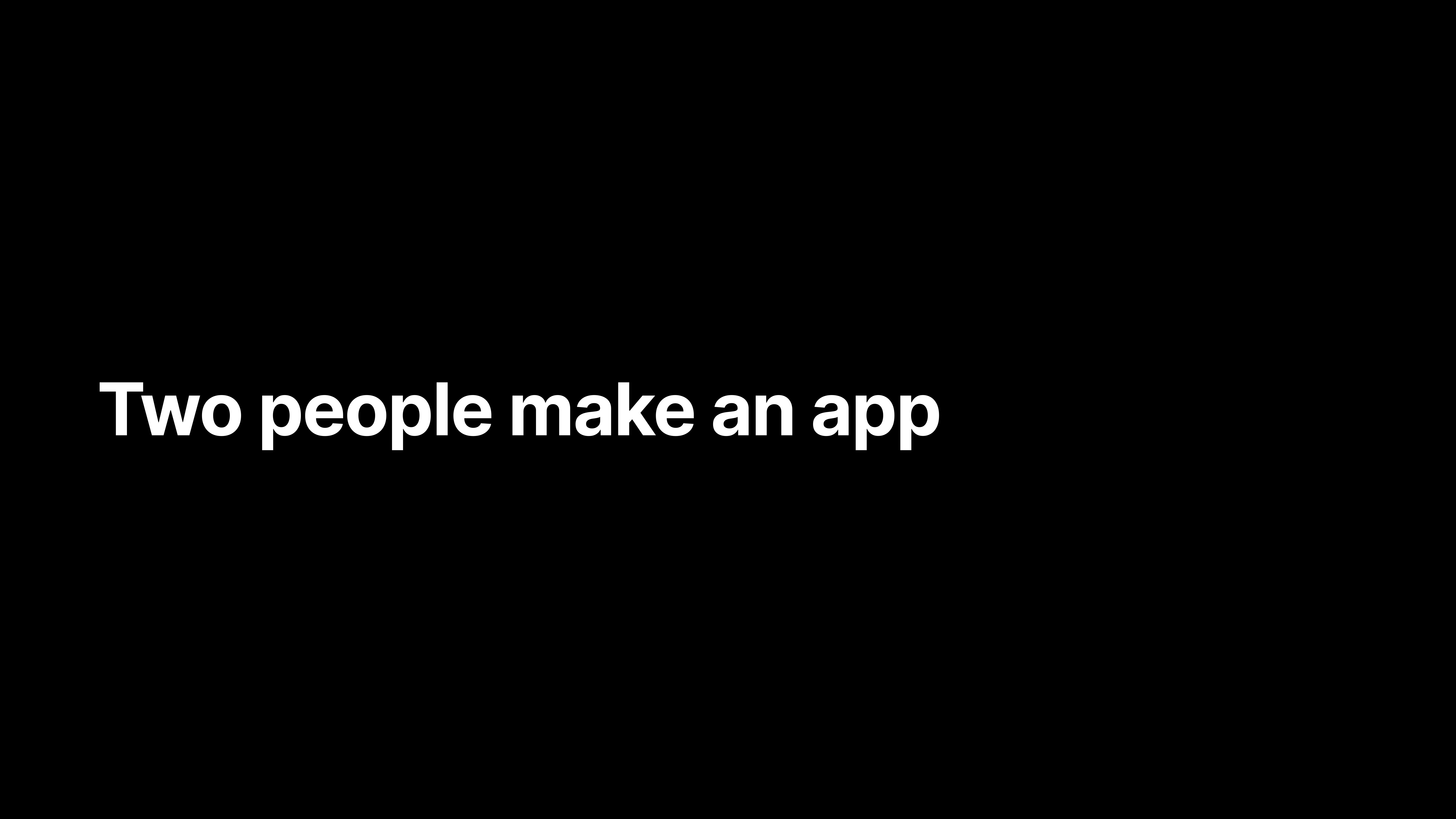
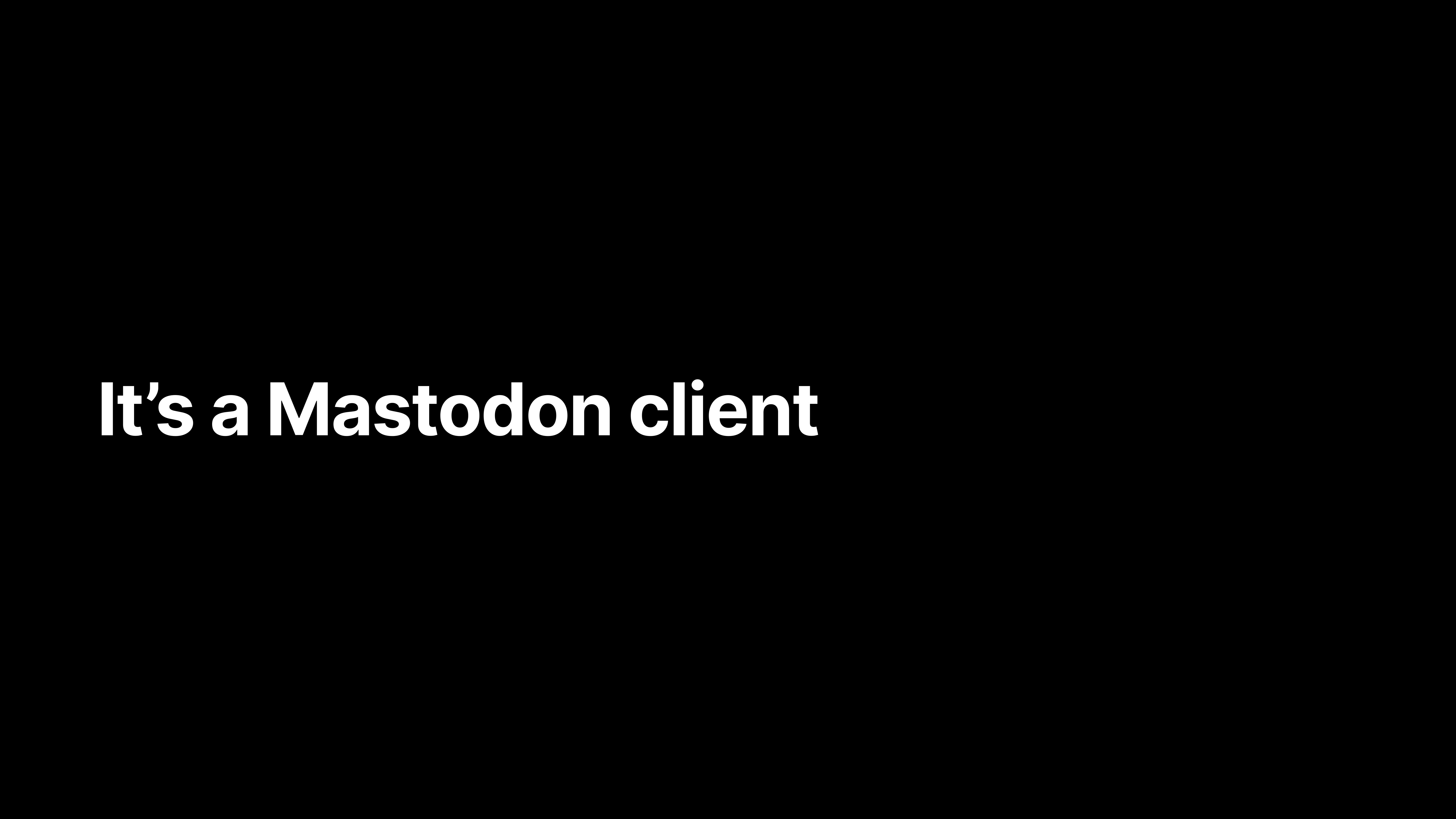
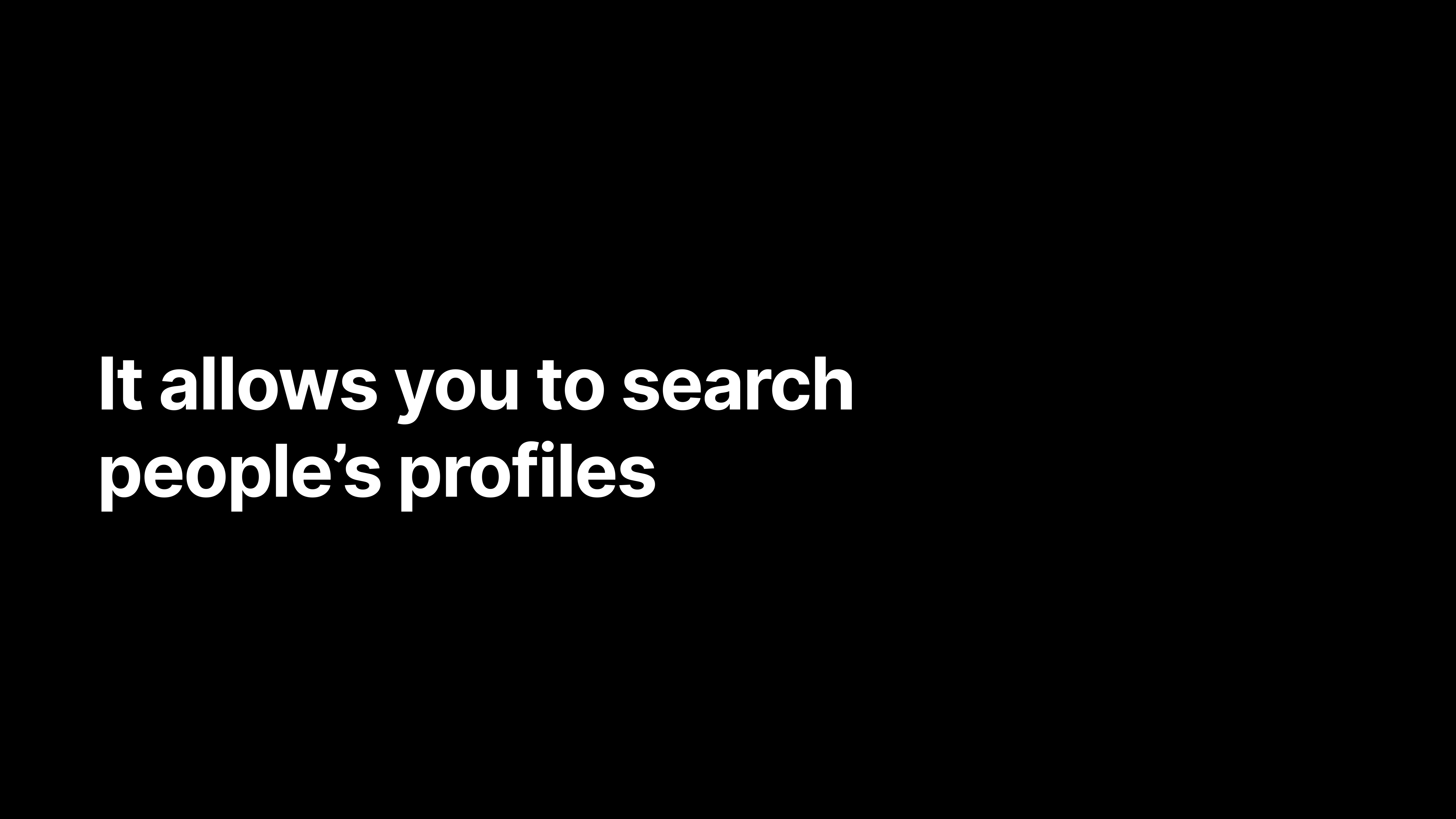
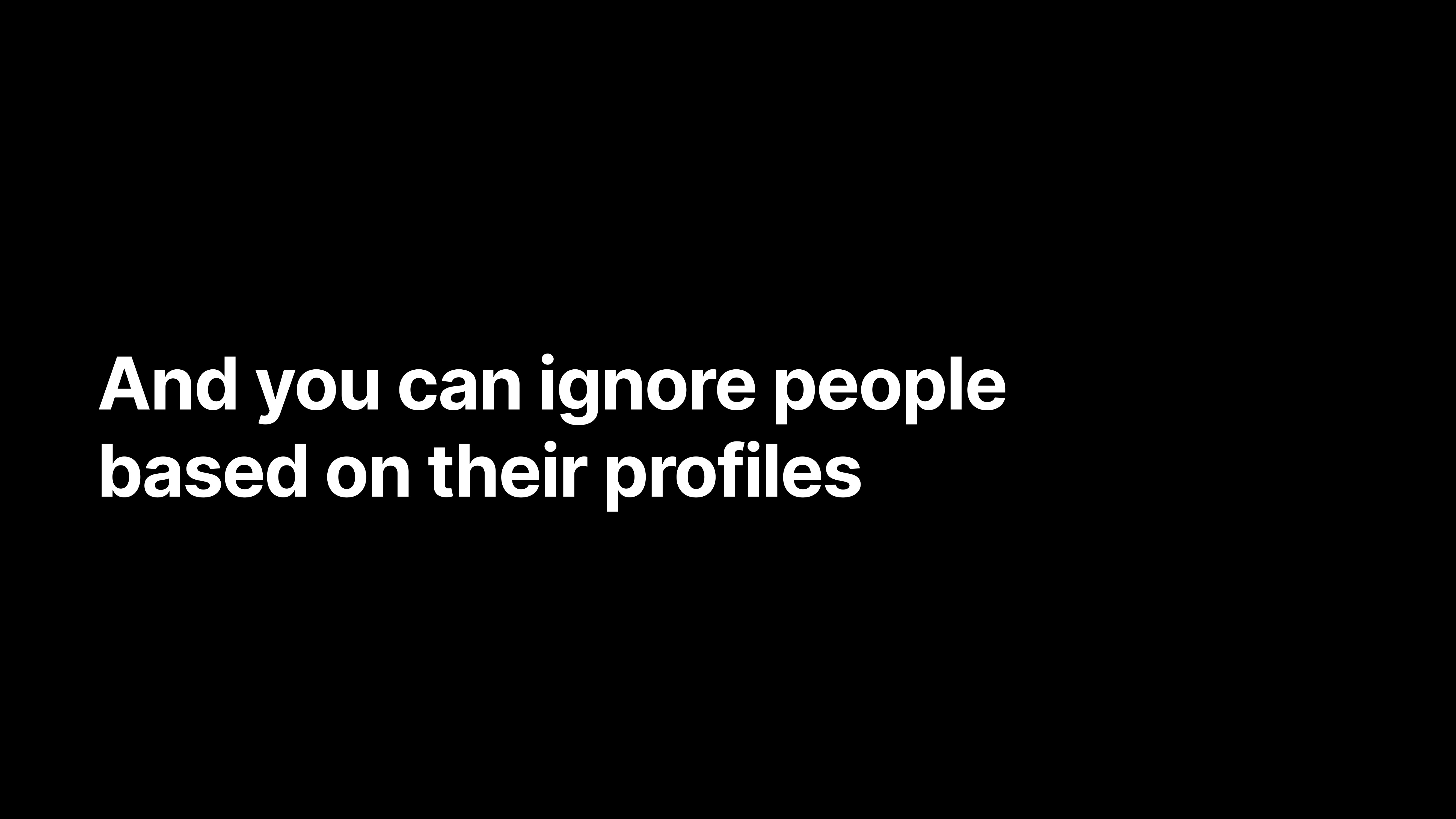
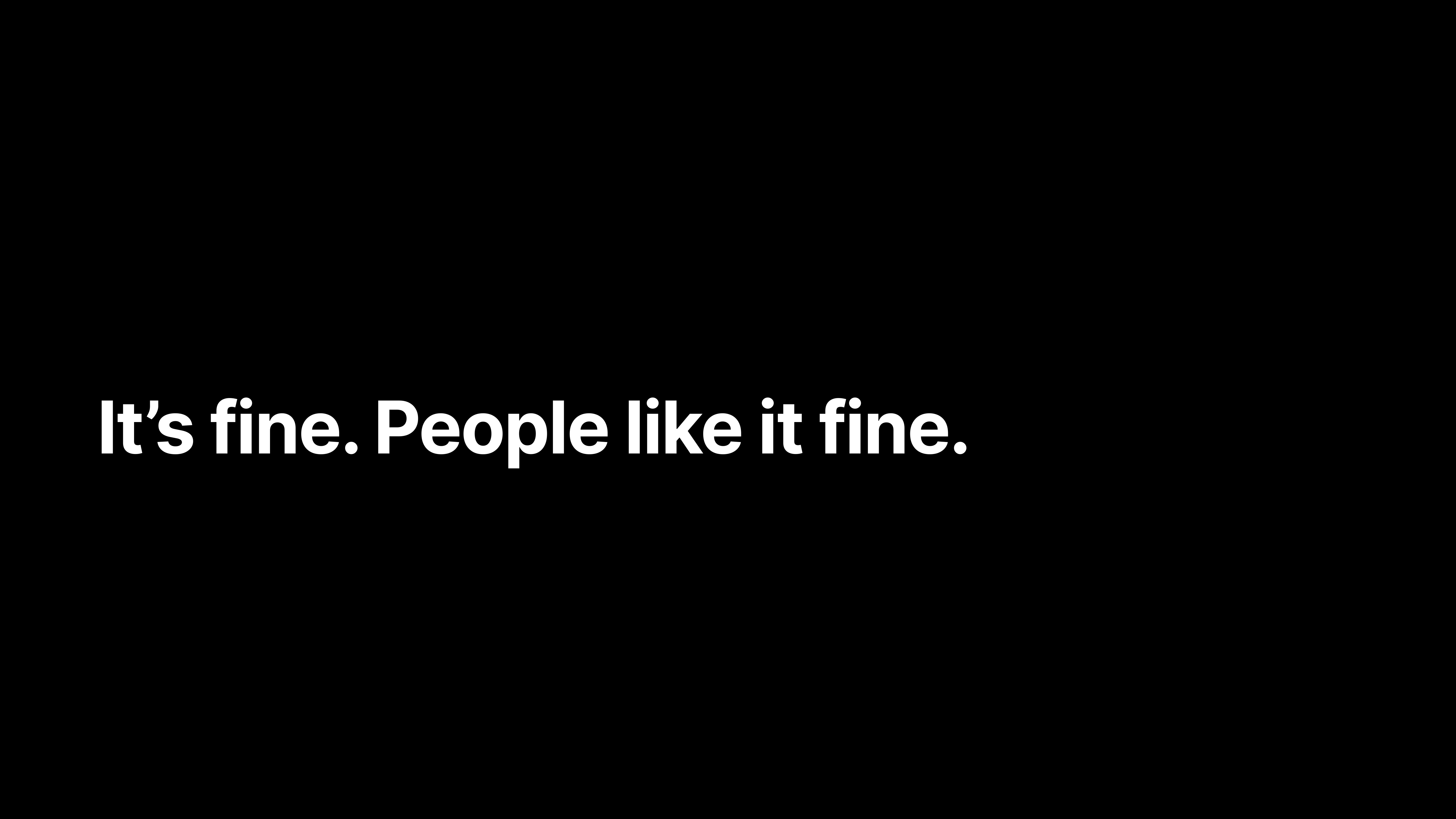
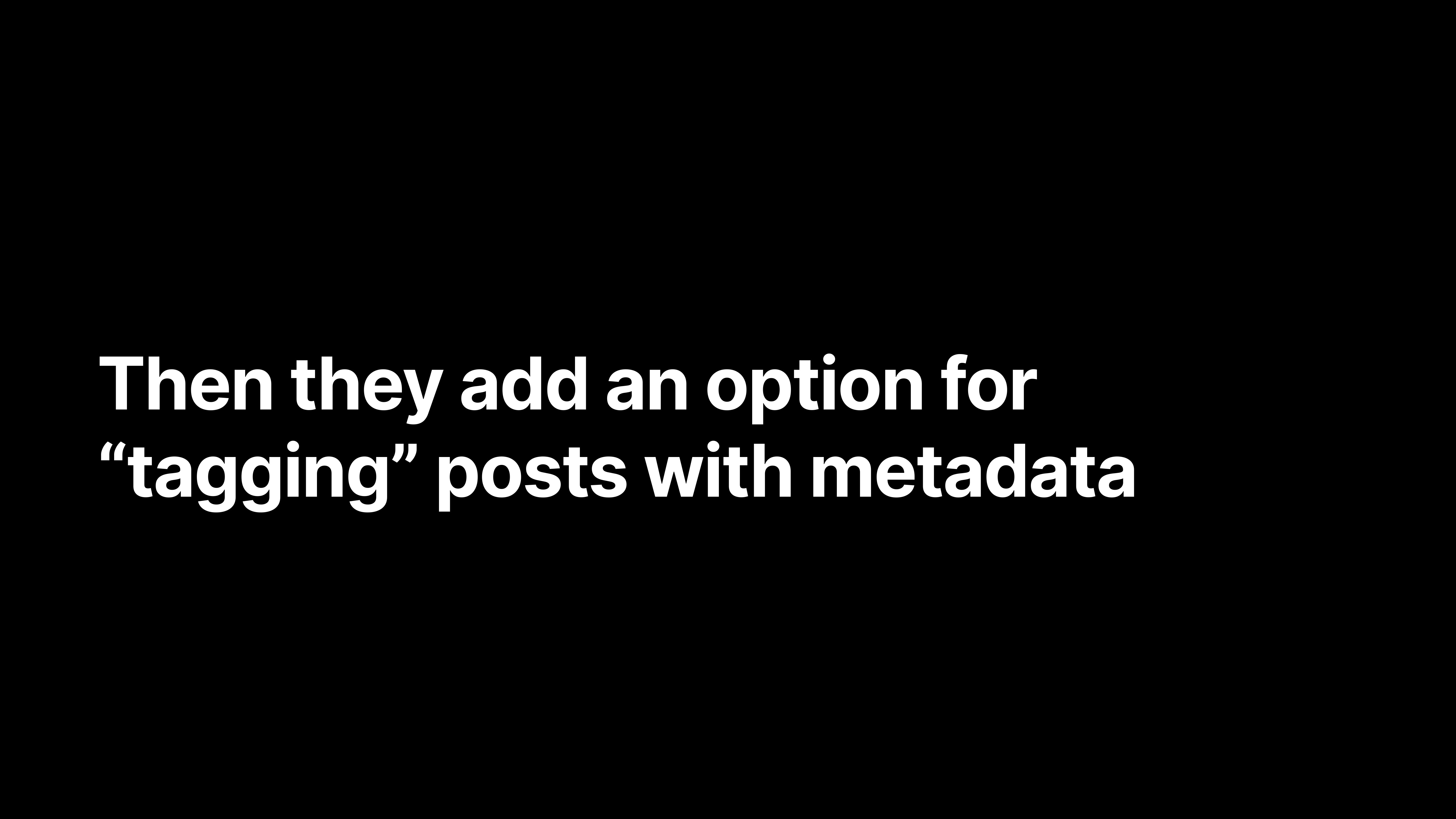
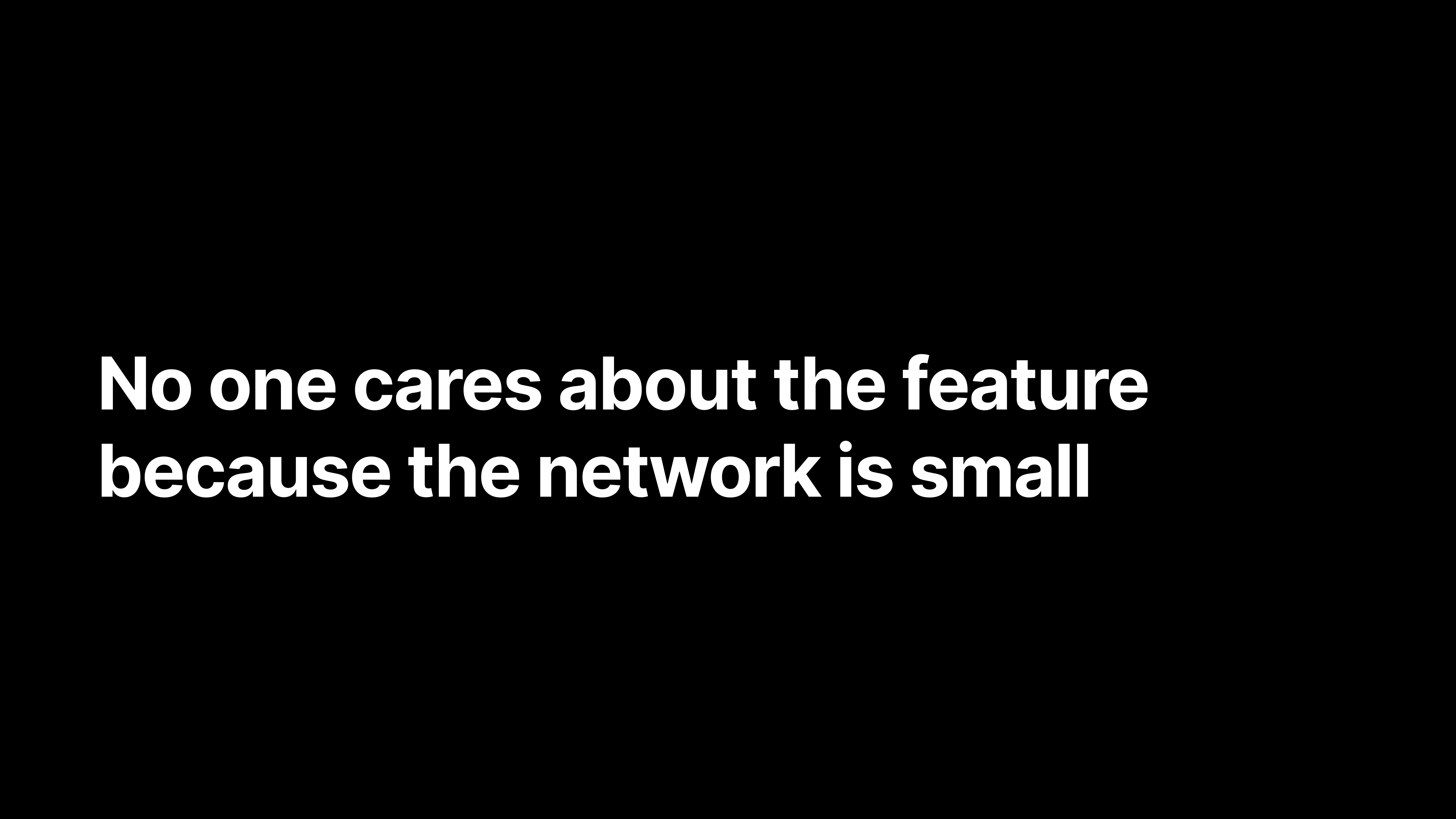
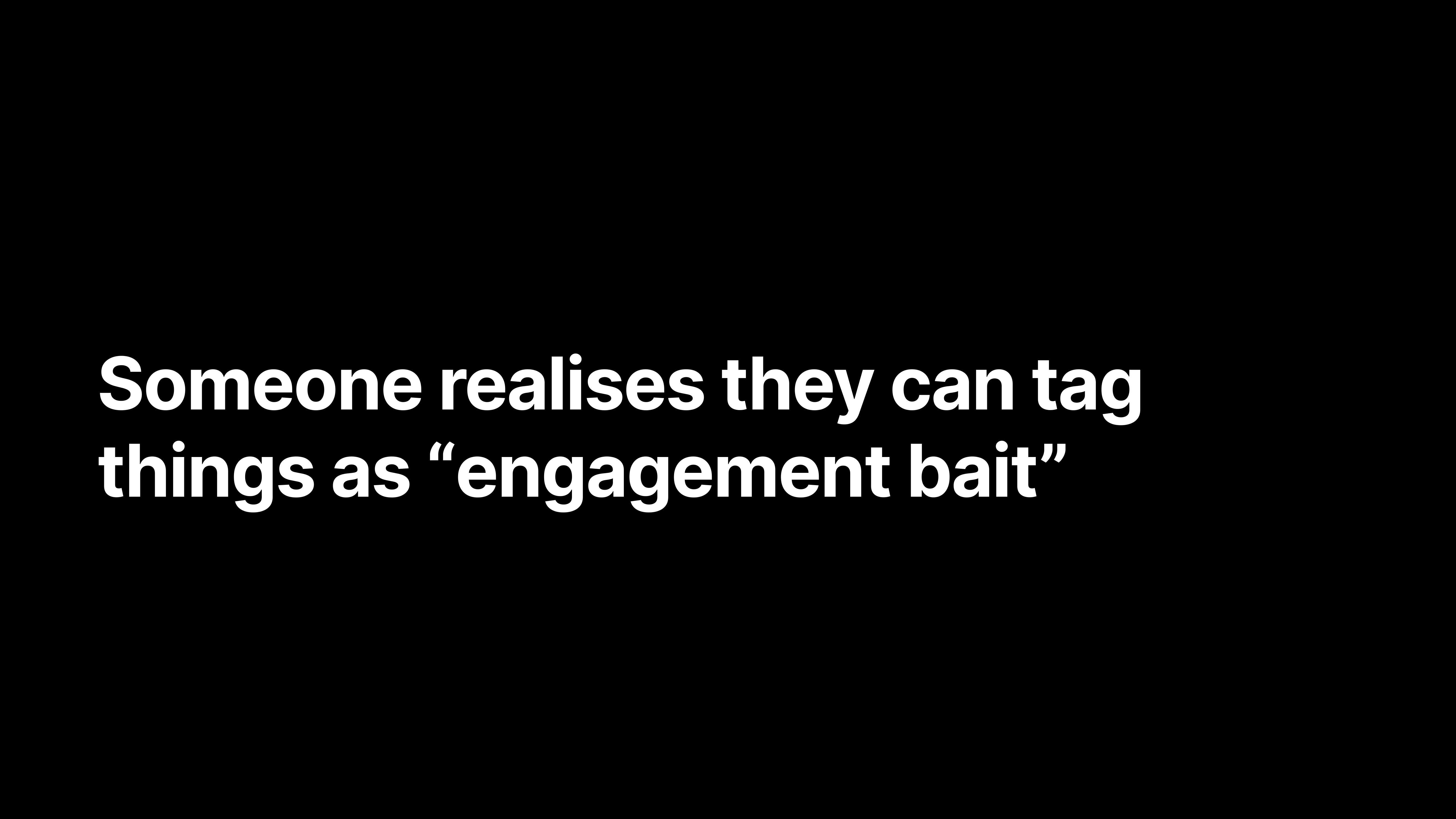
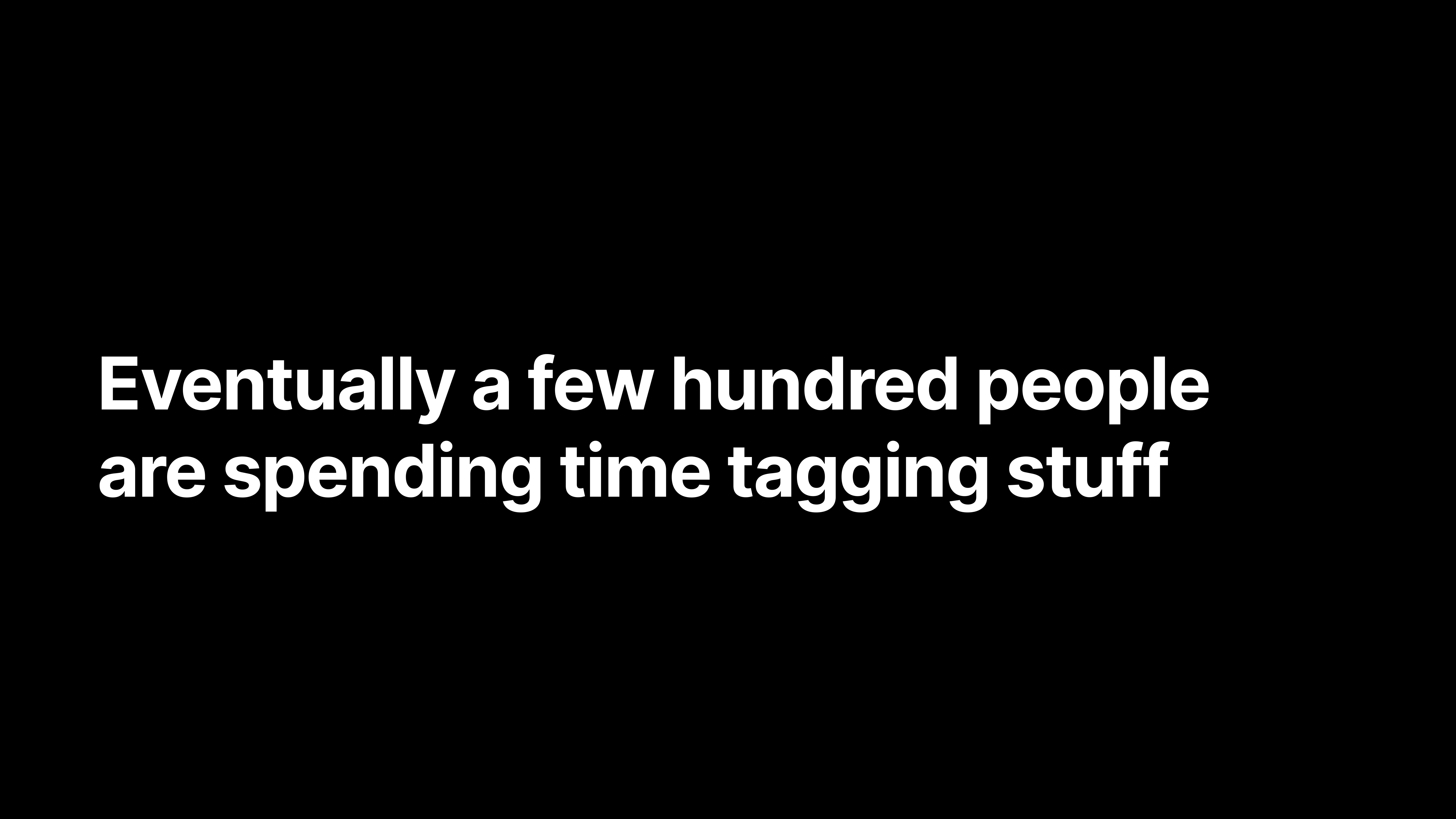
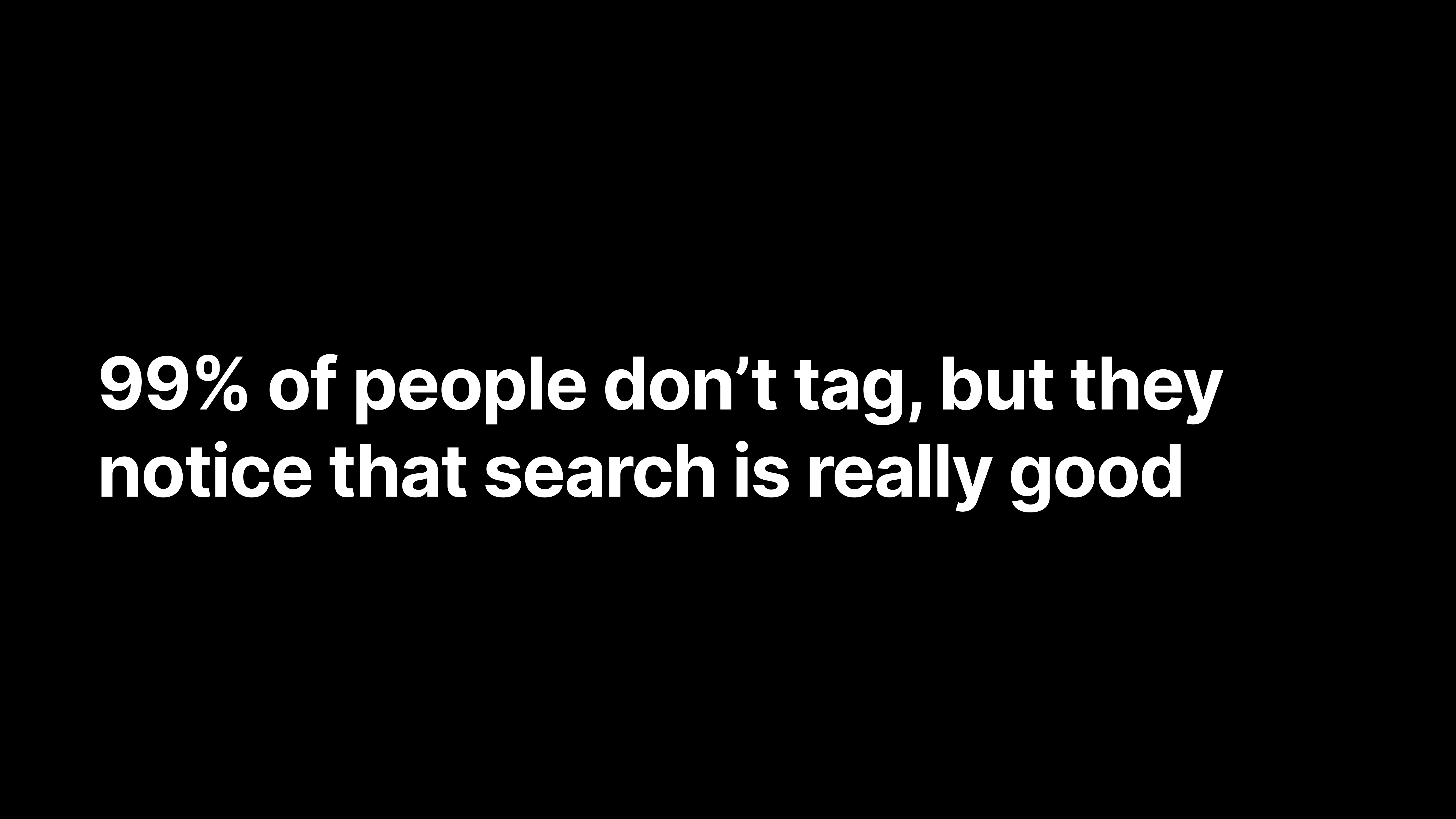
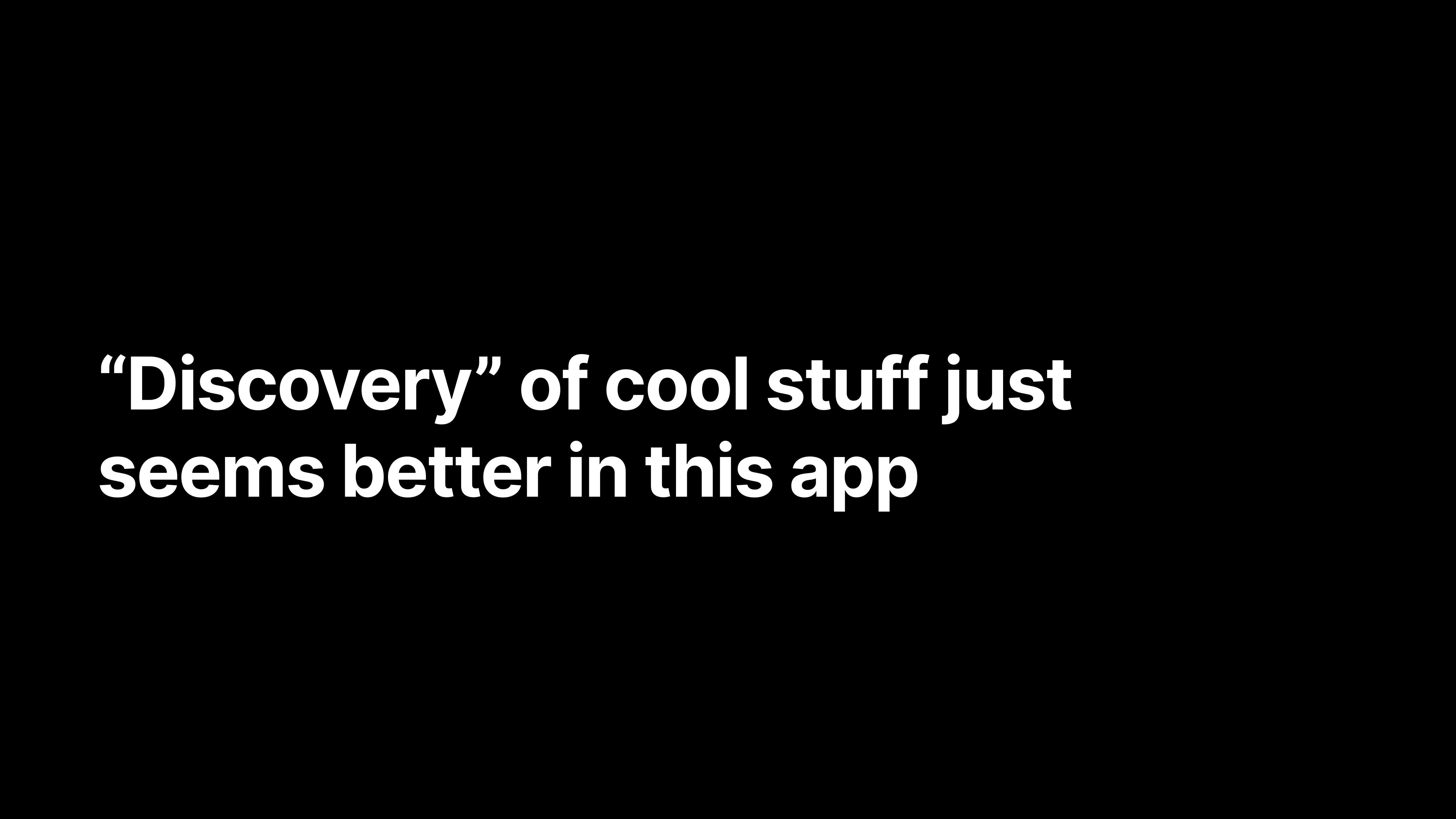
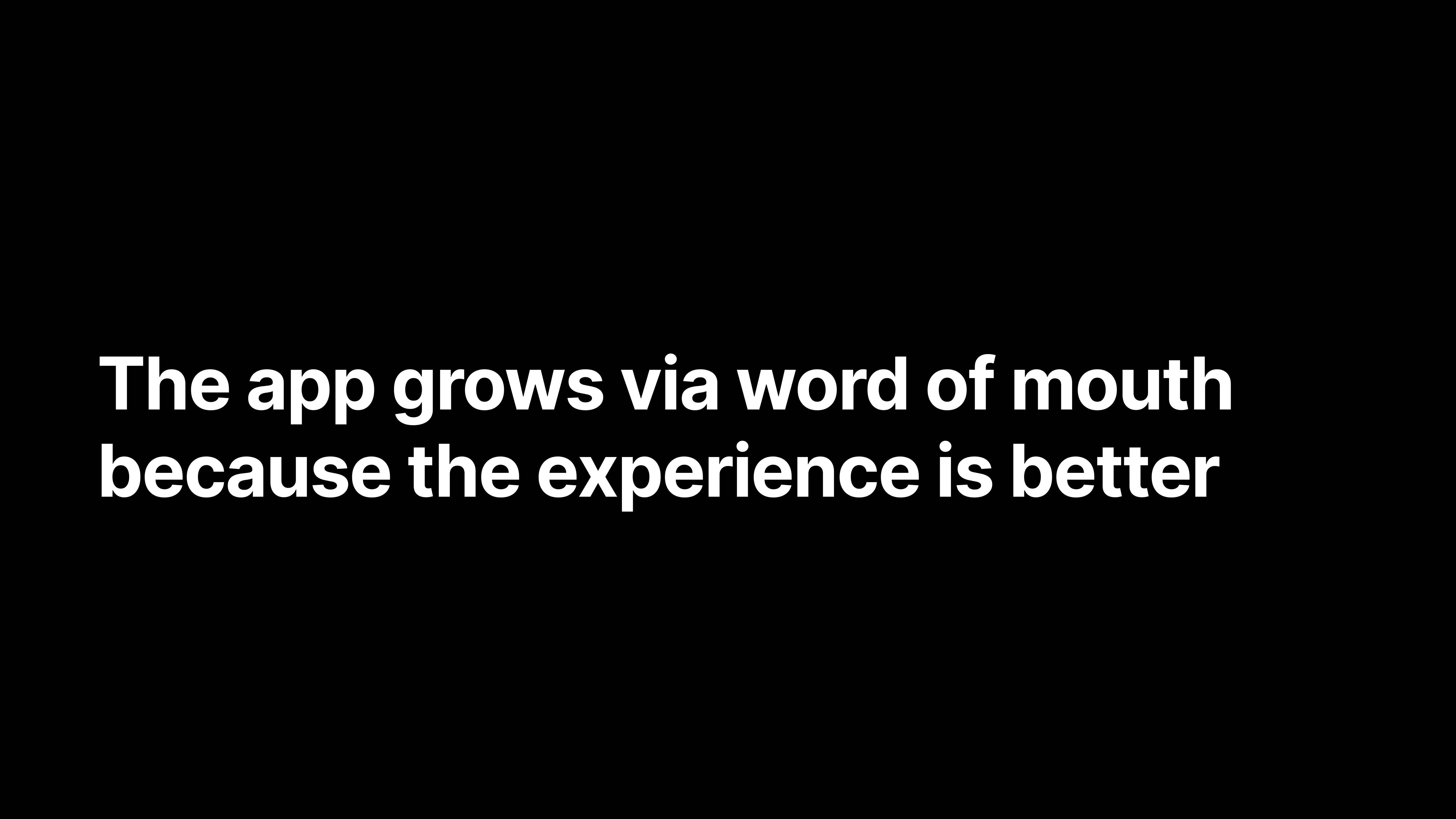
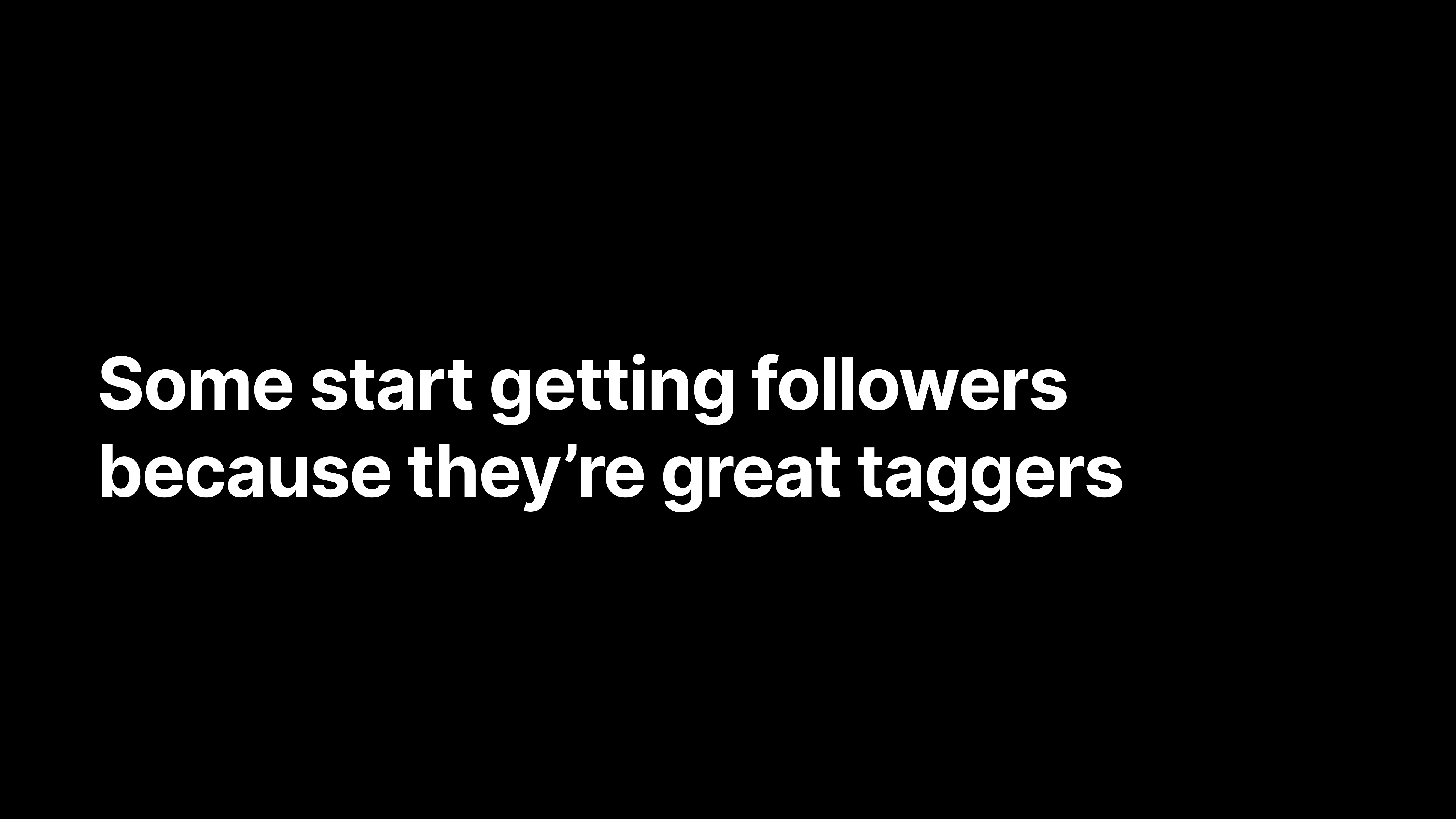
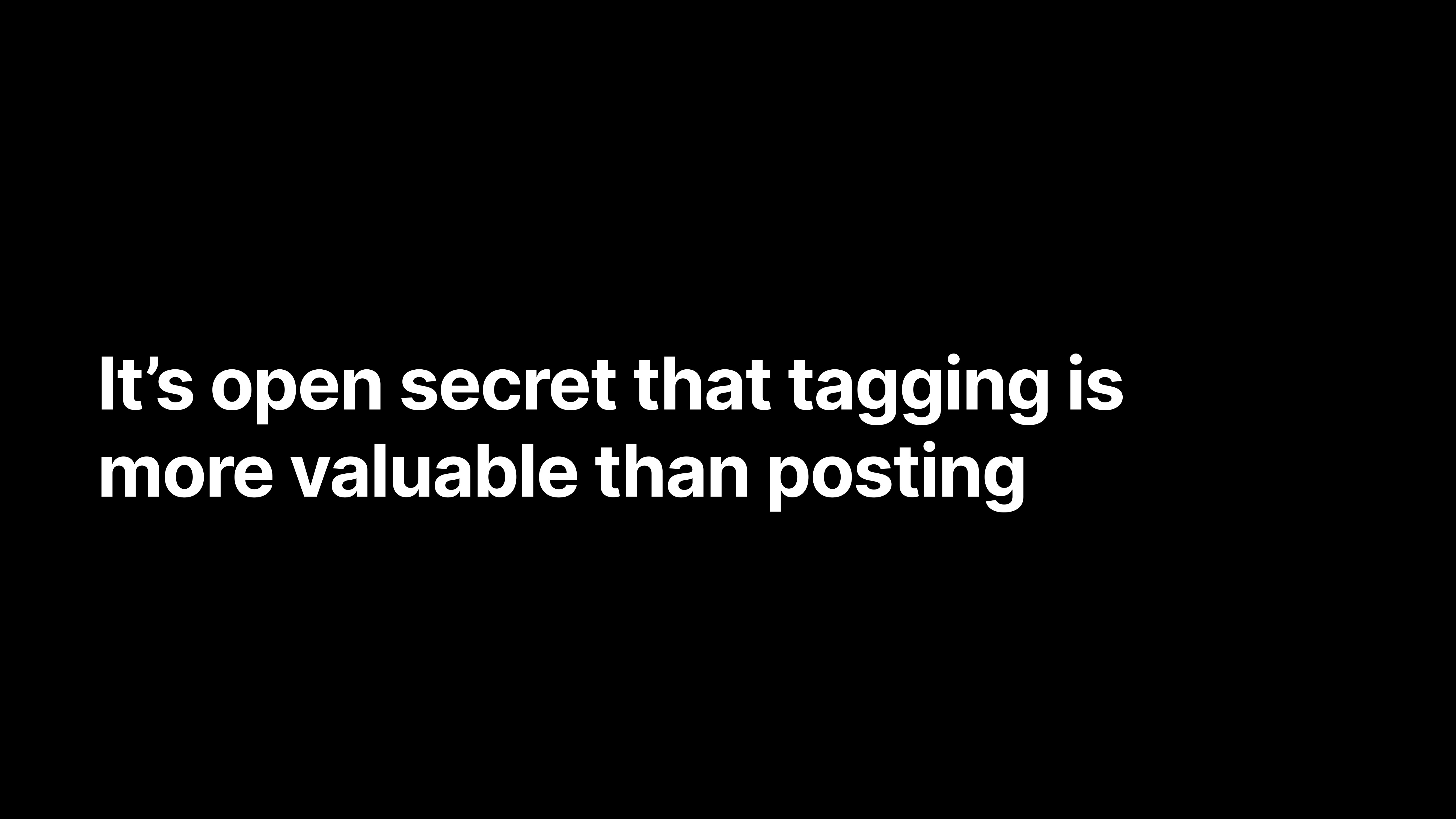
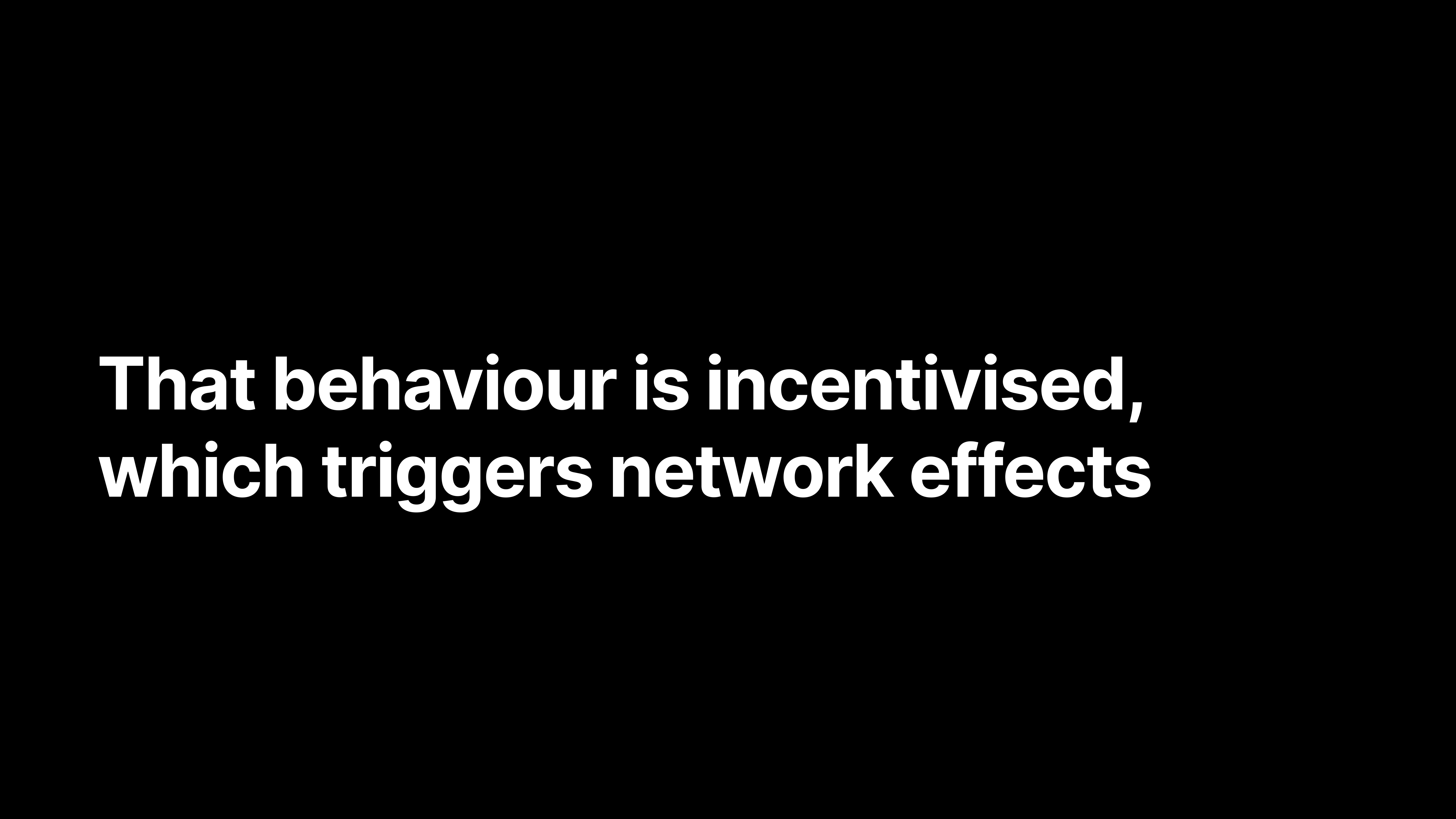
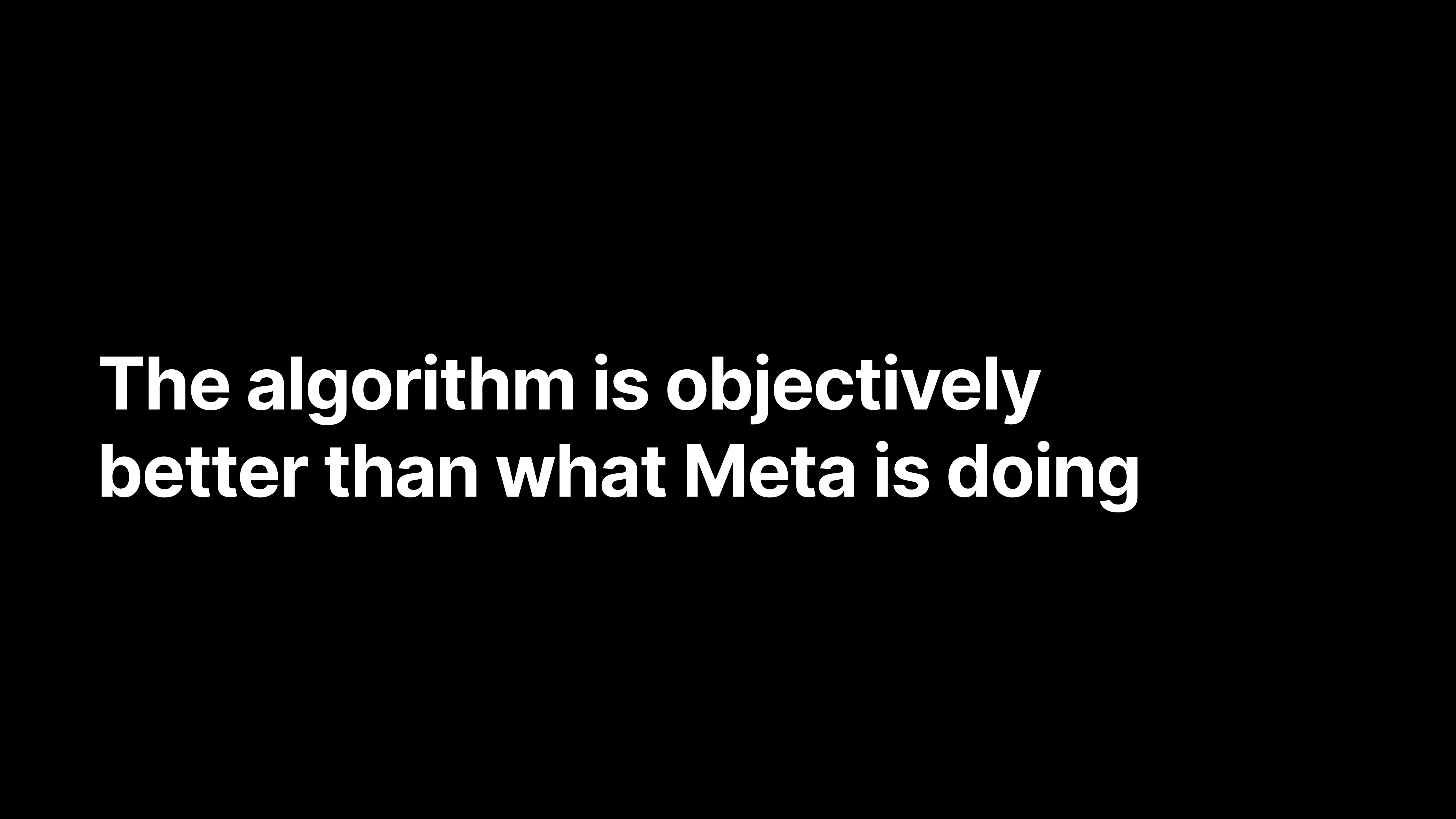
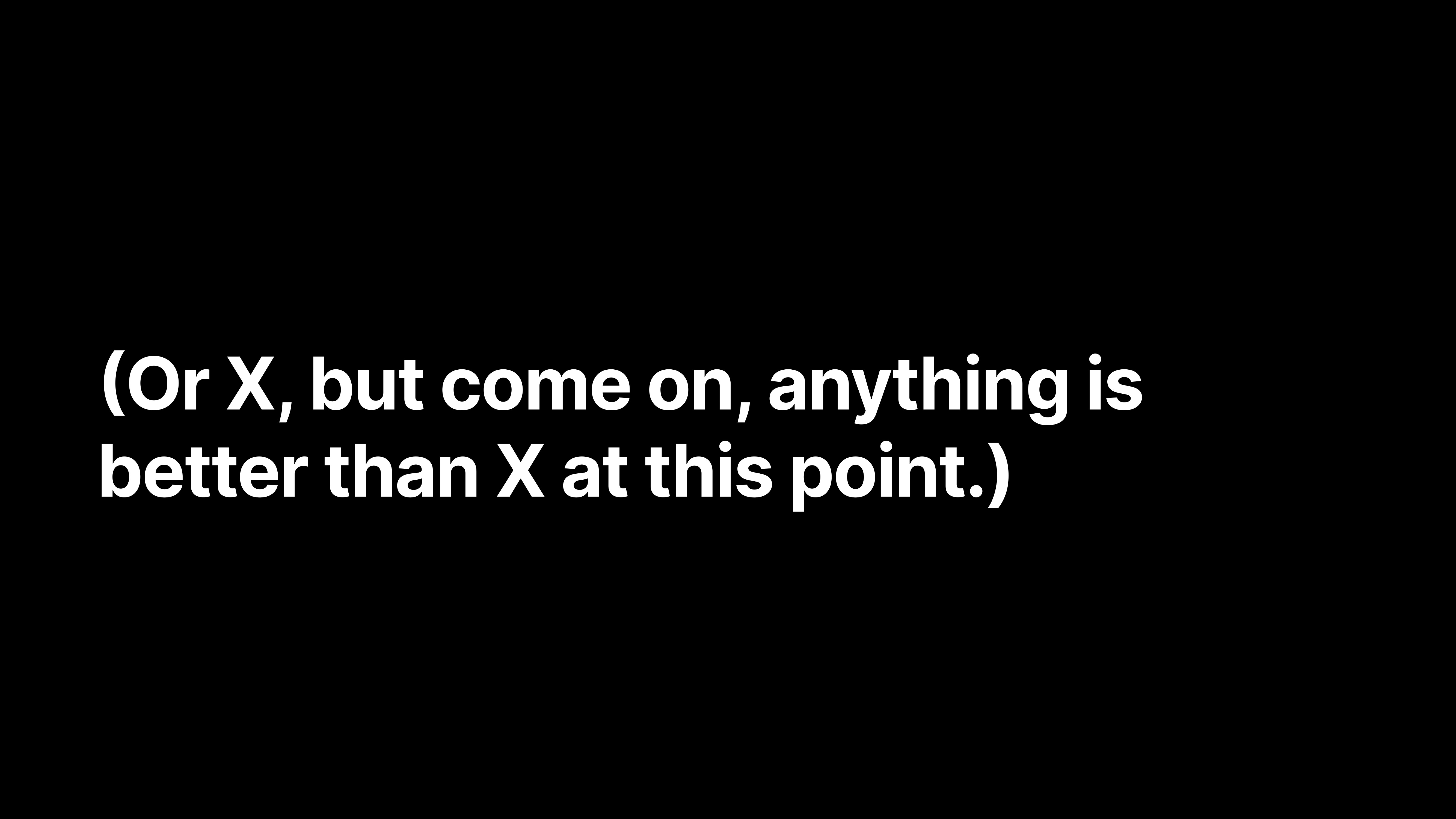
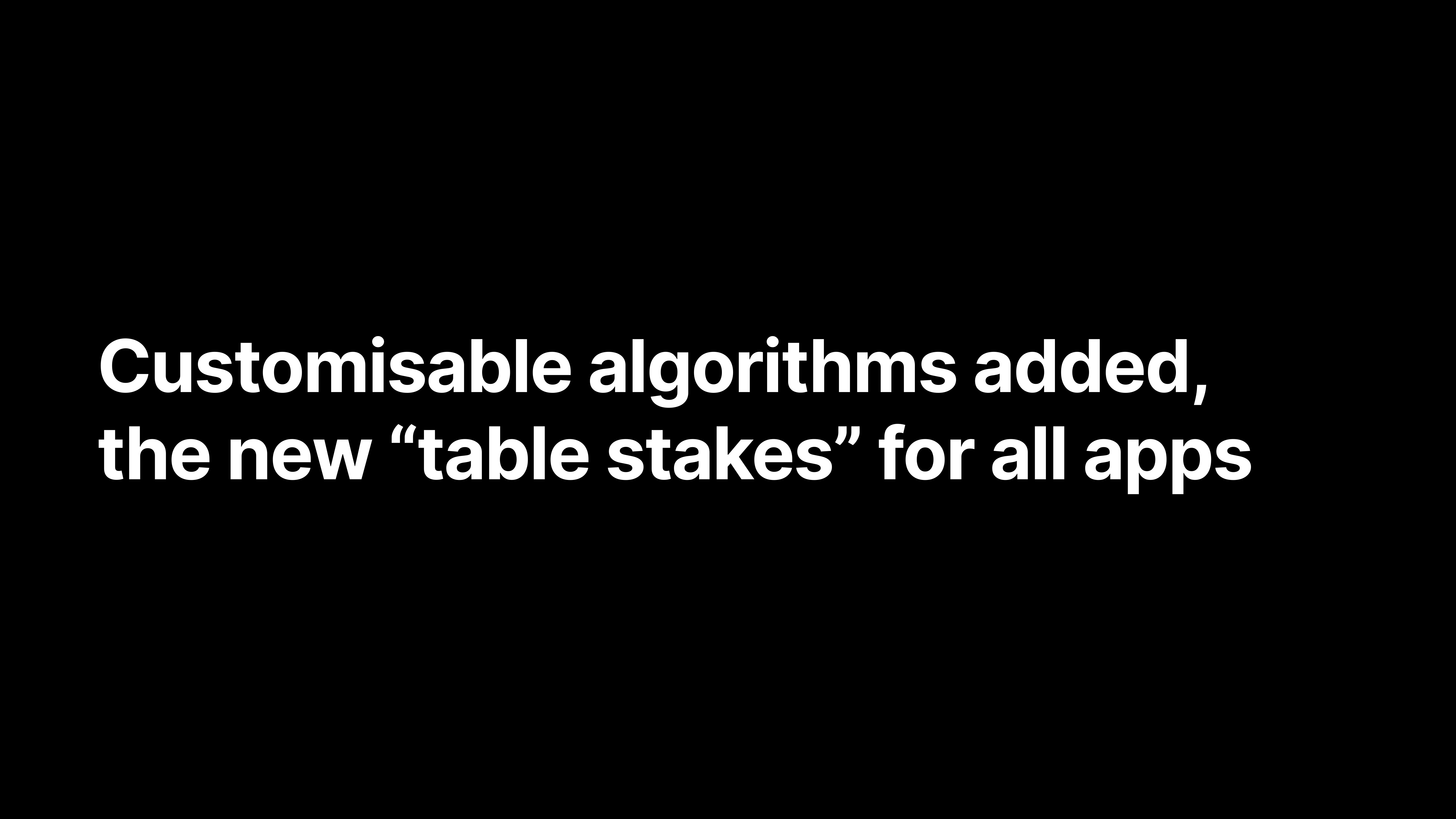
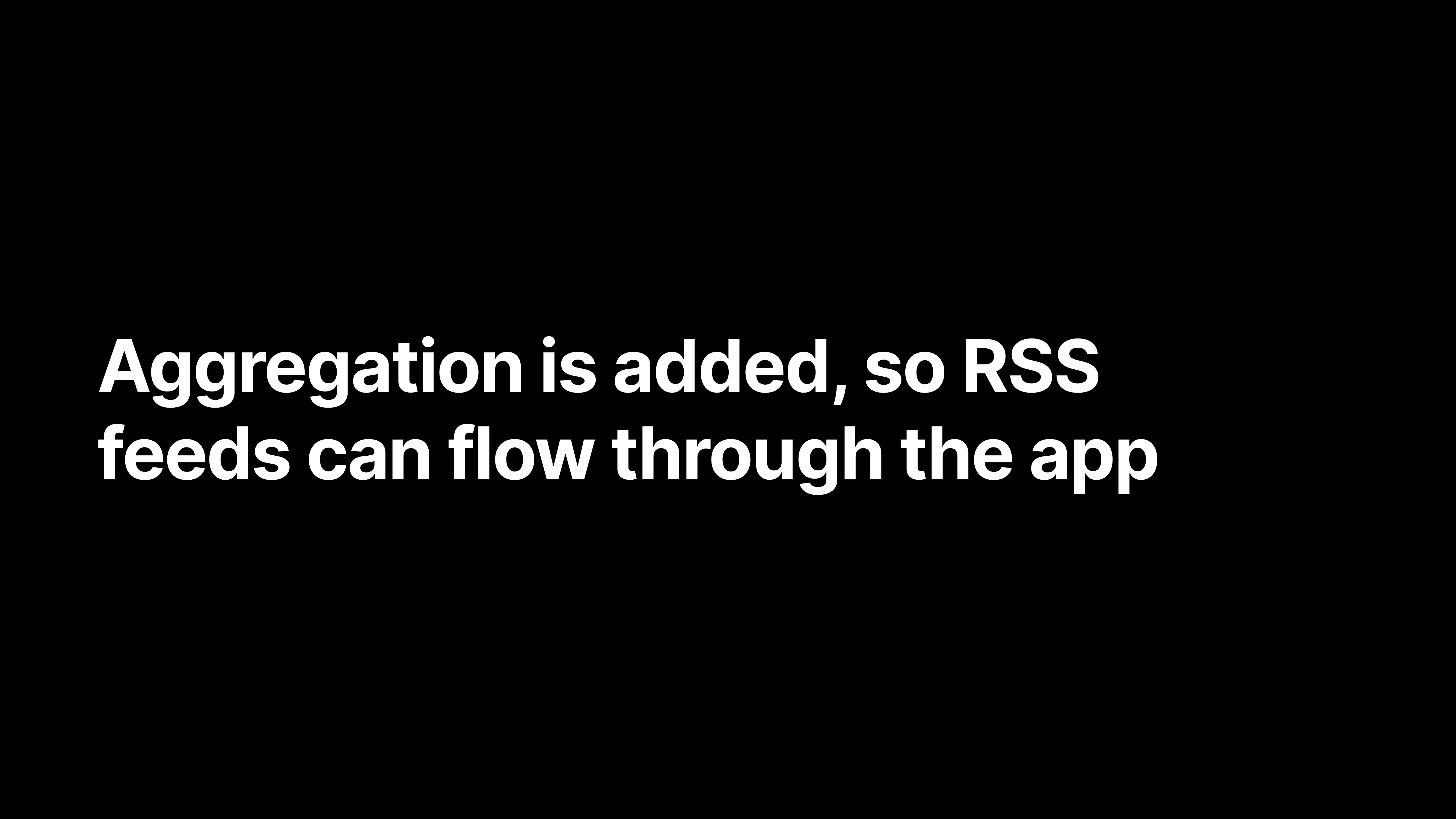
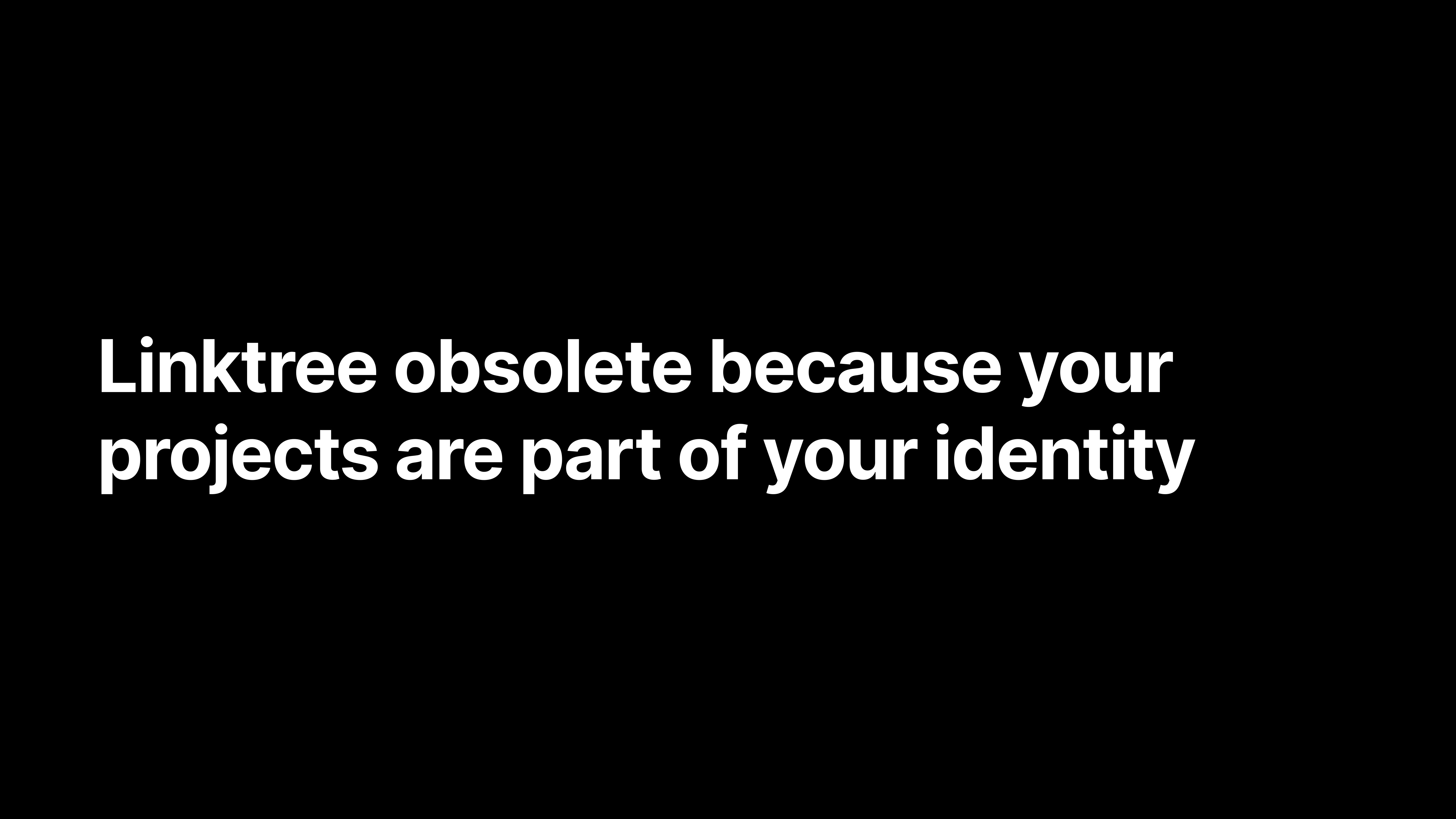
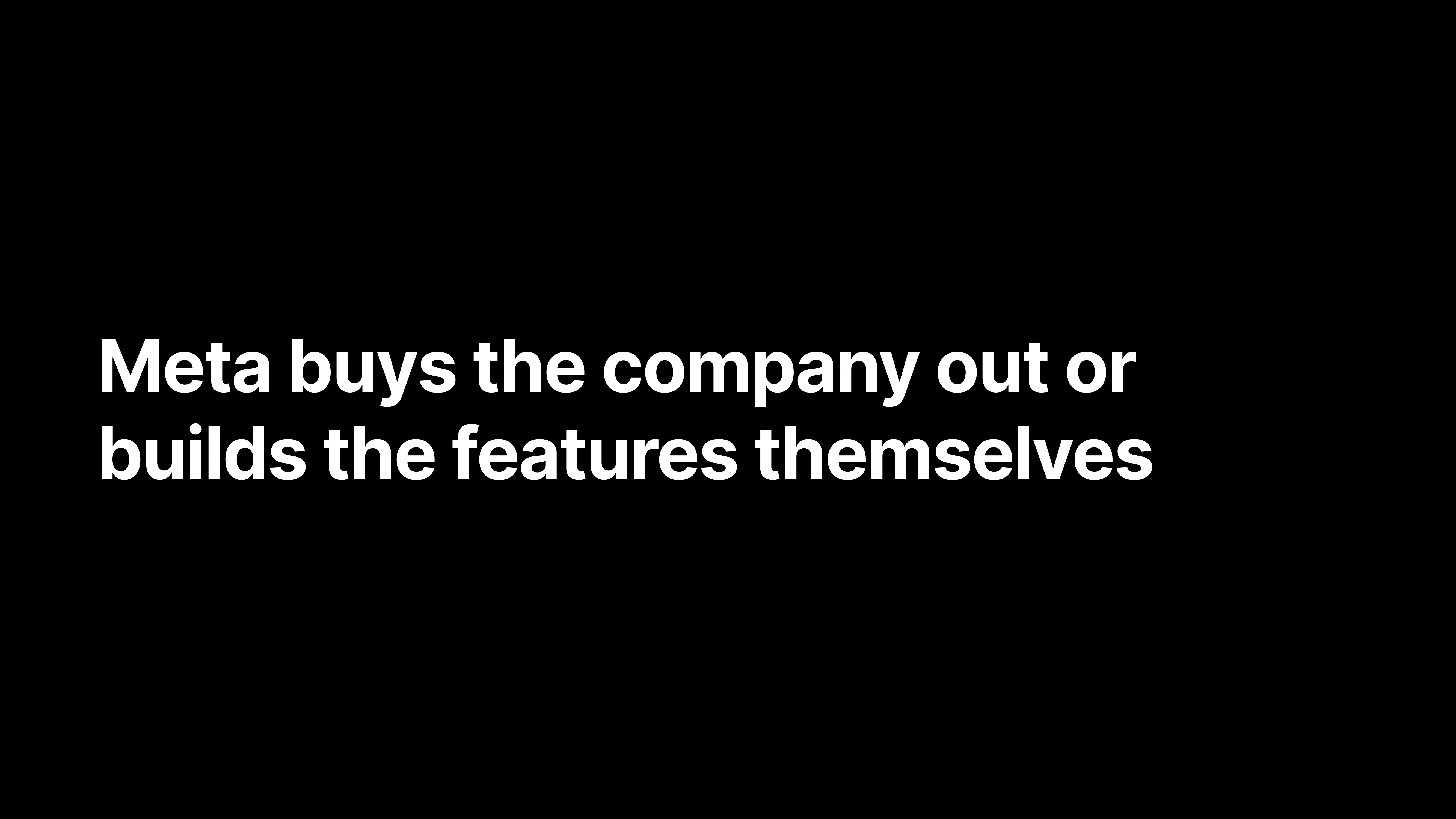
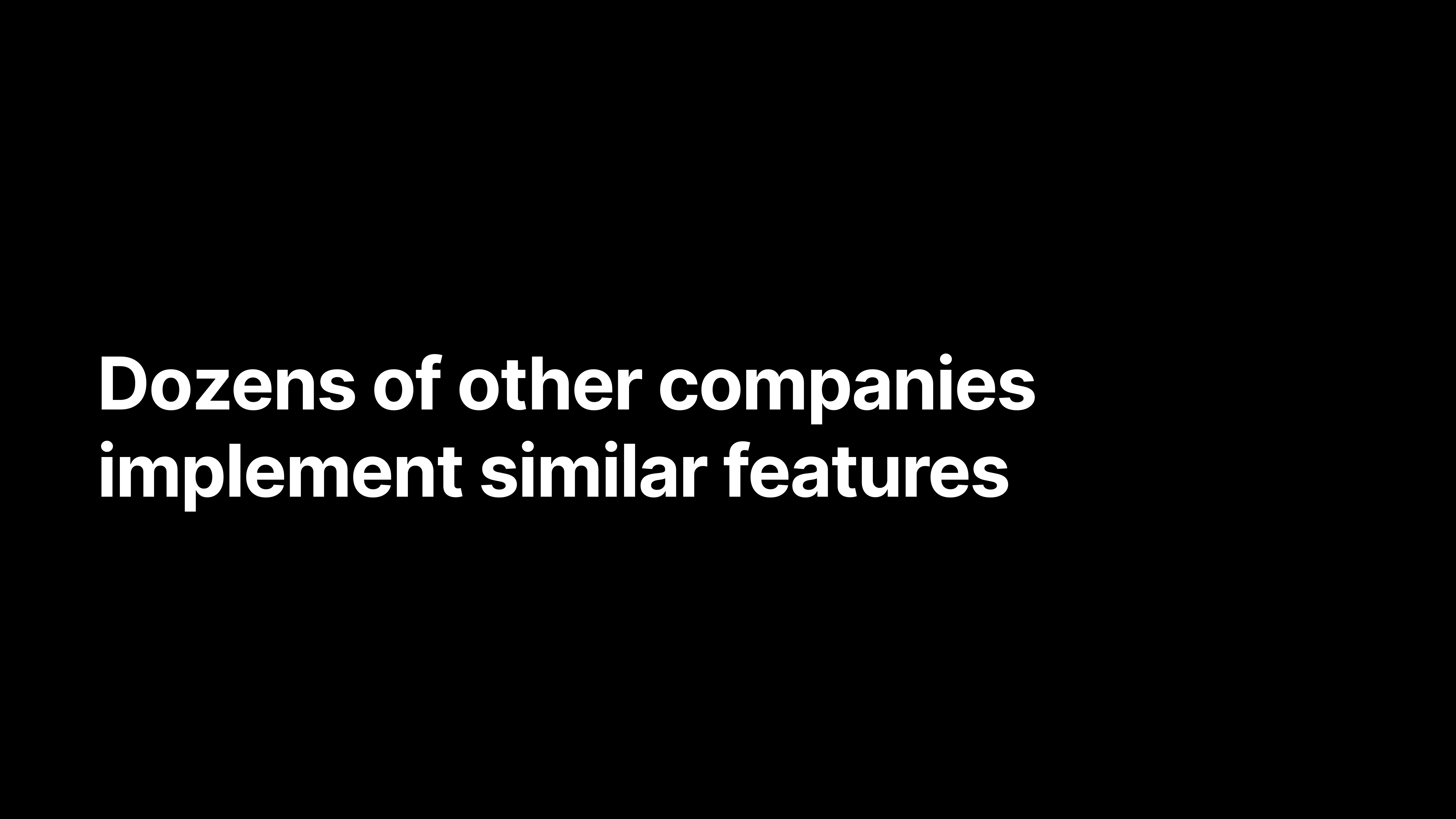
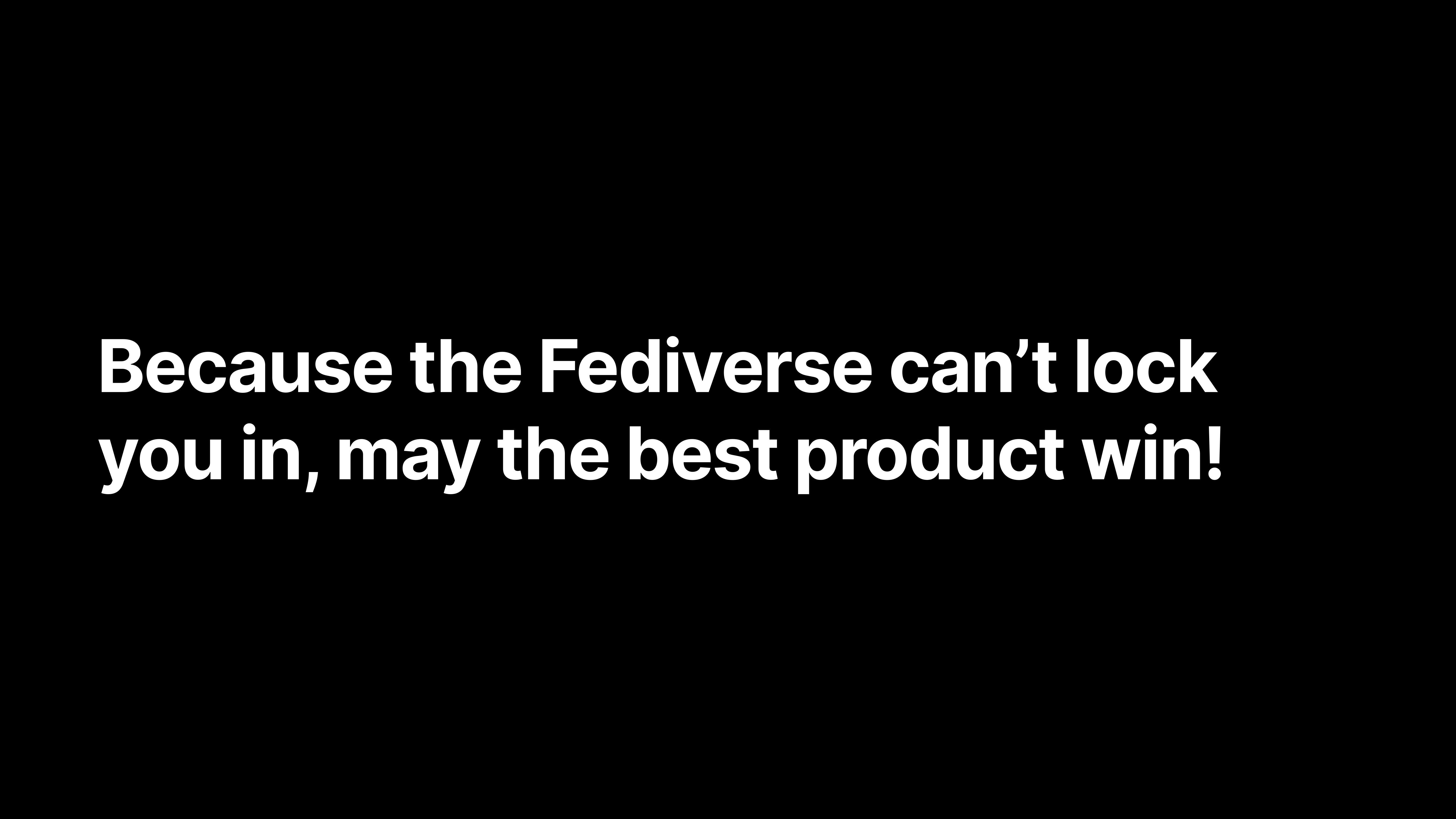
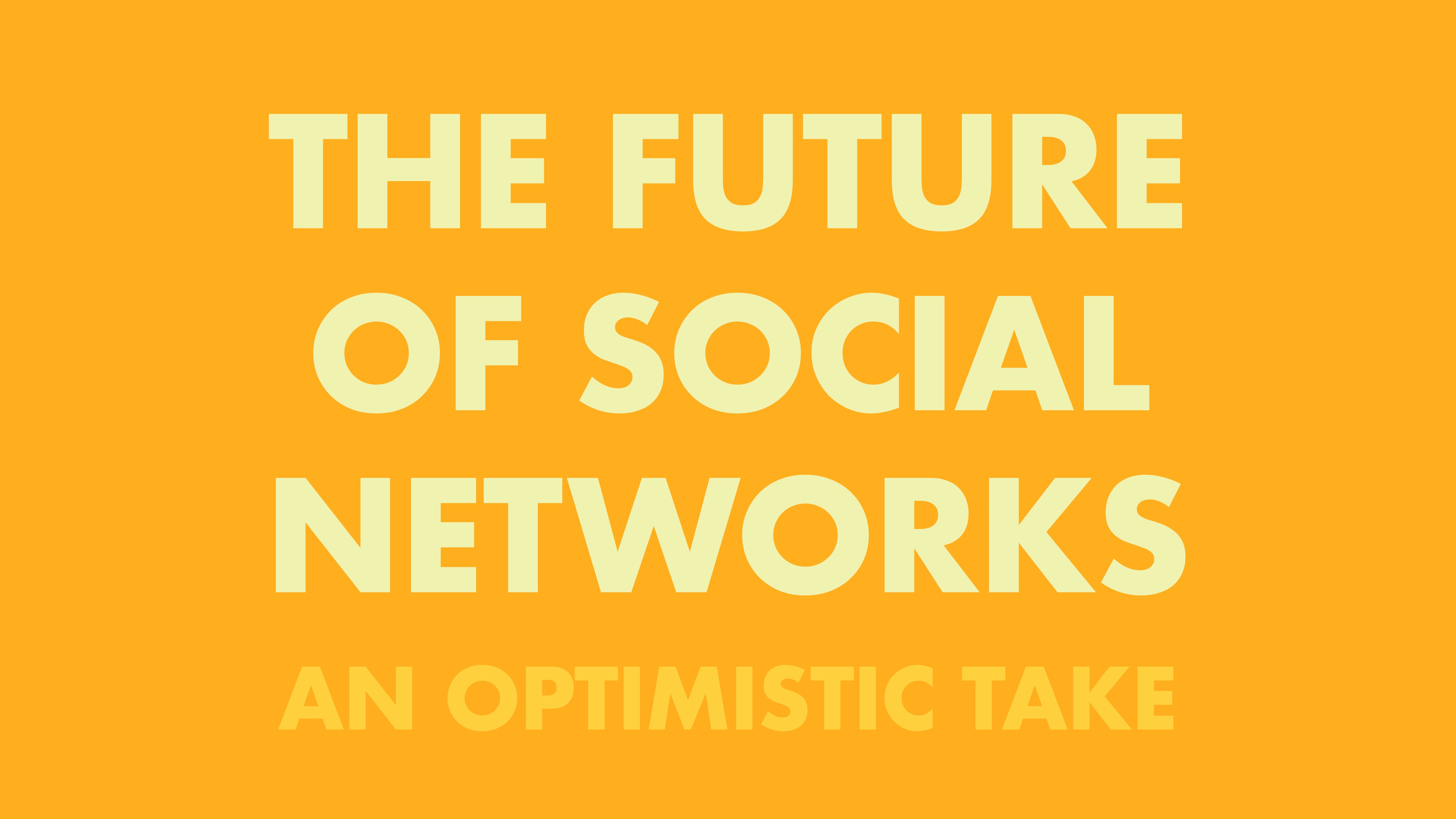
And that is why I'm very optimistic about the future of social networks.
Thanks very much for reading!
jb@lot23.com